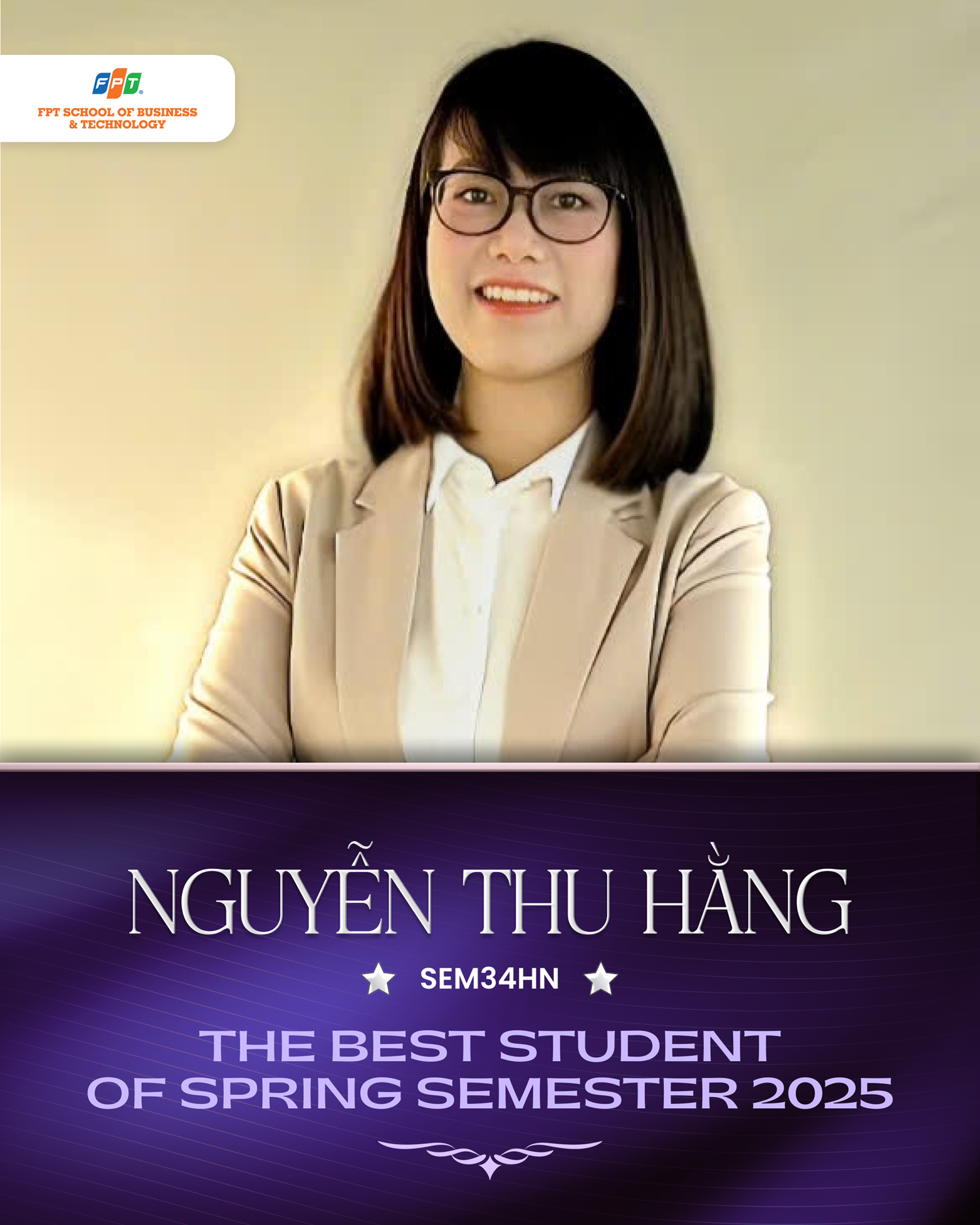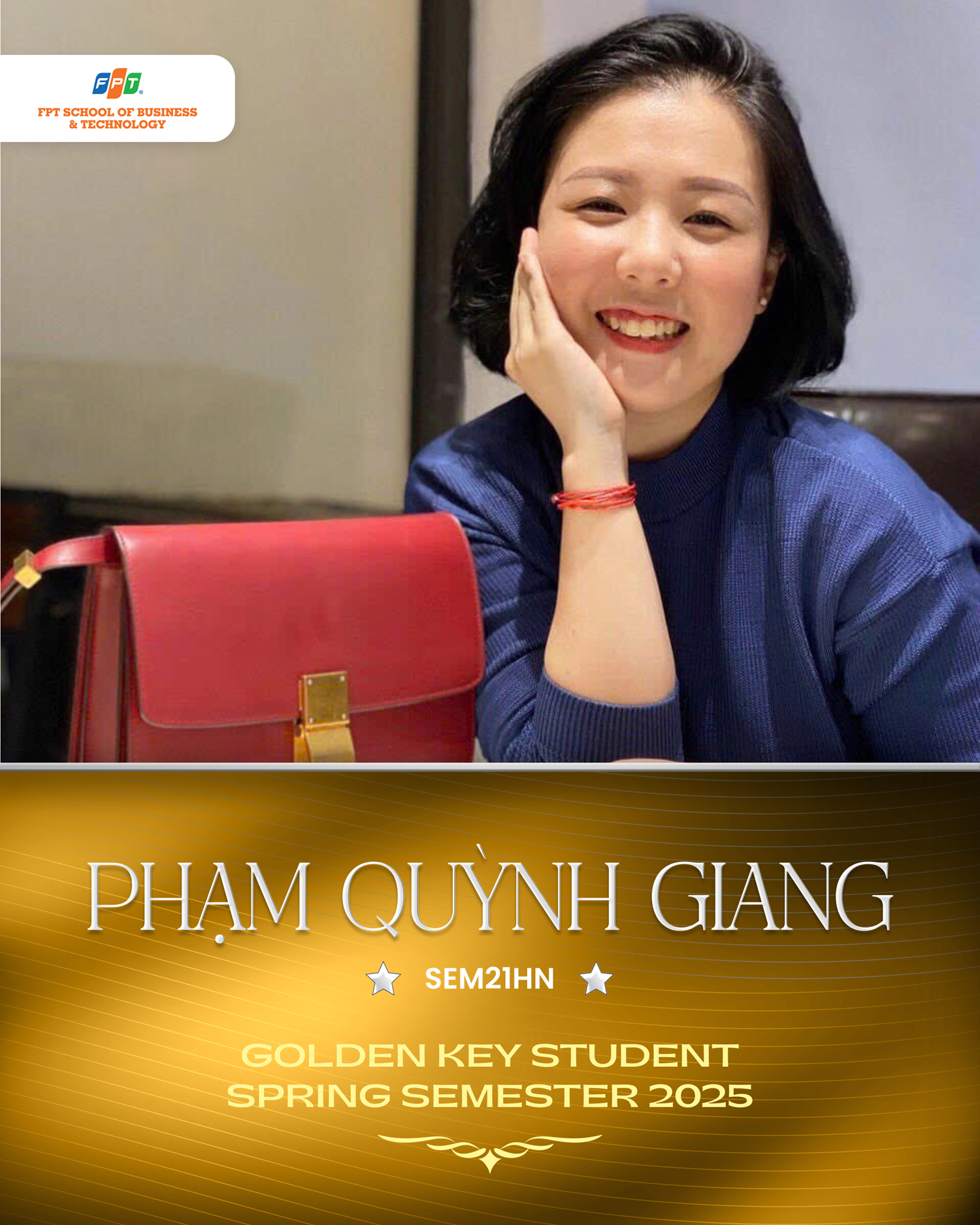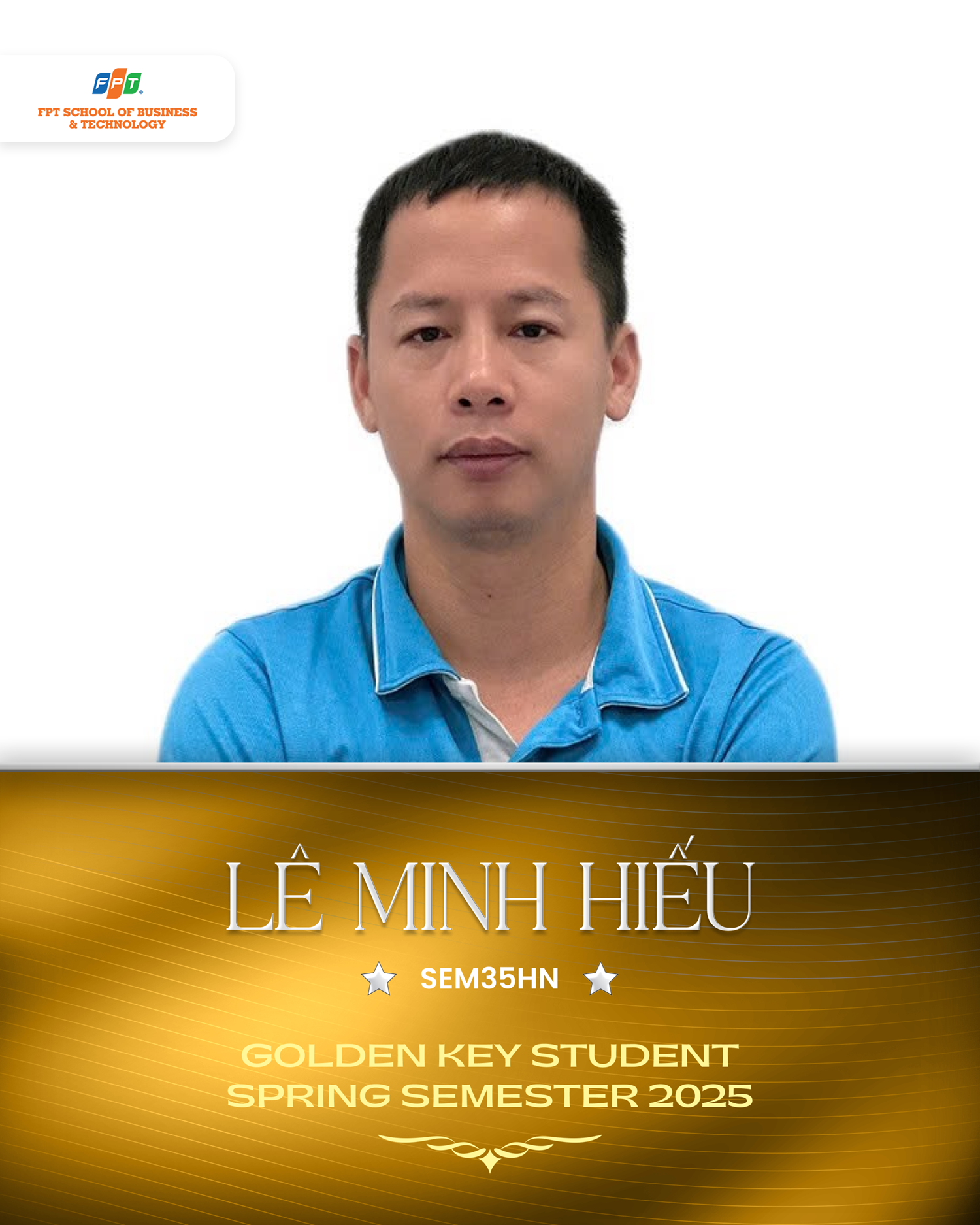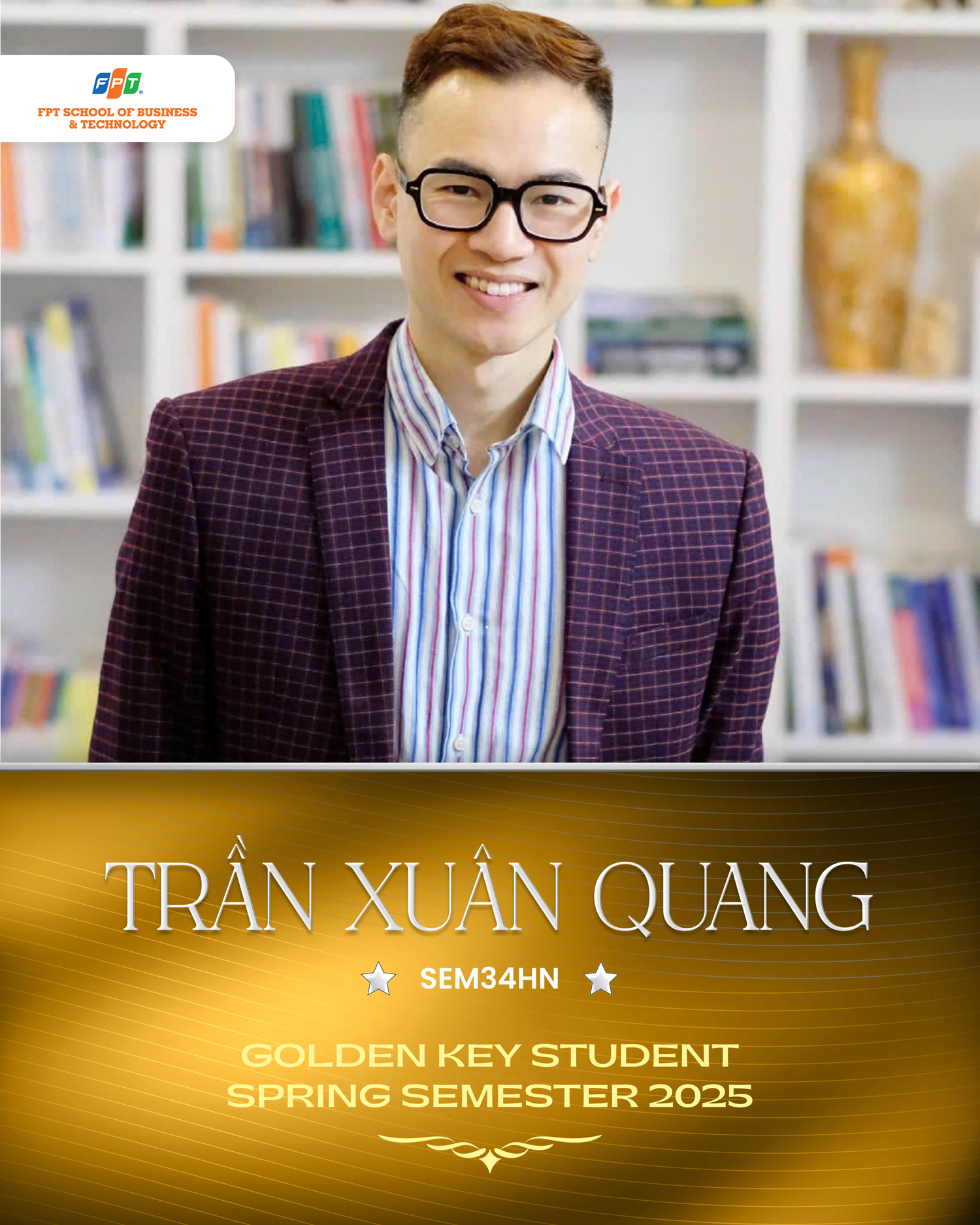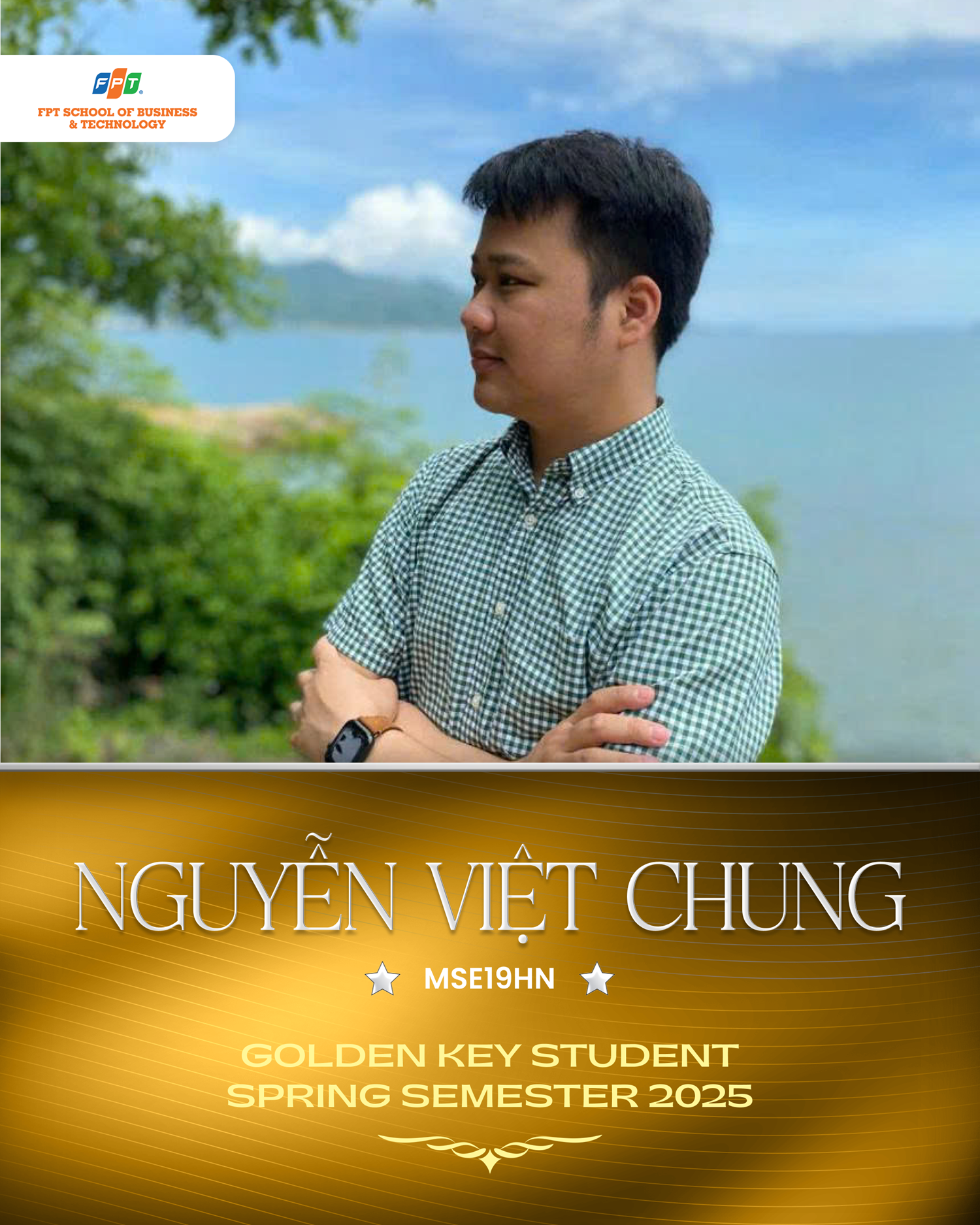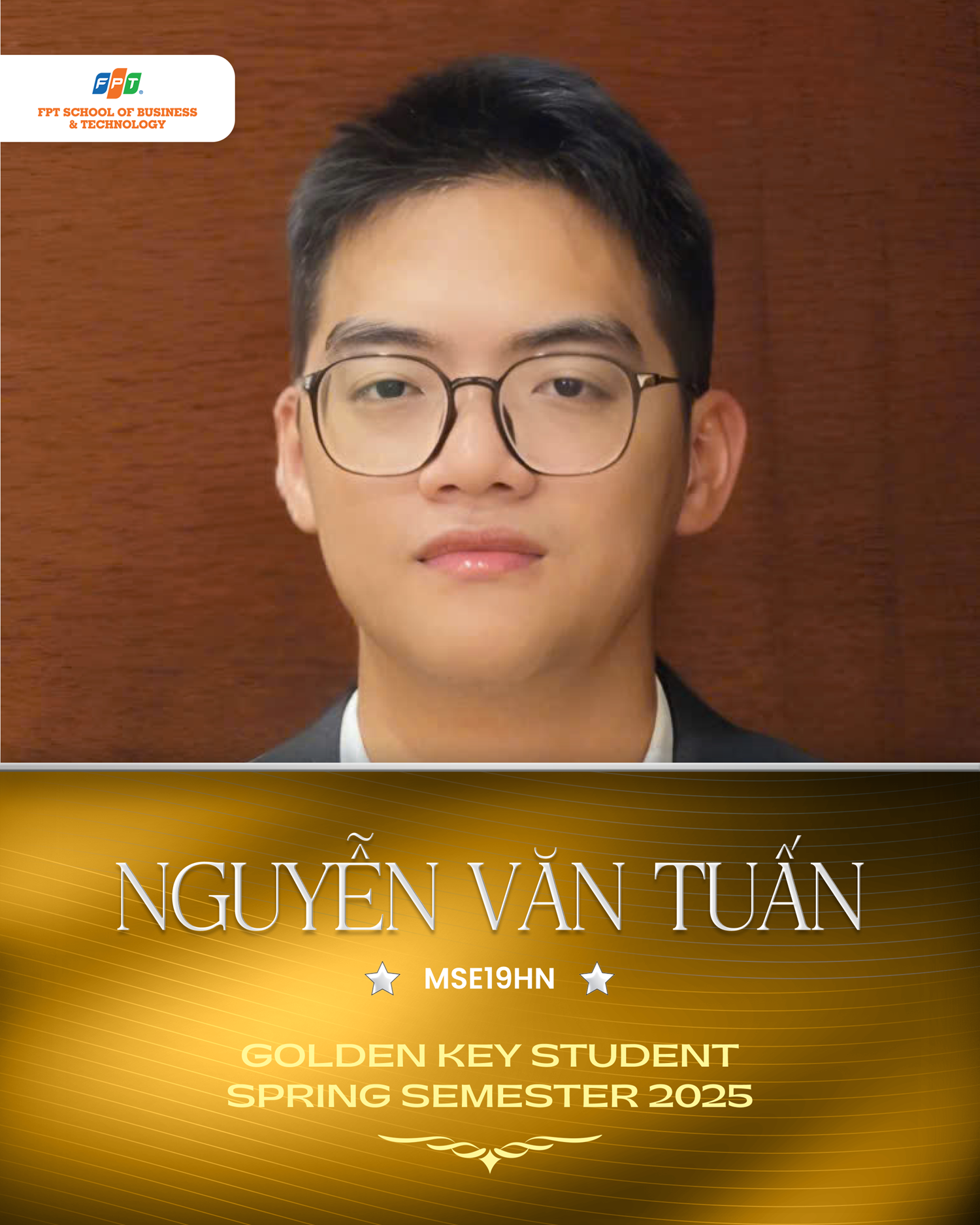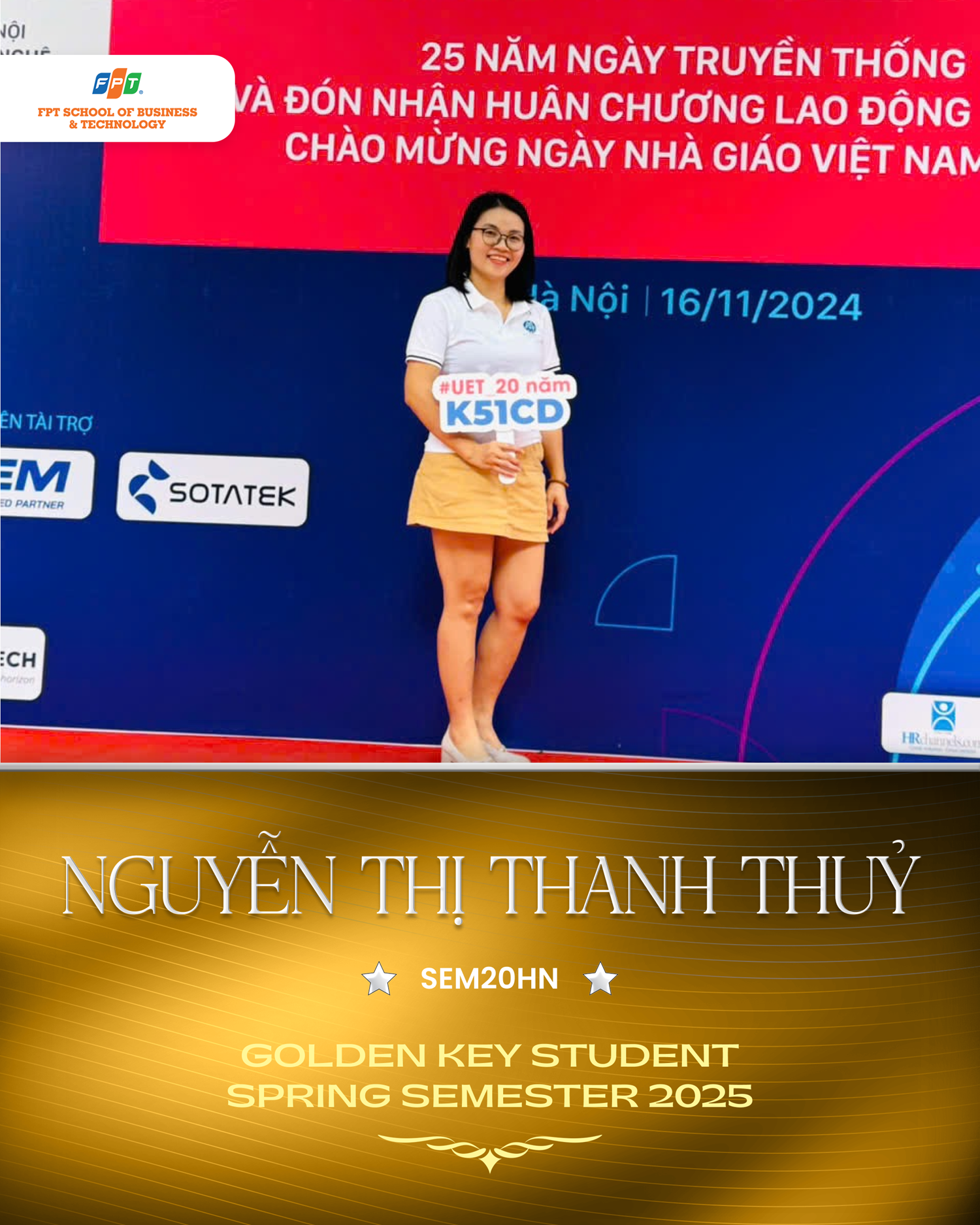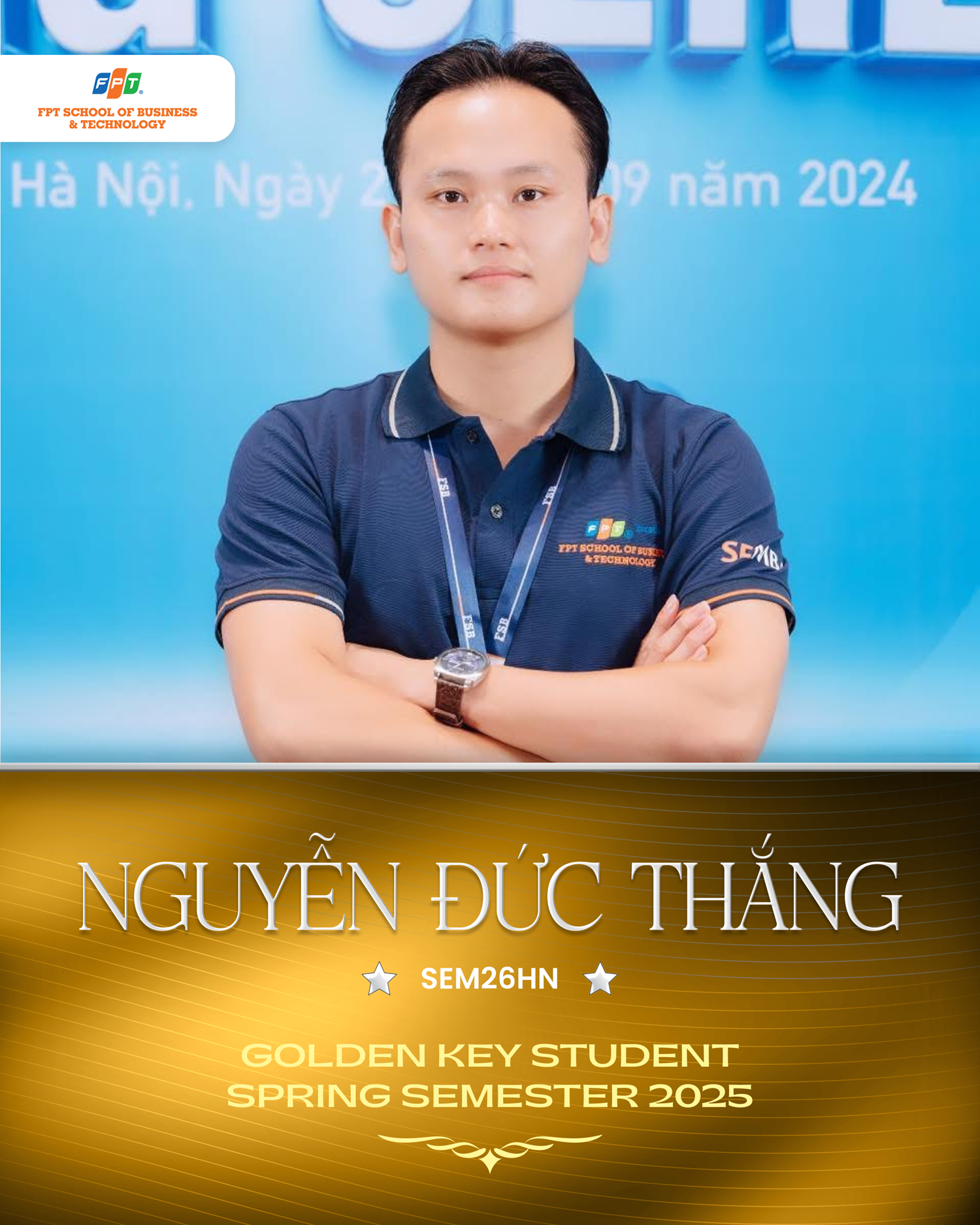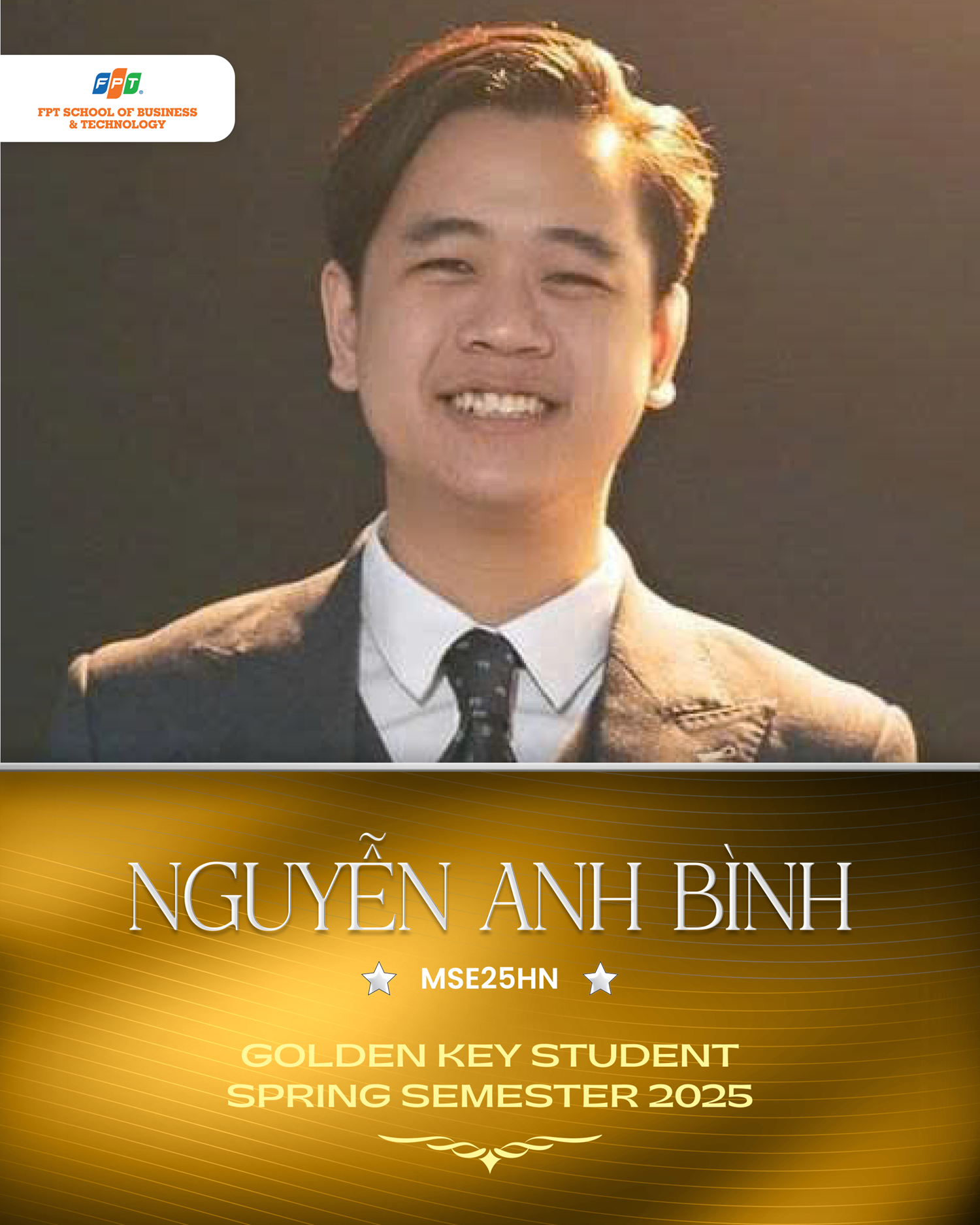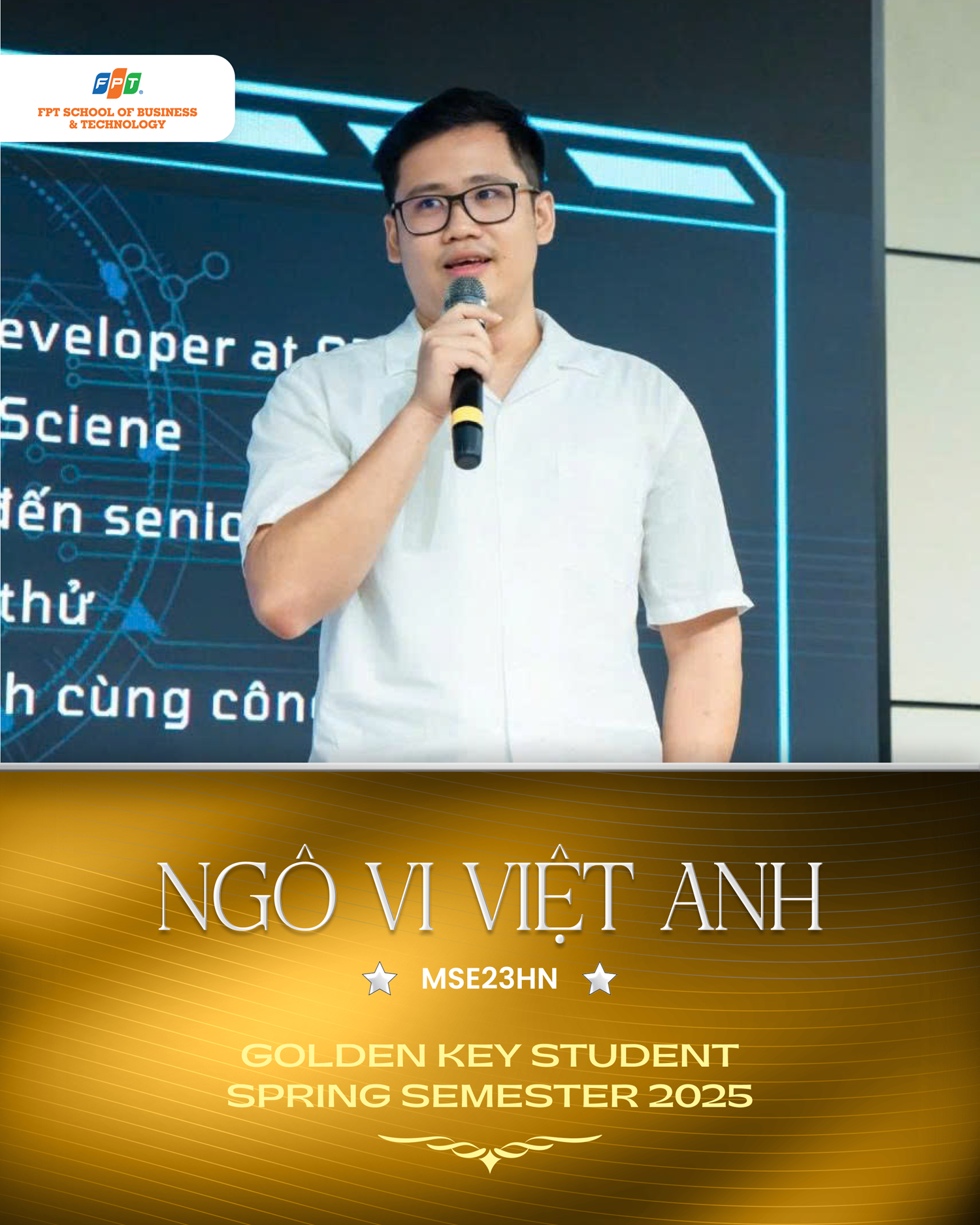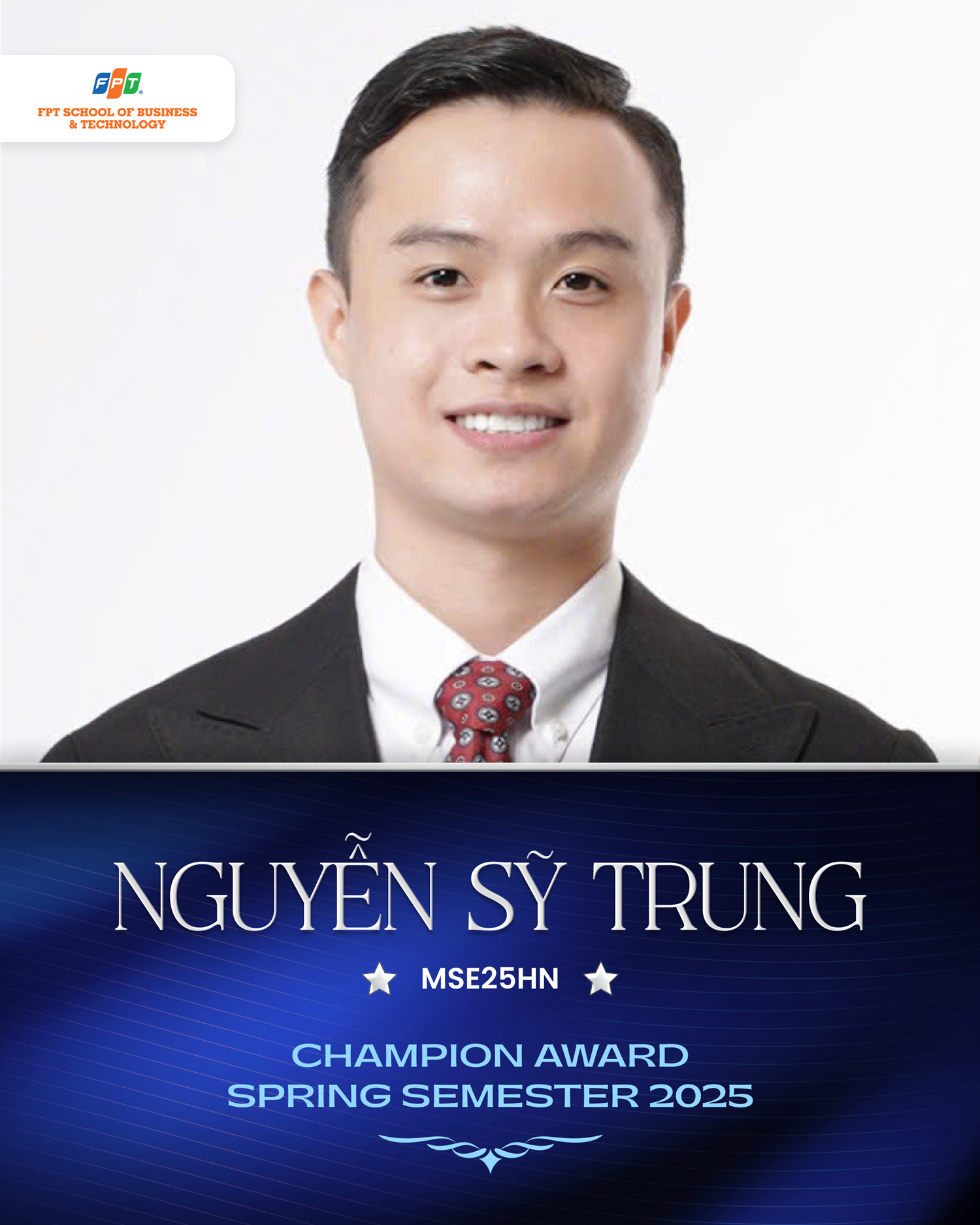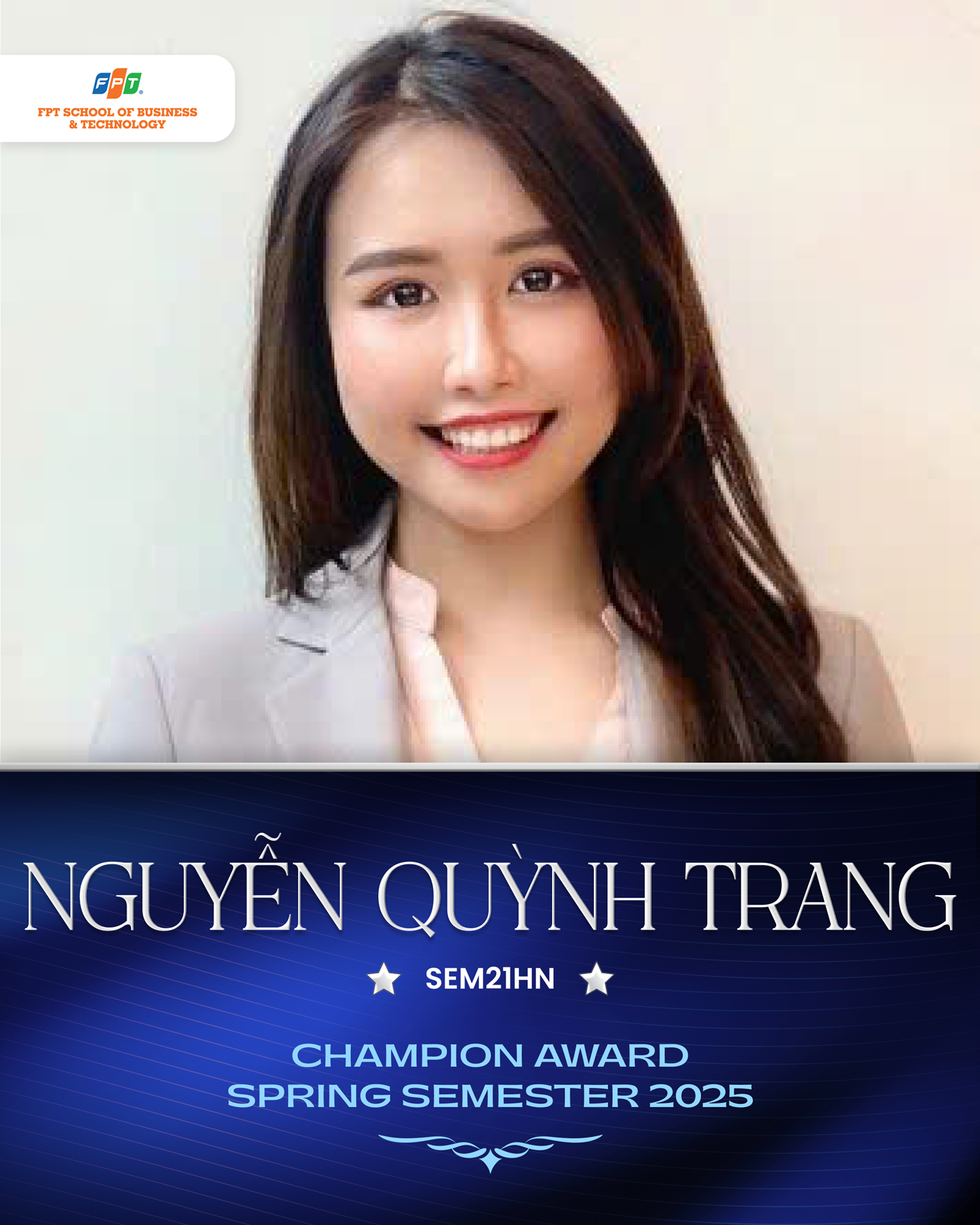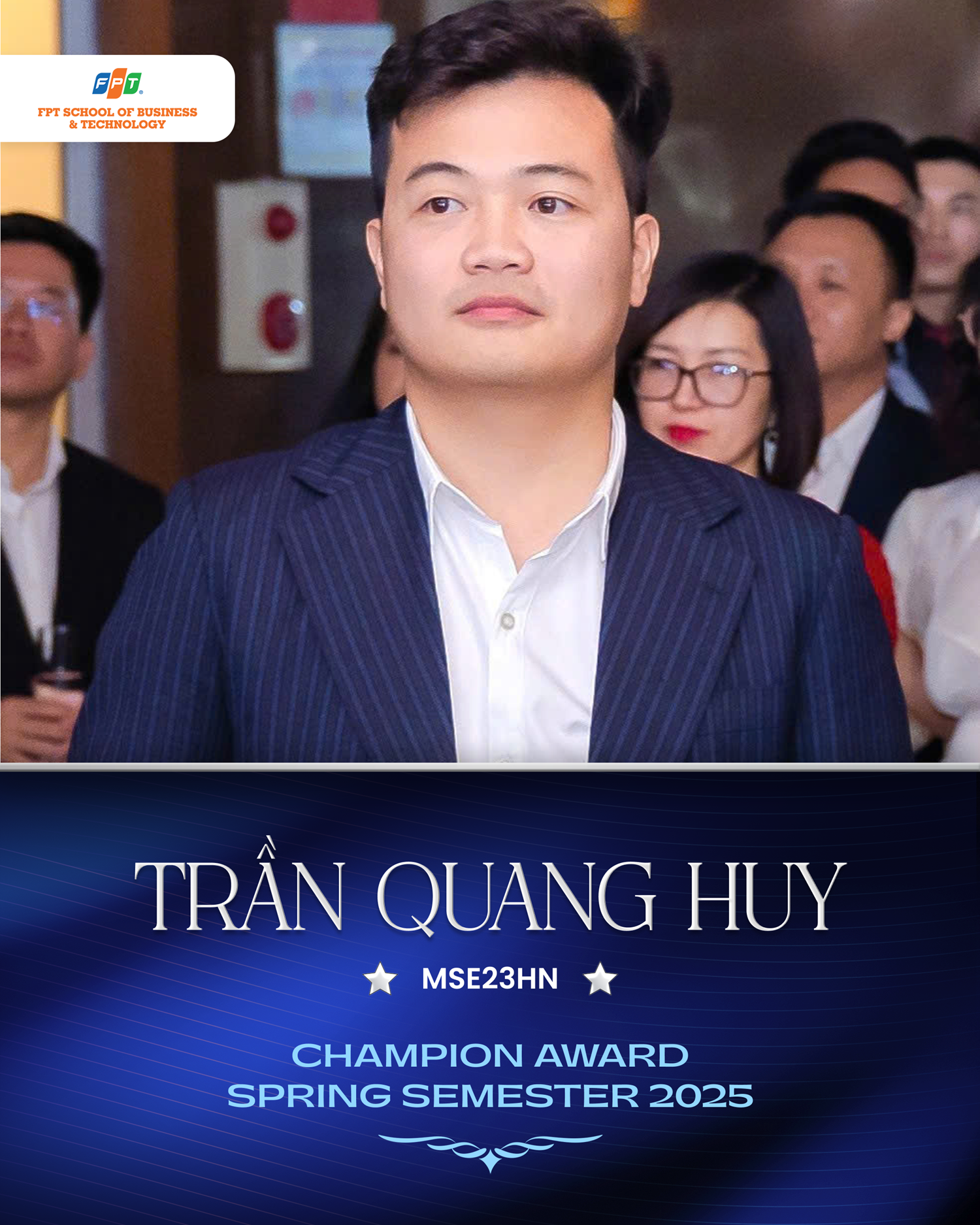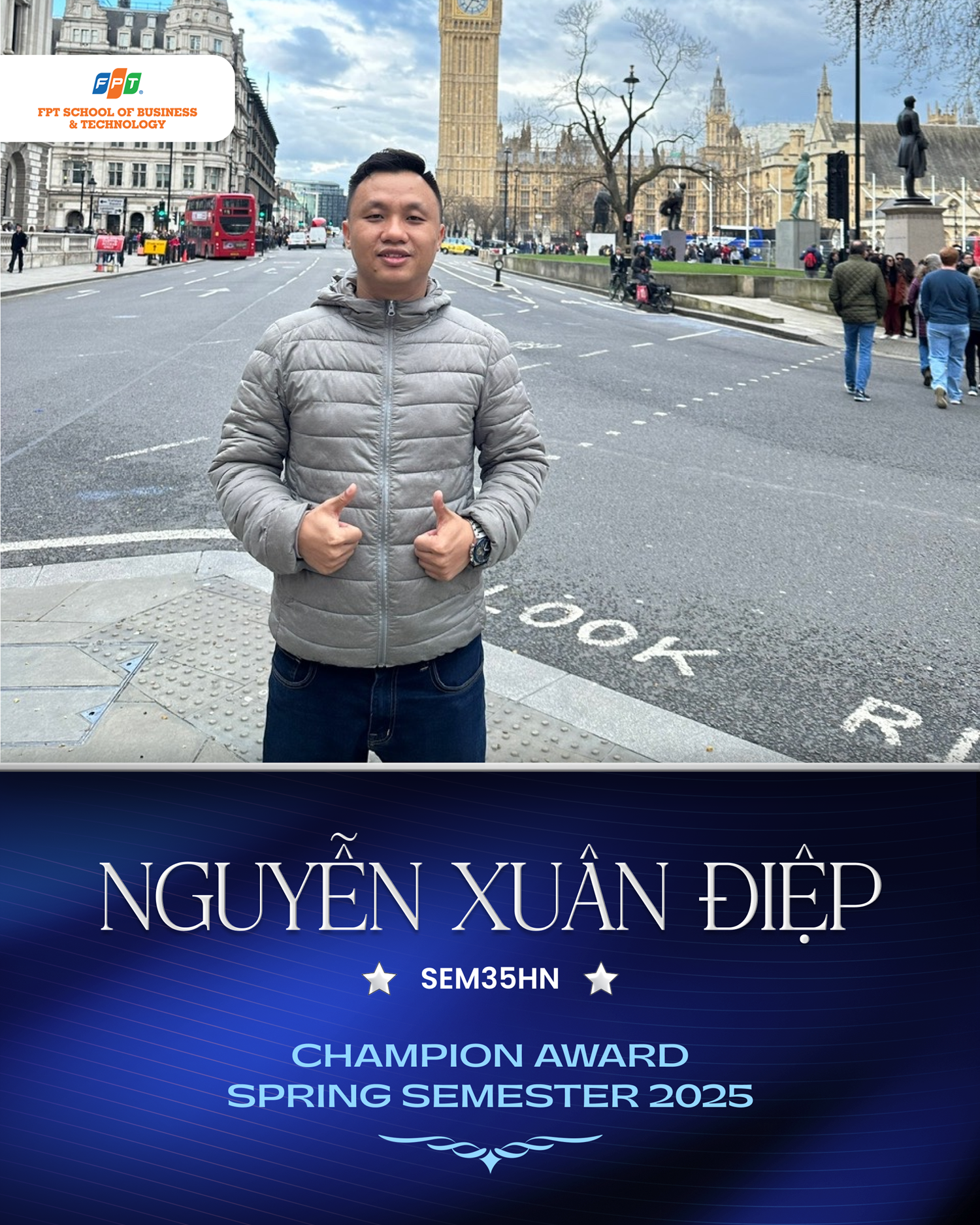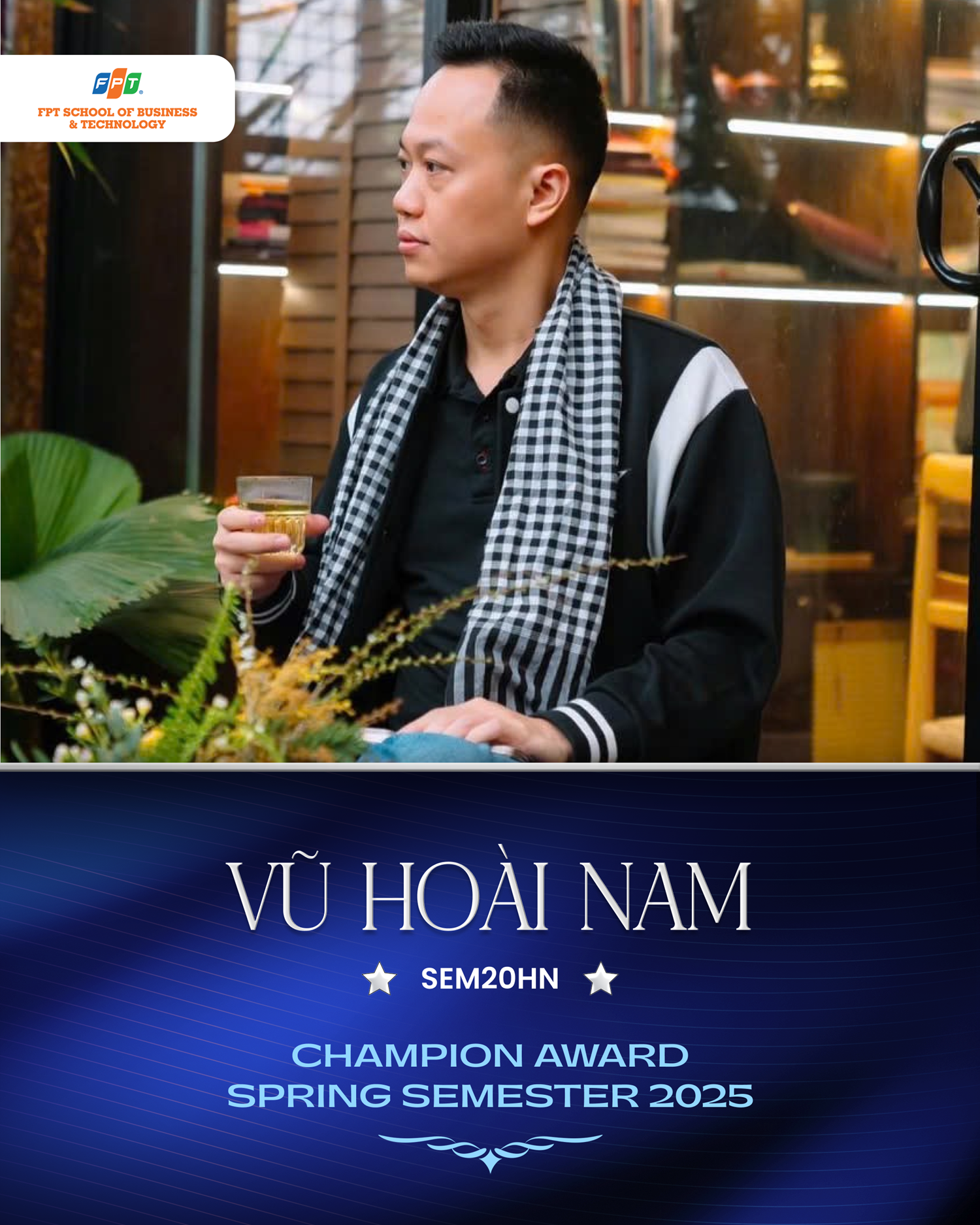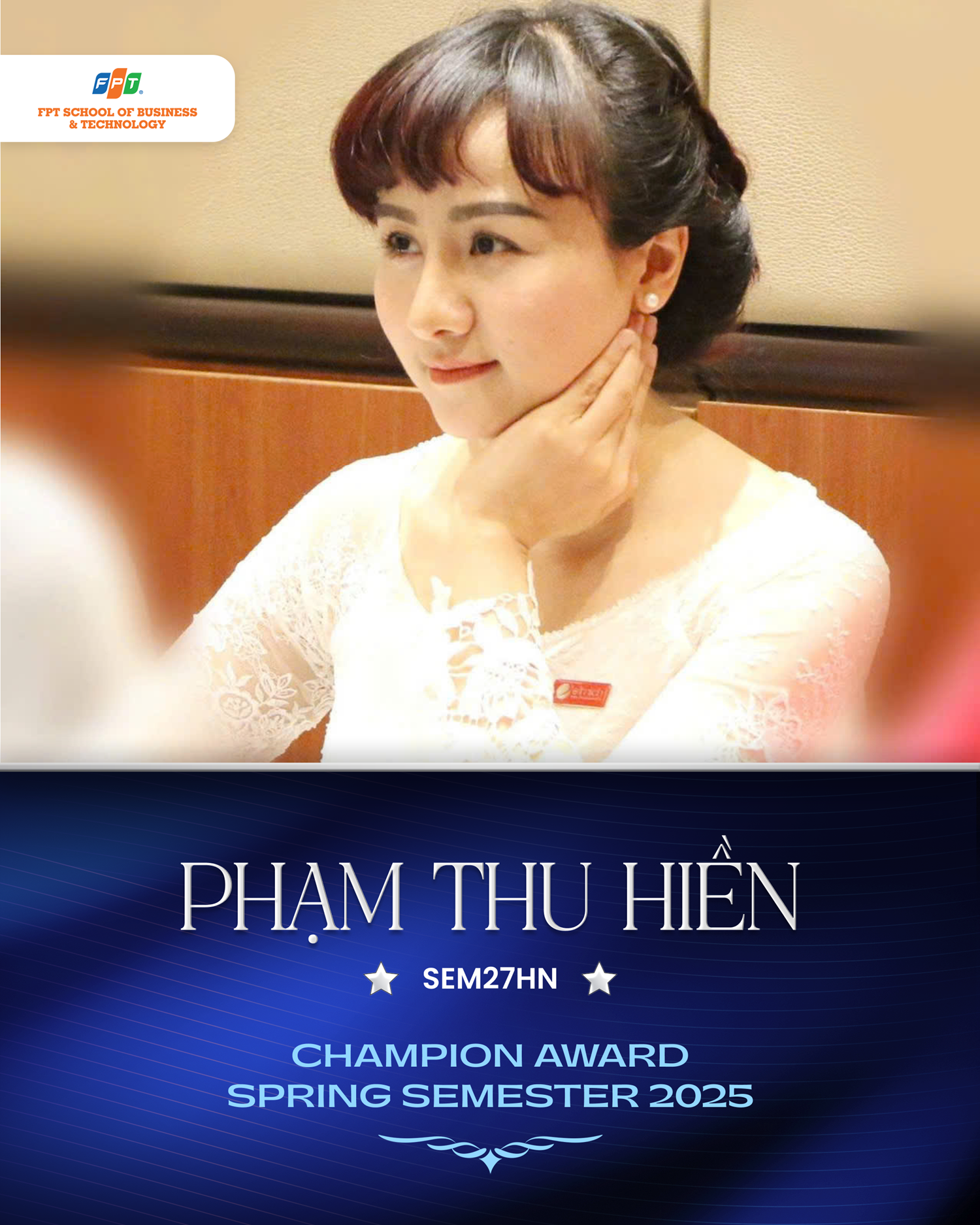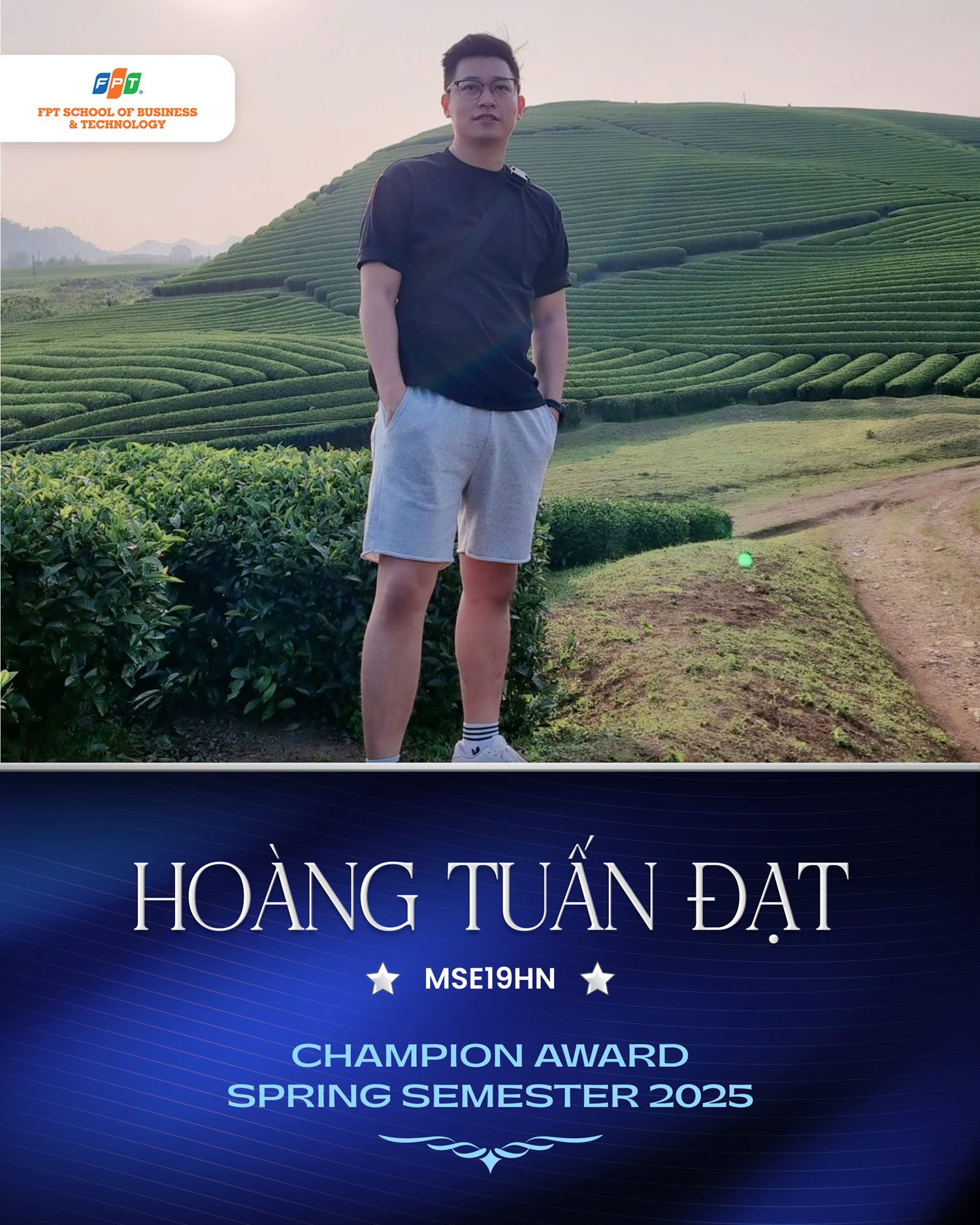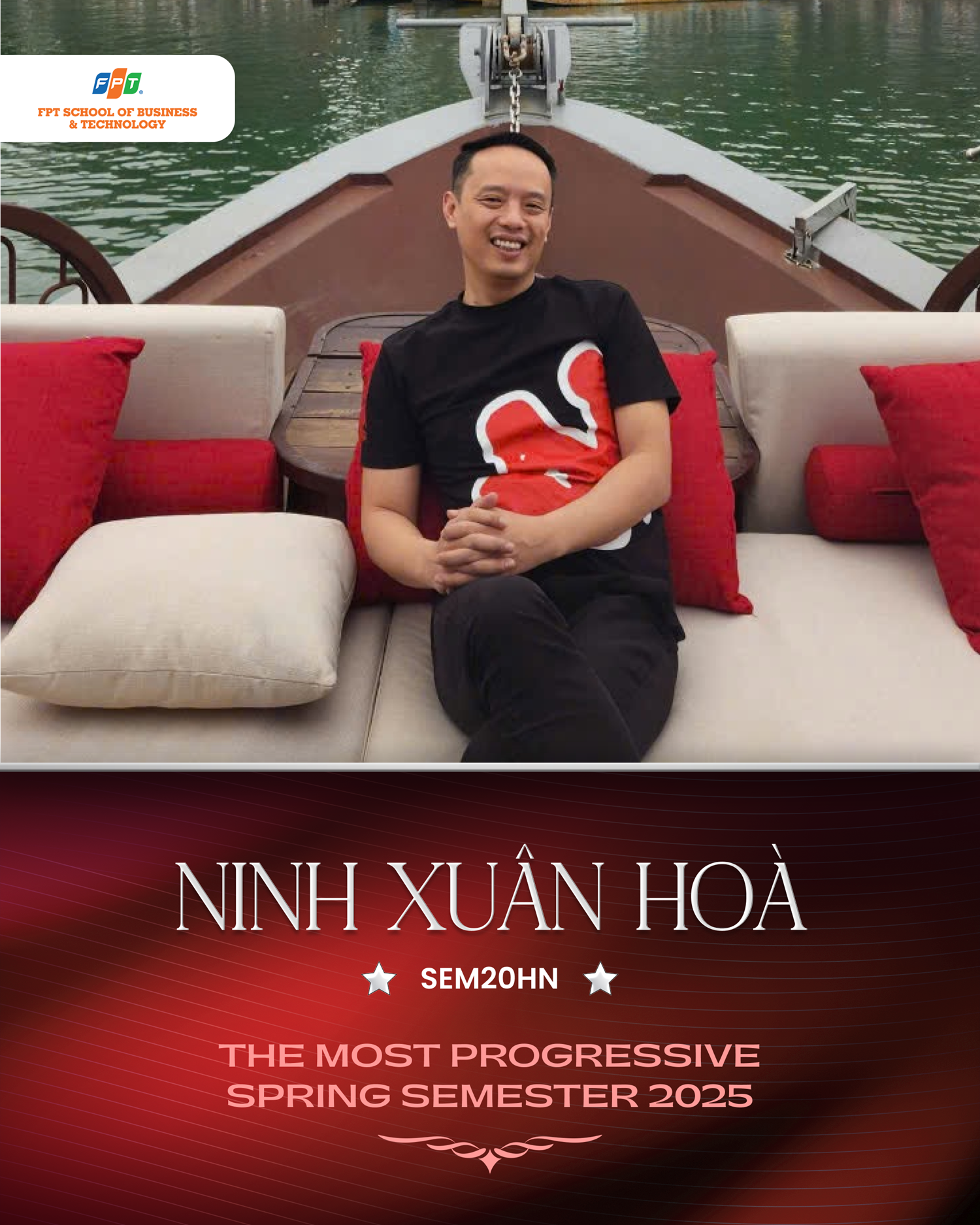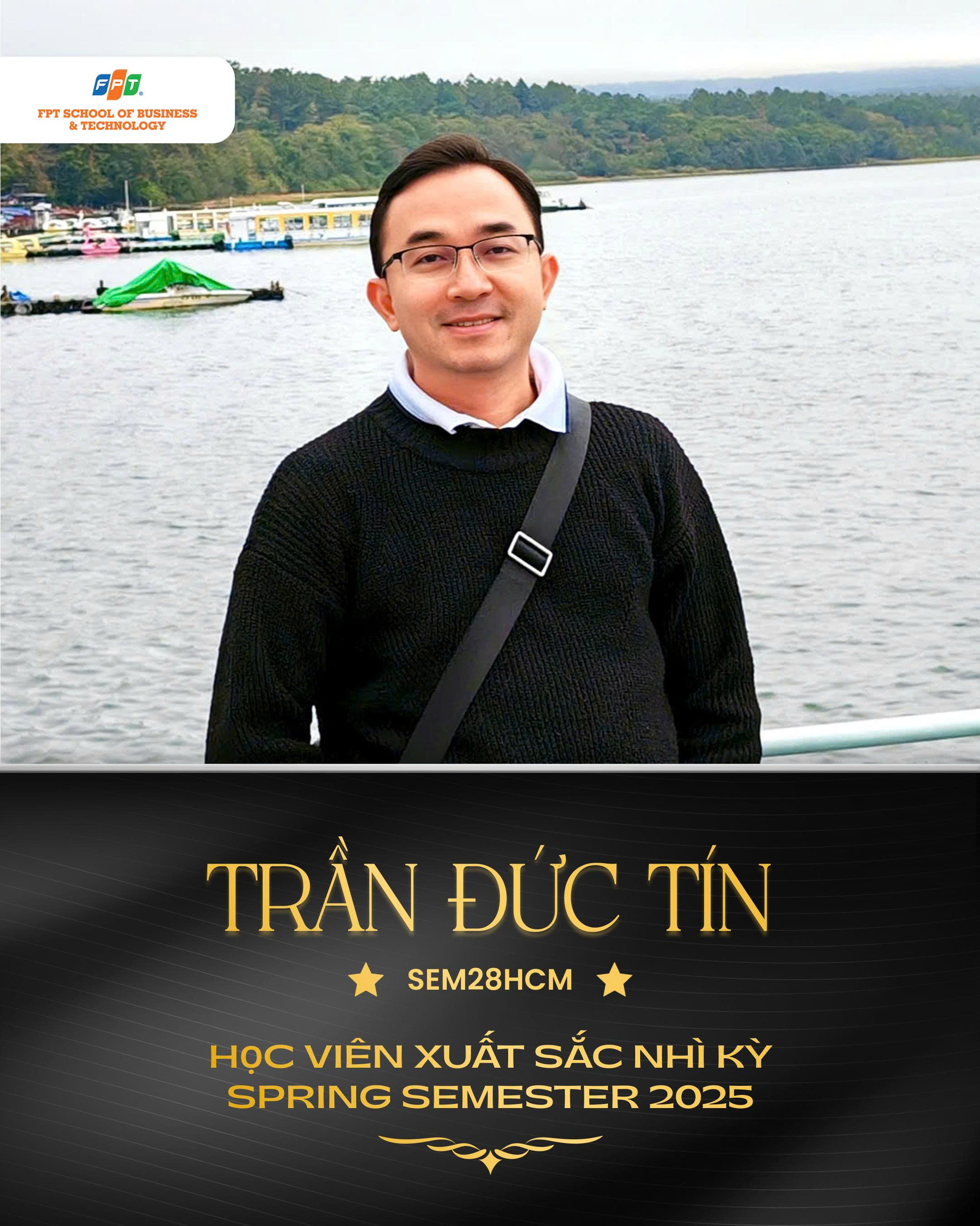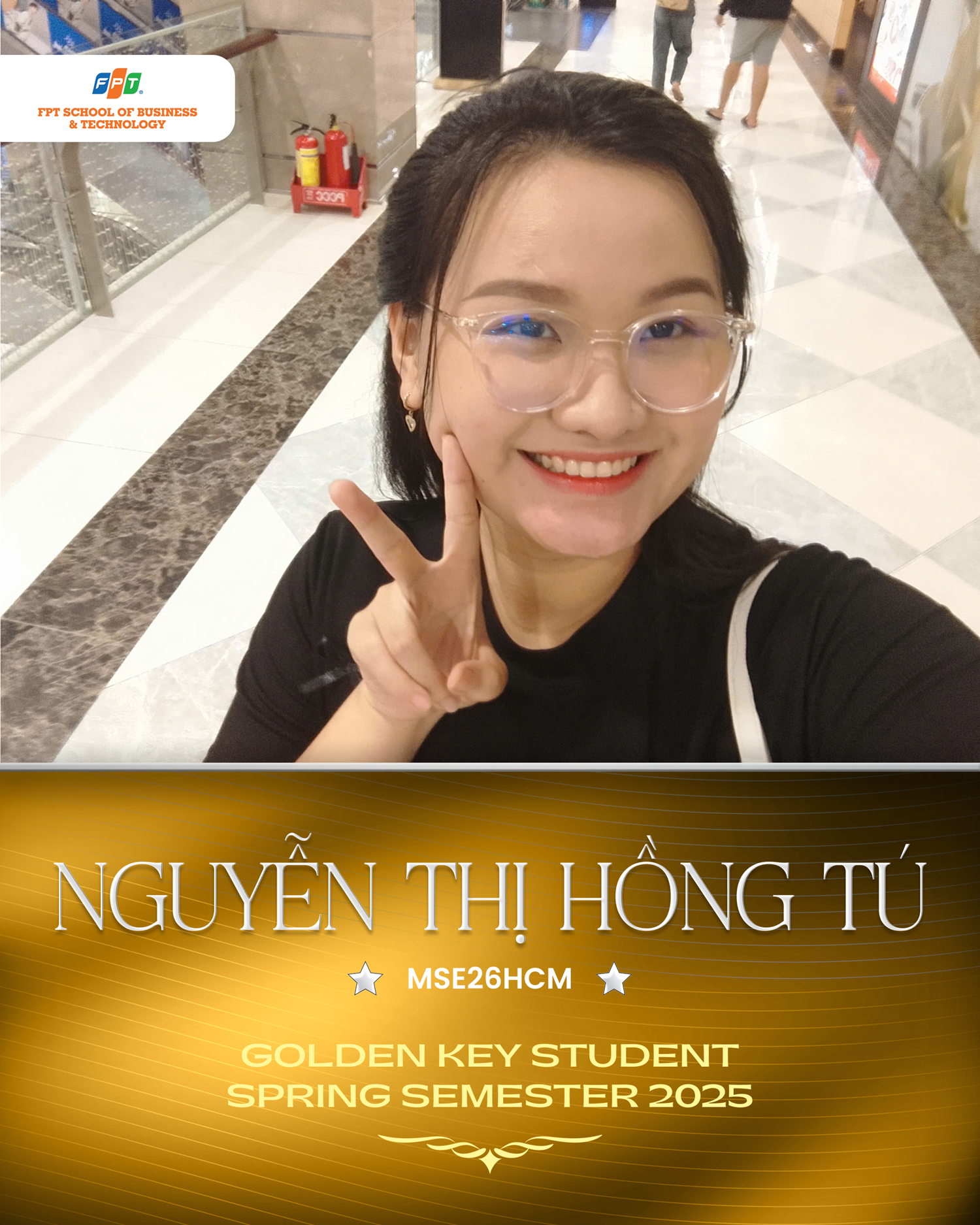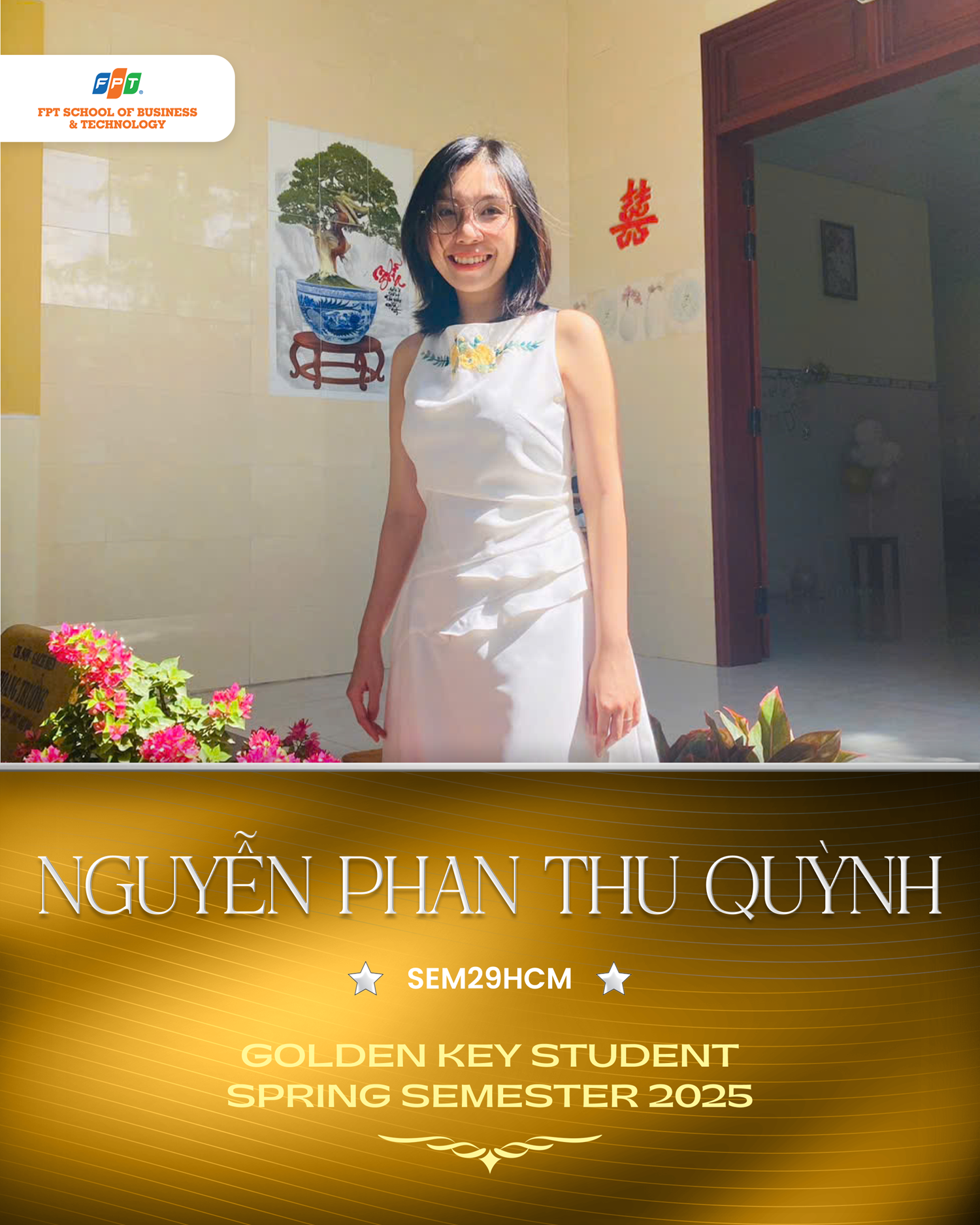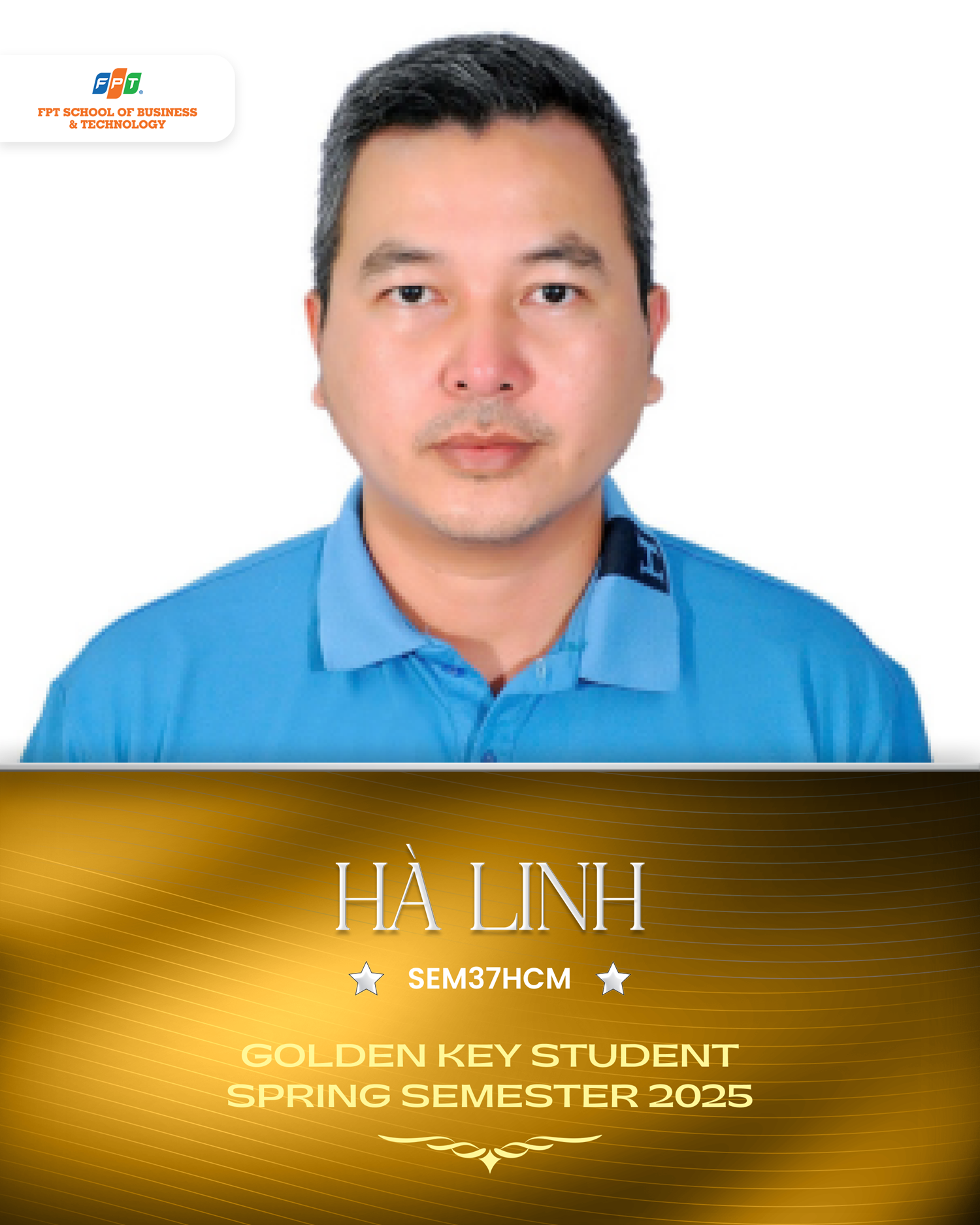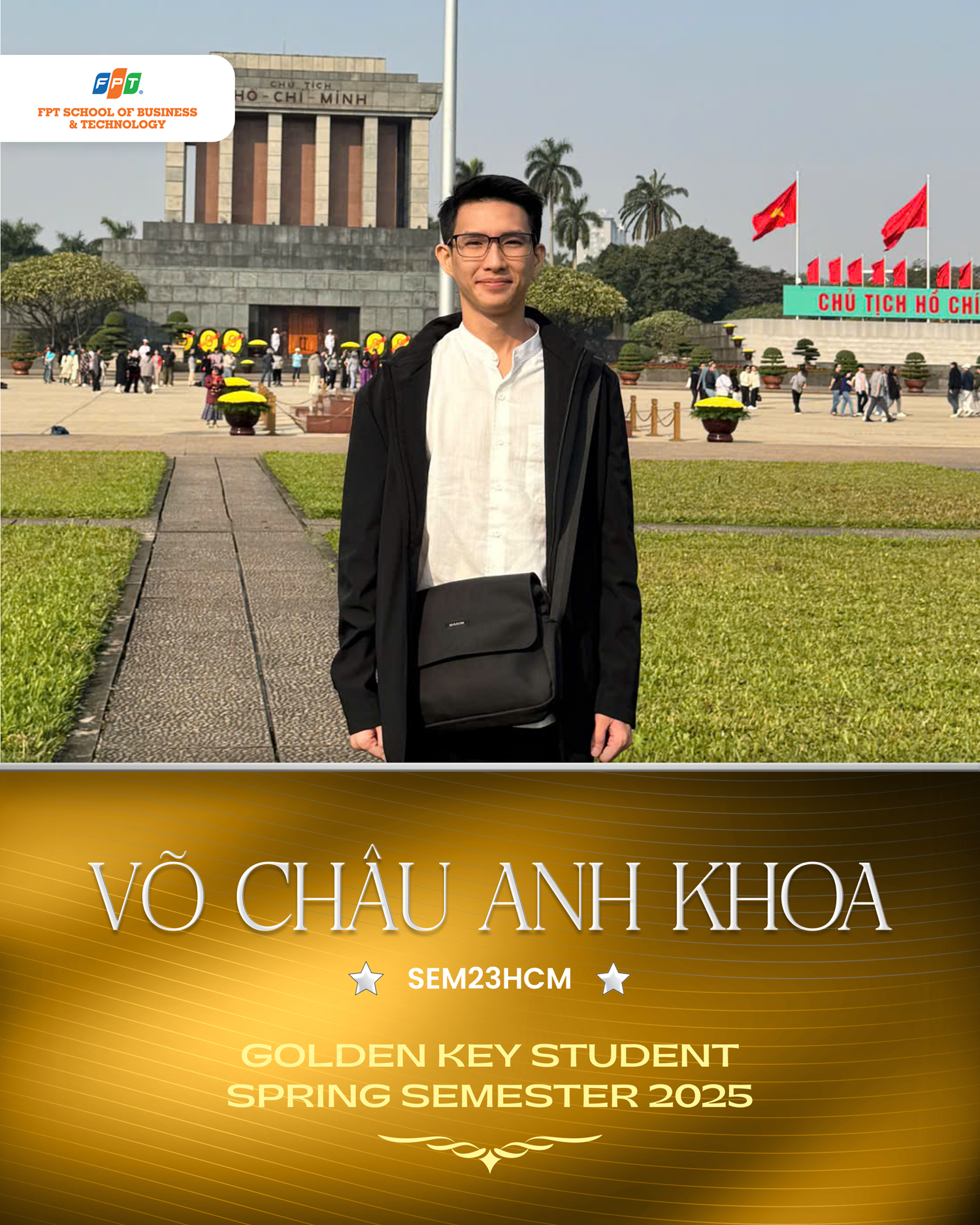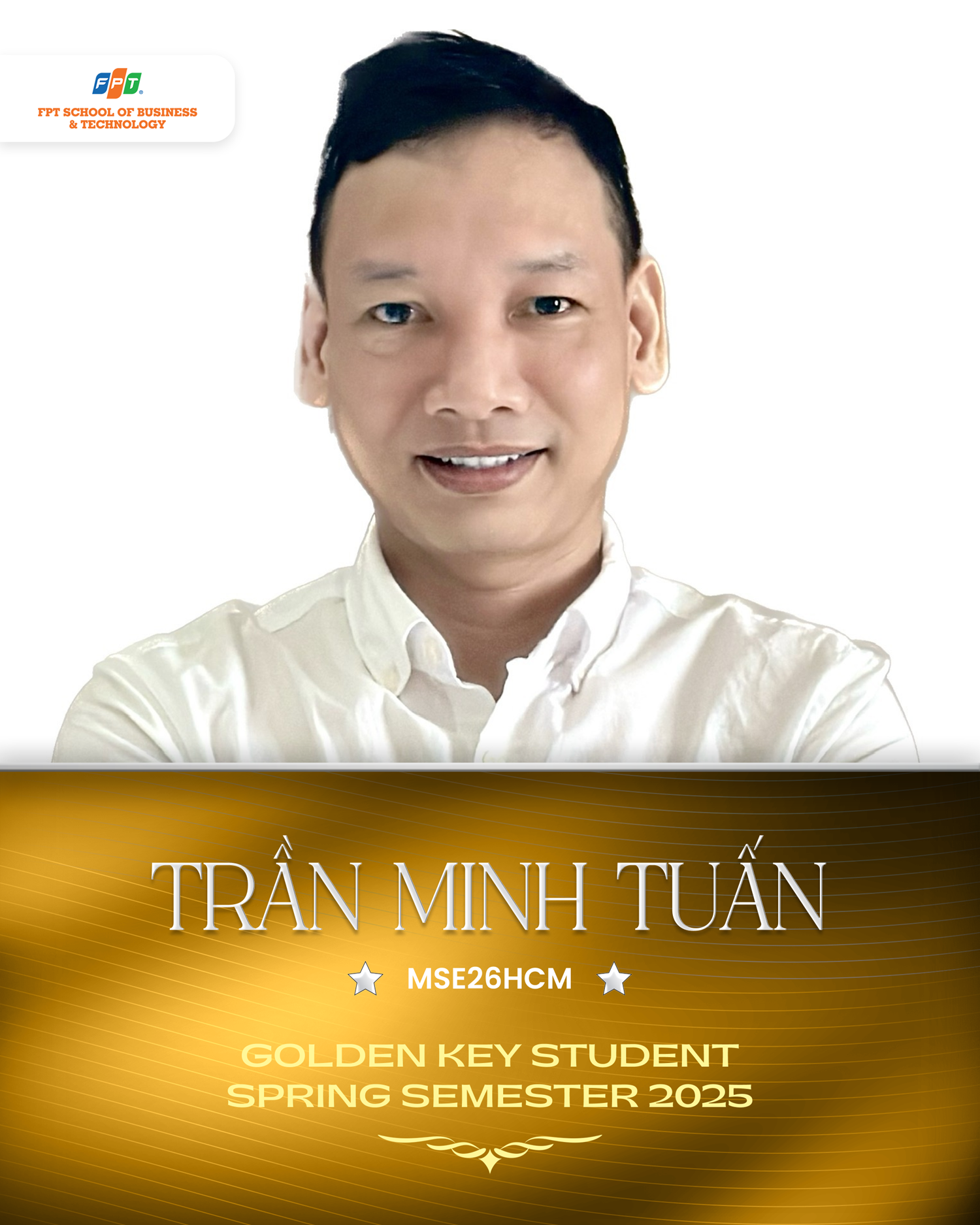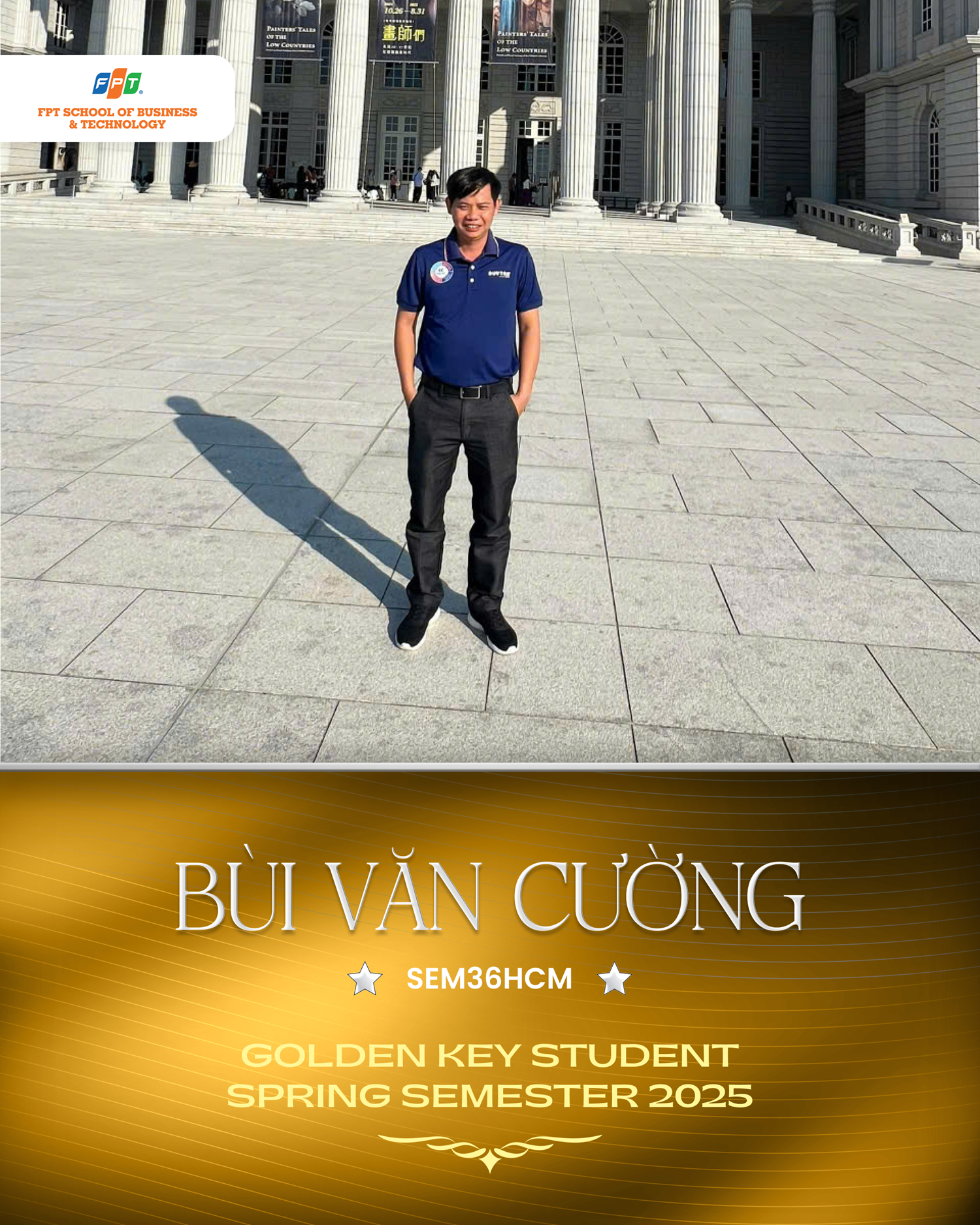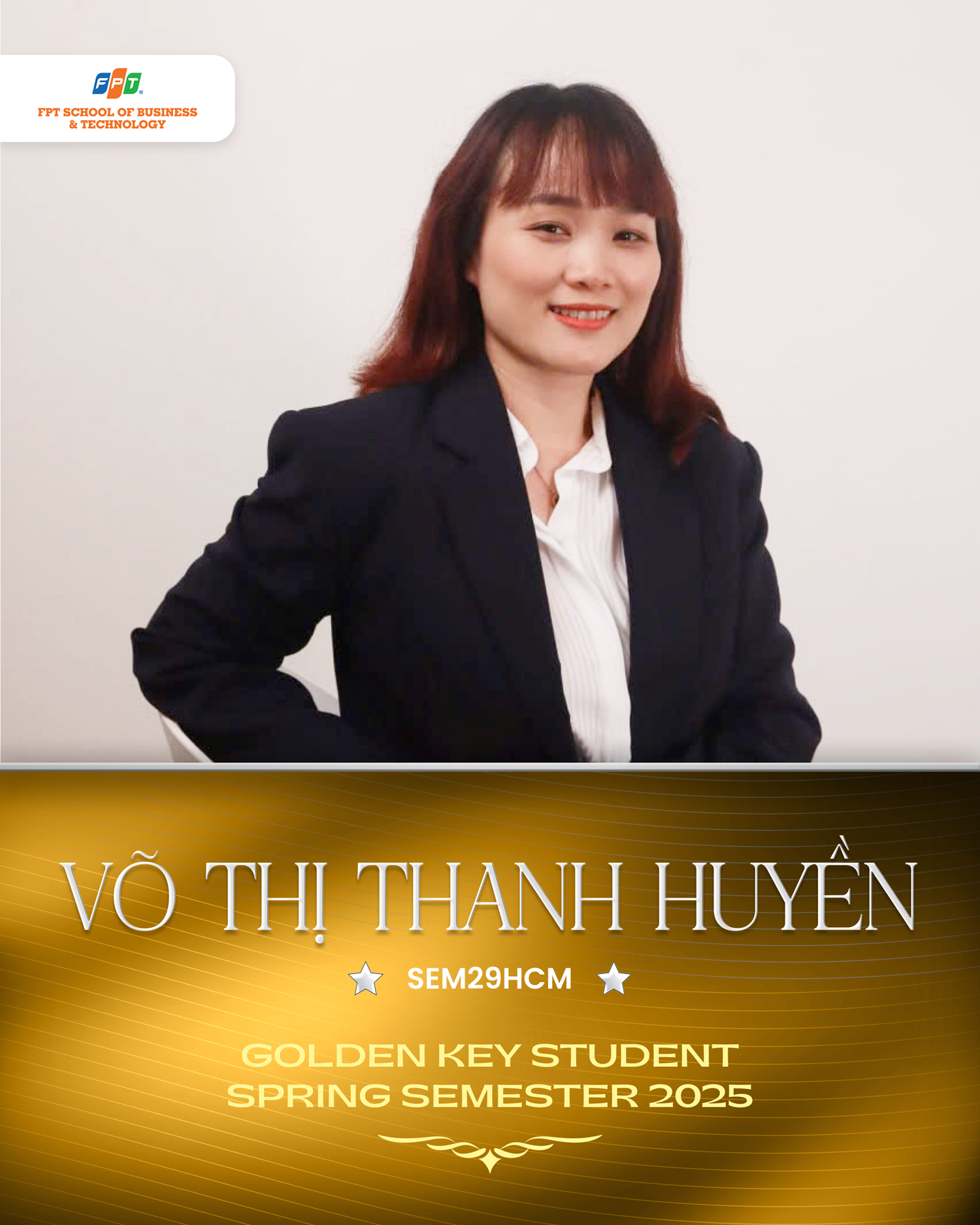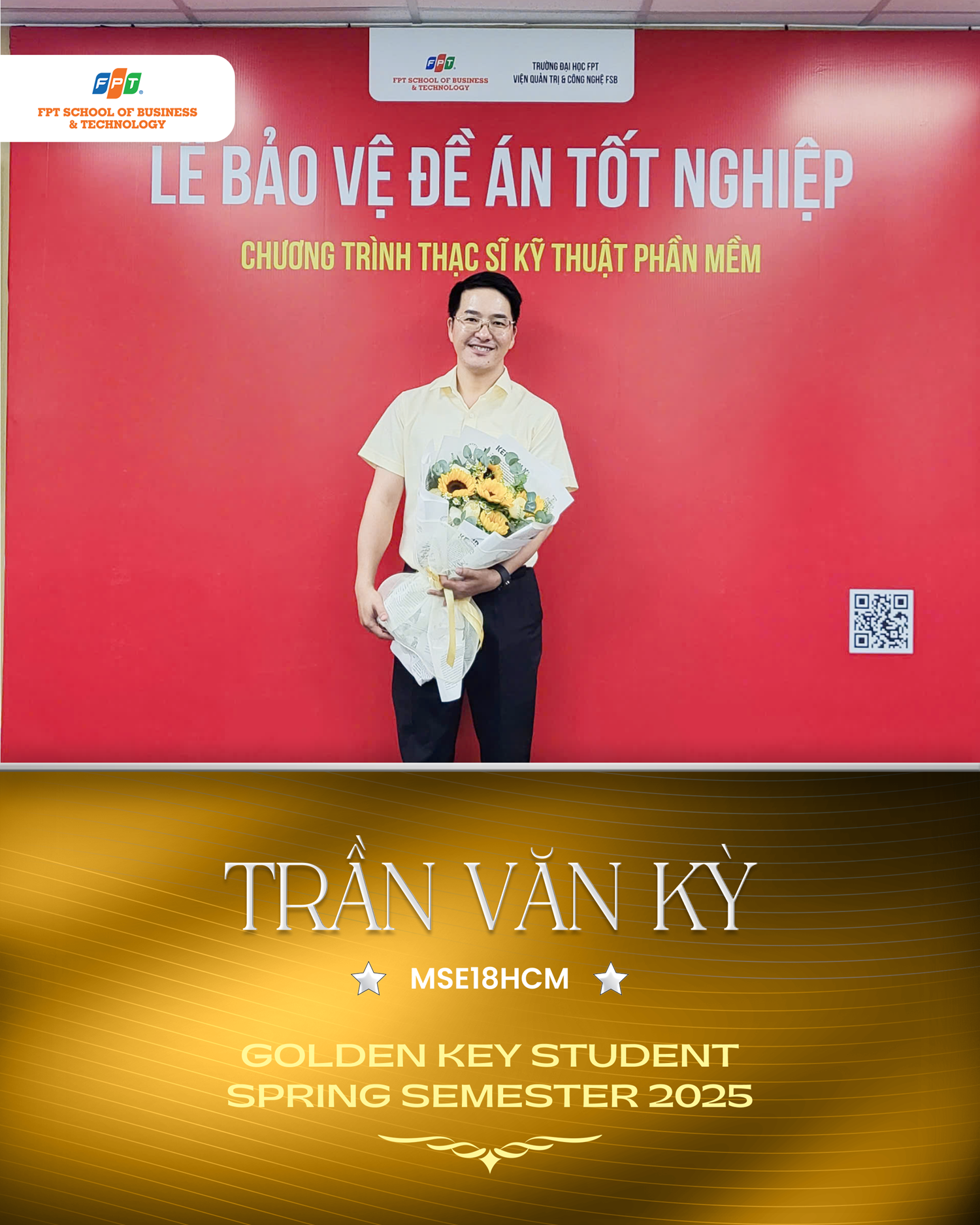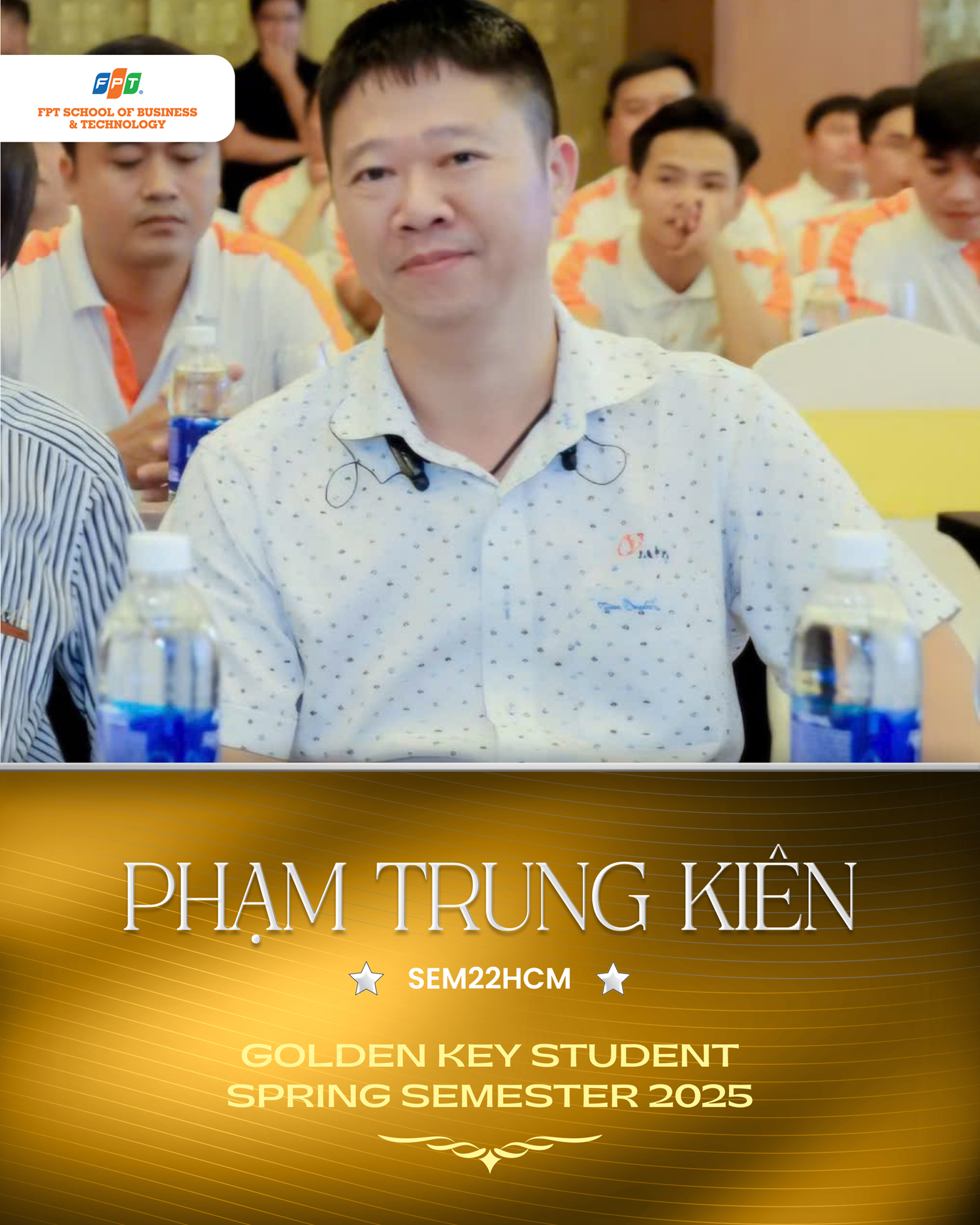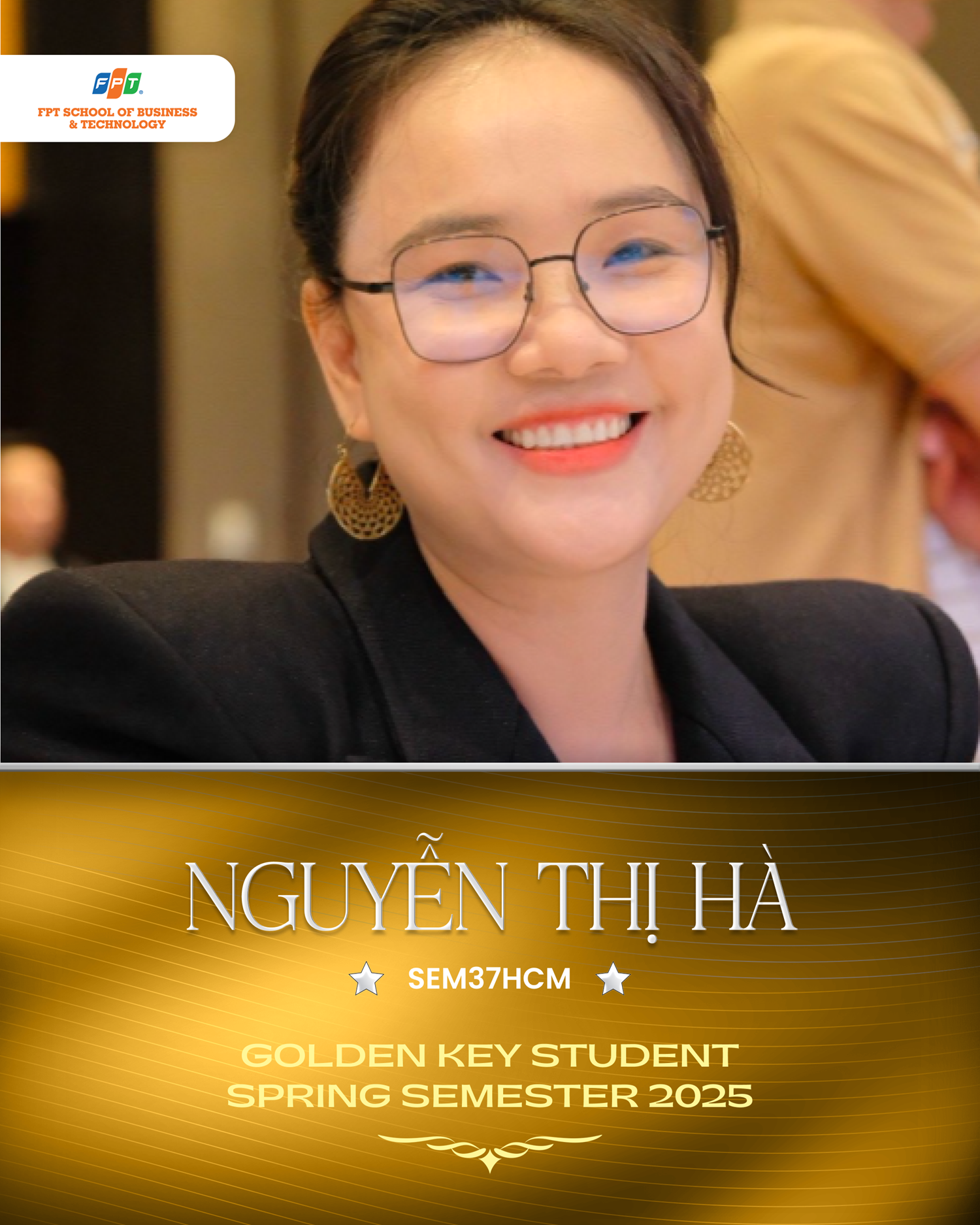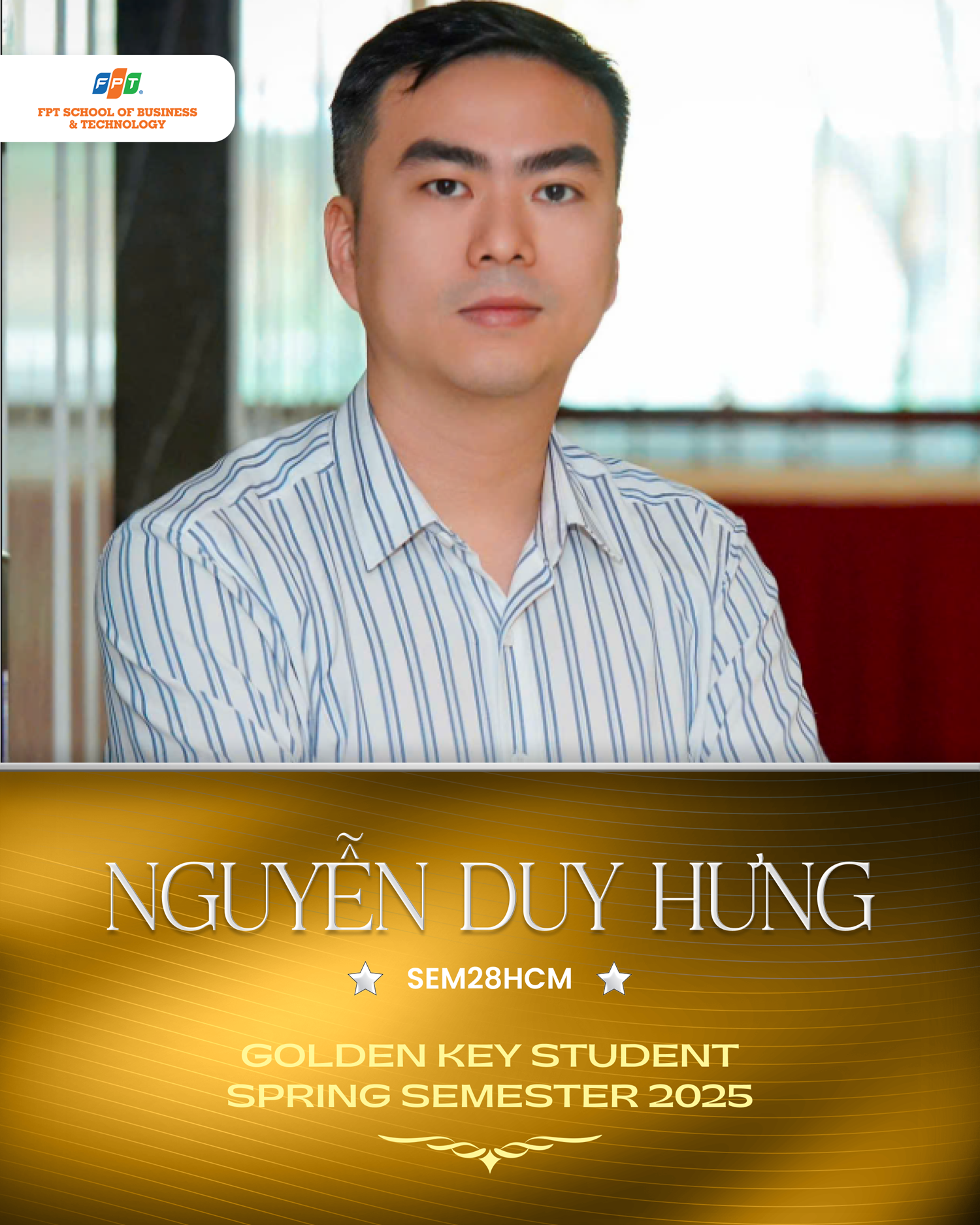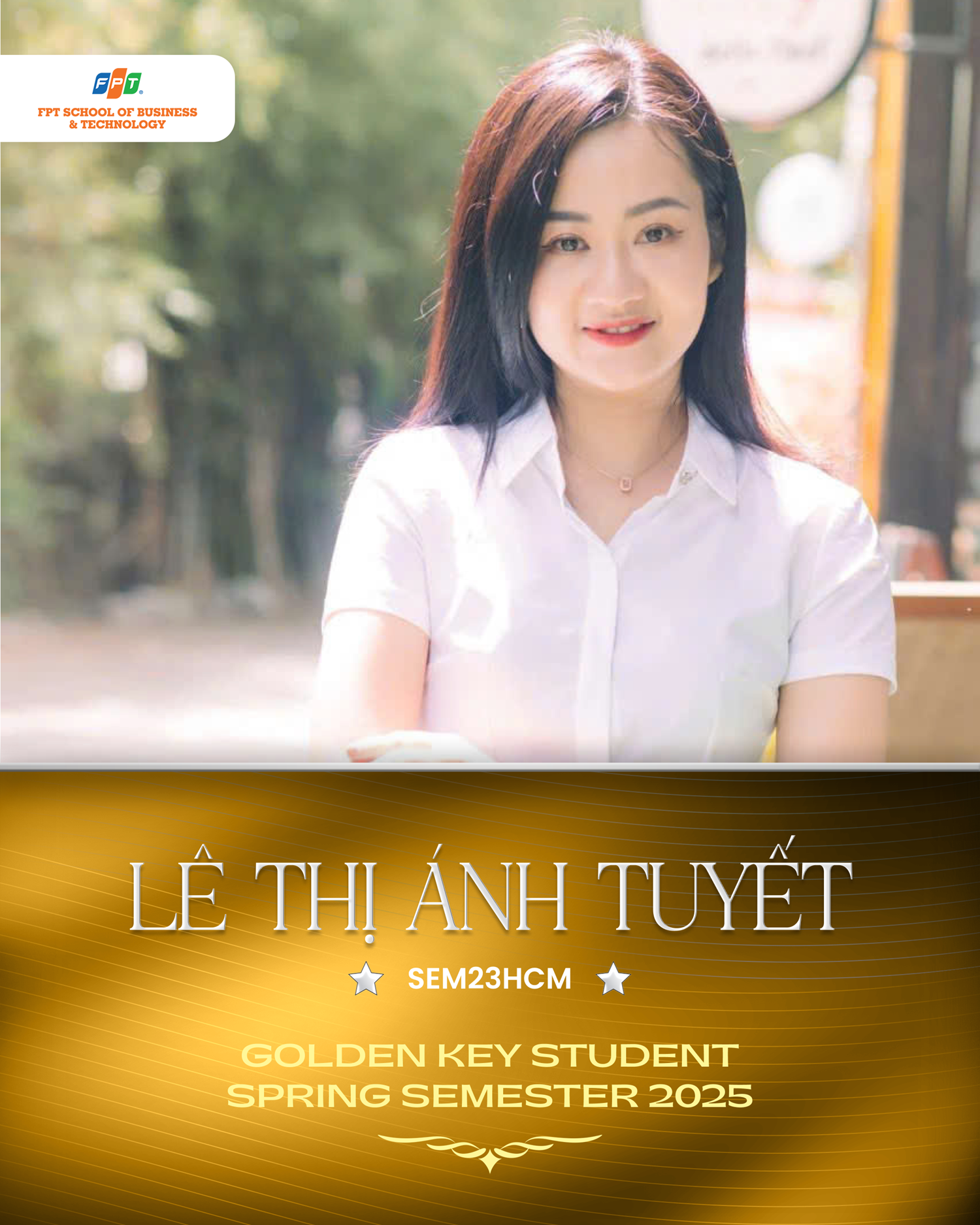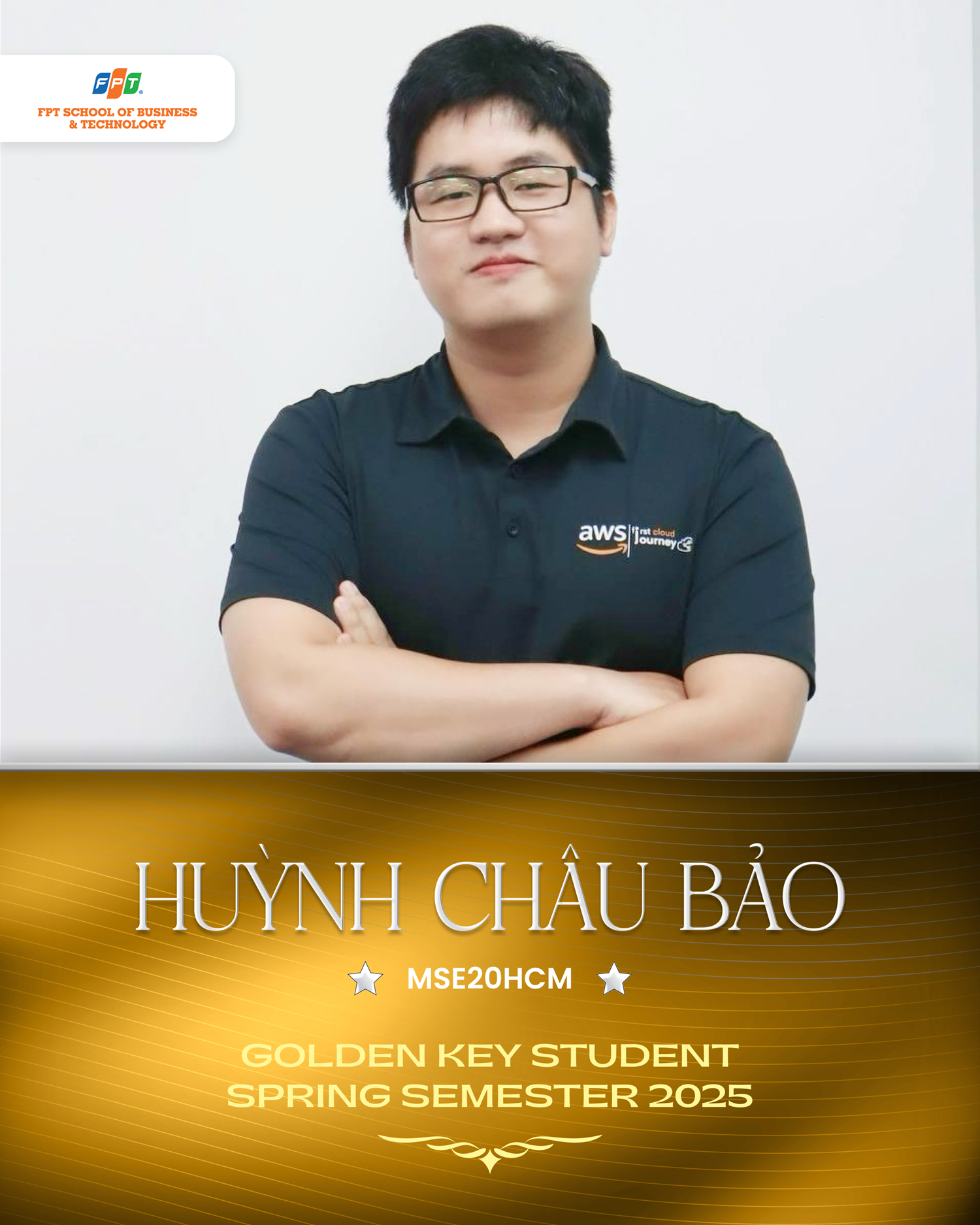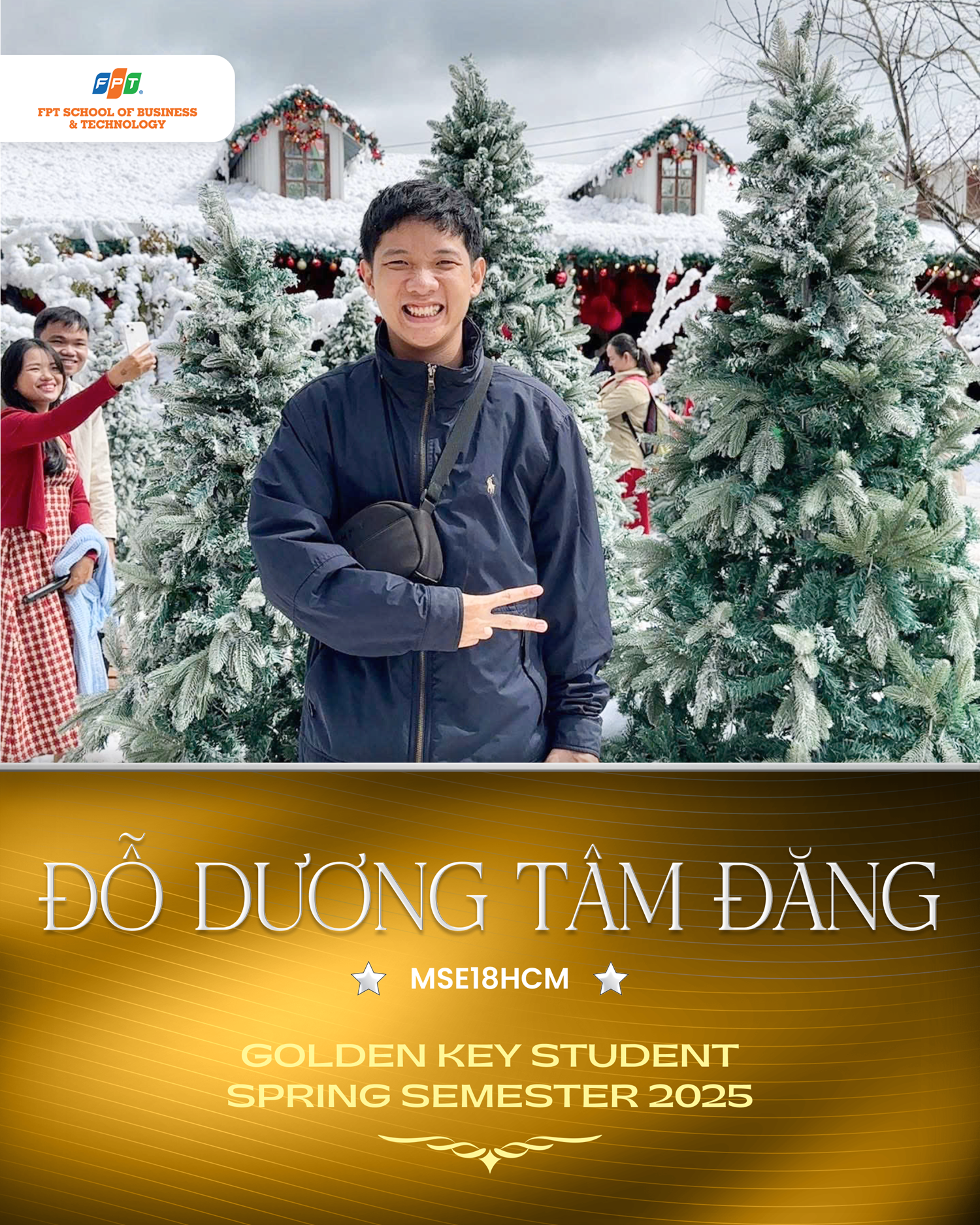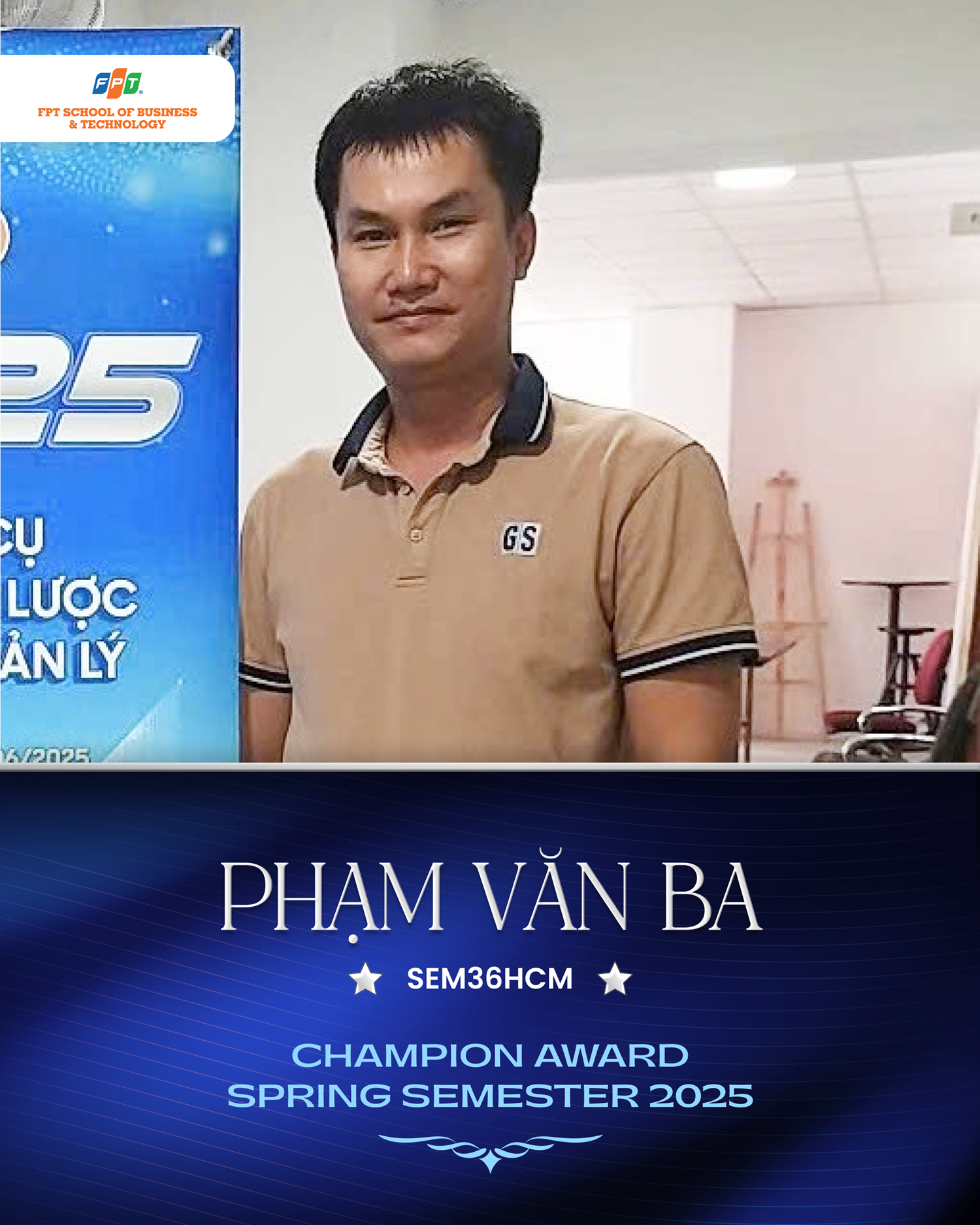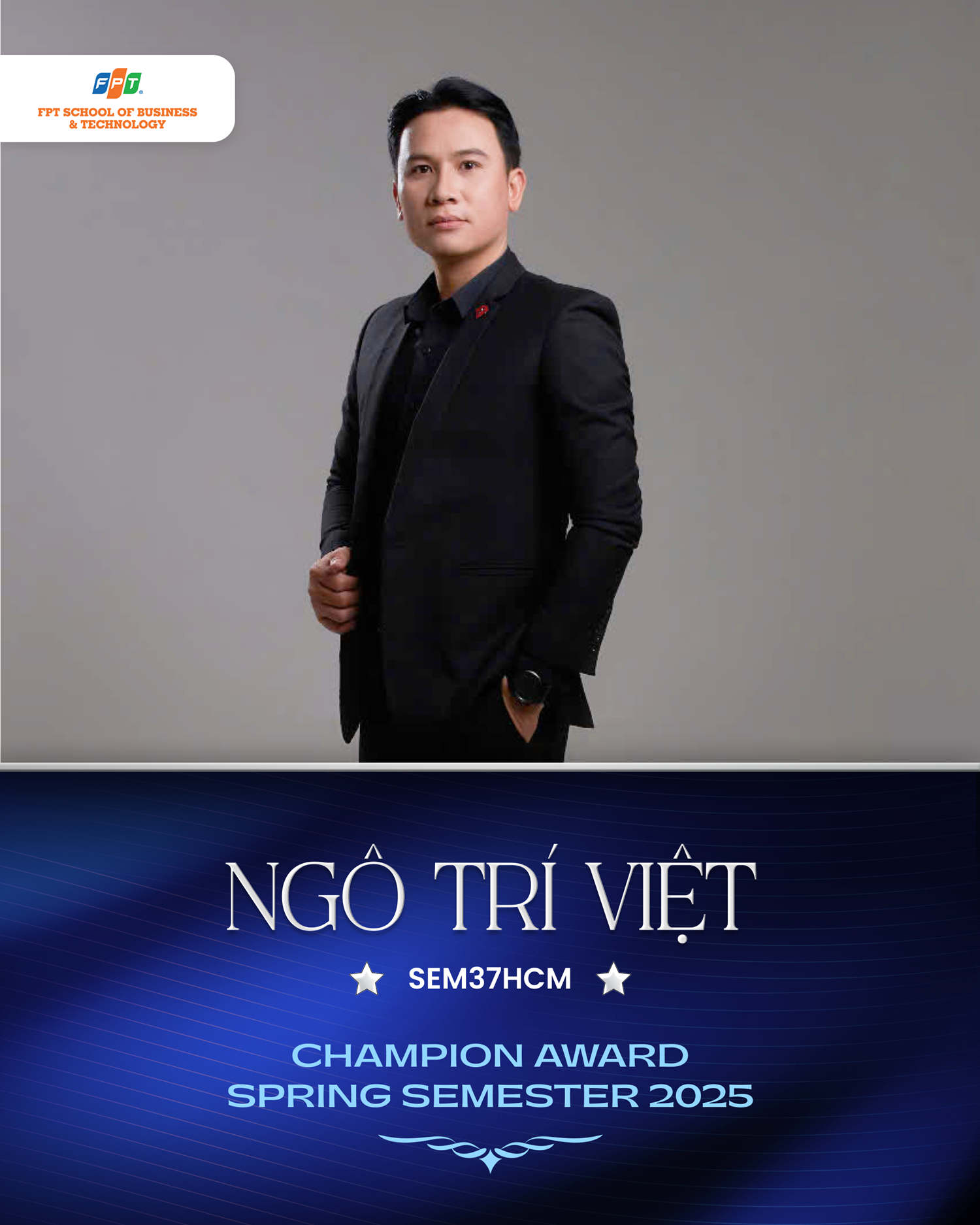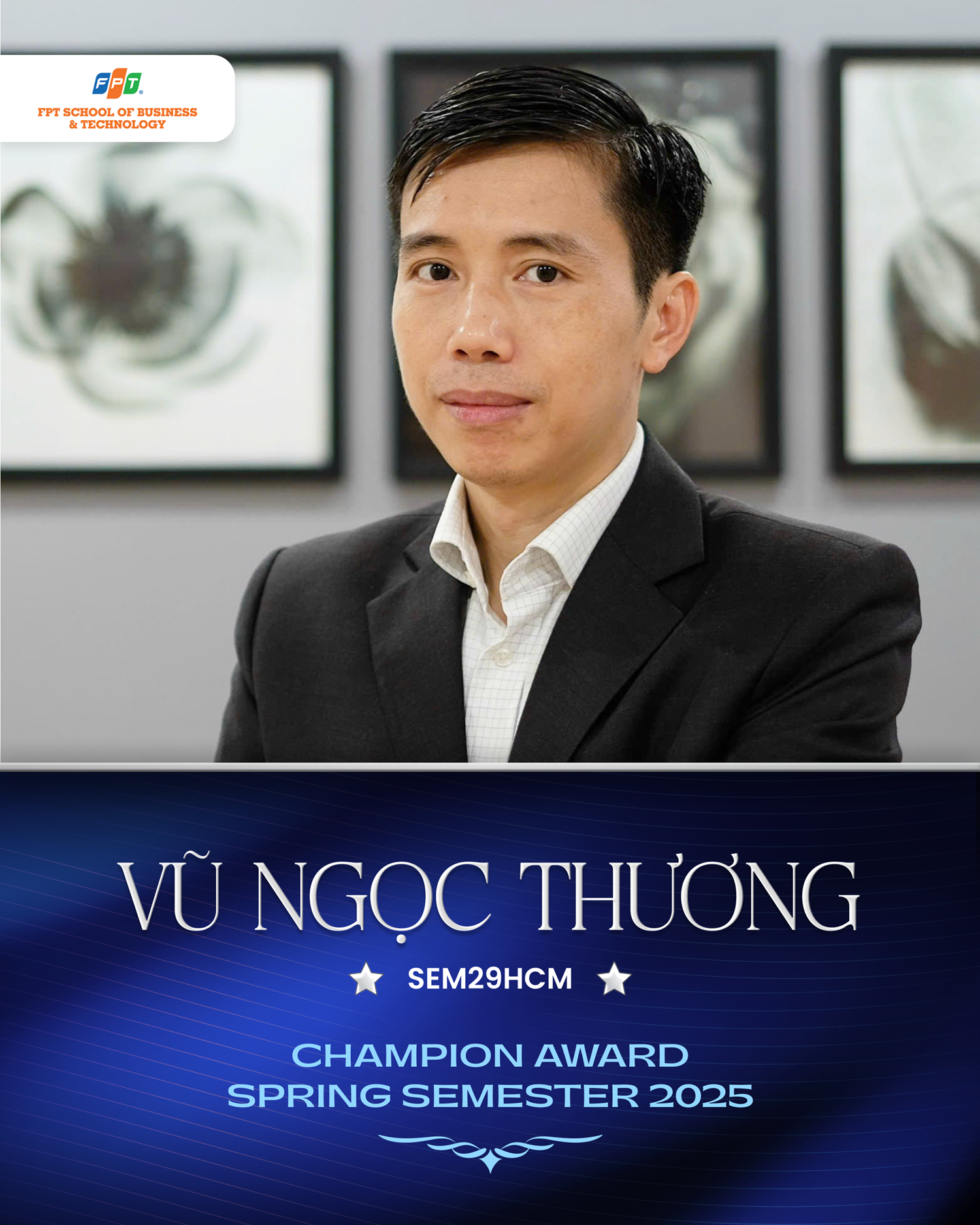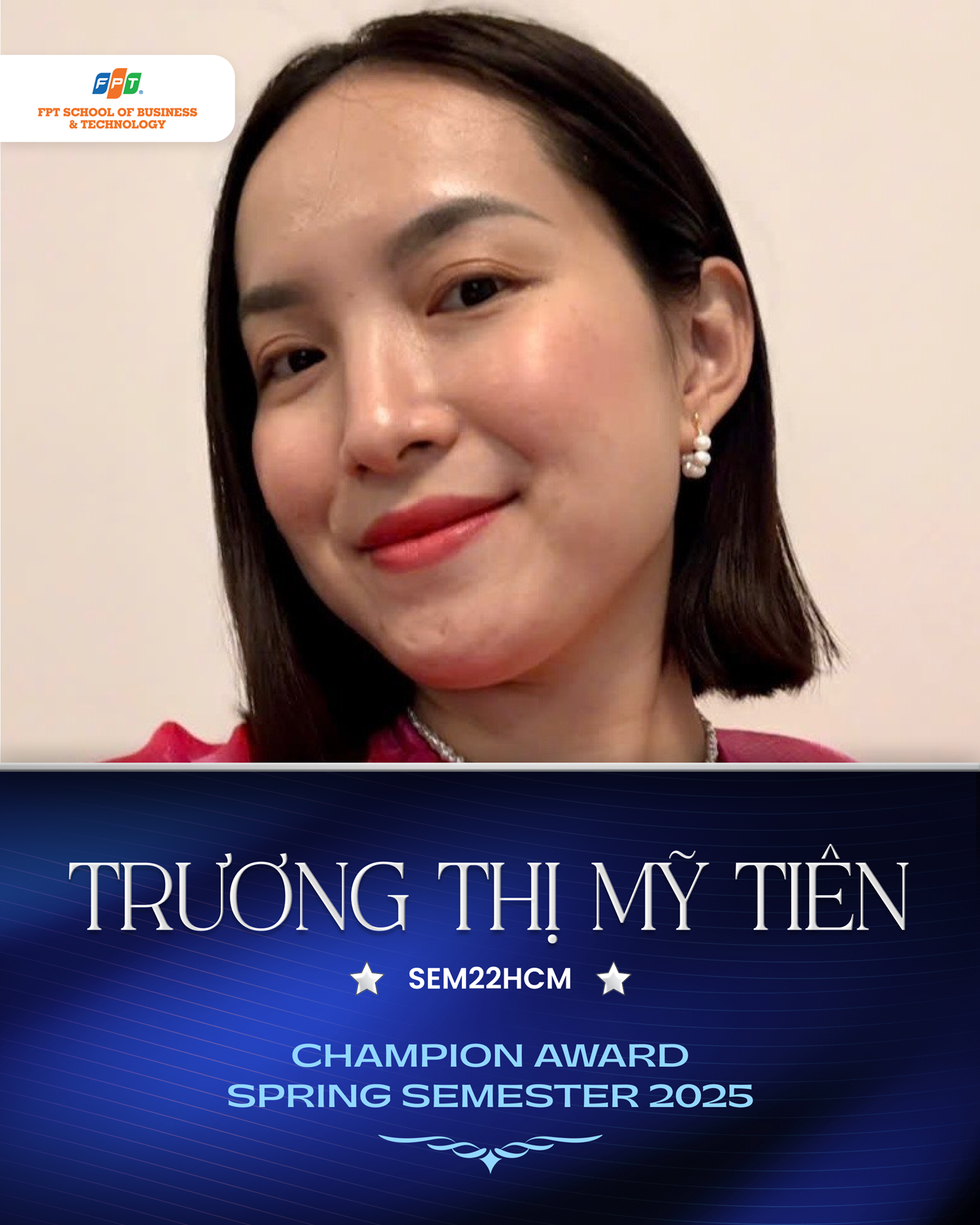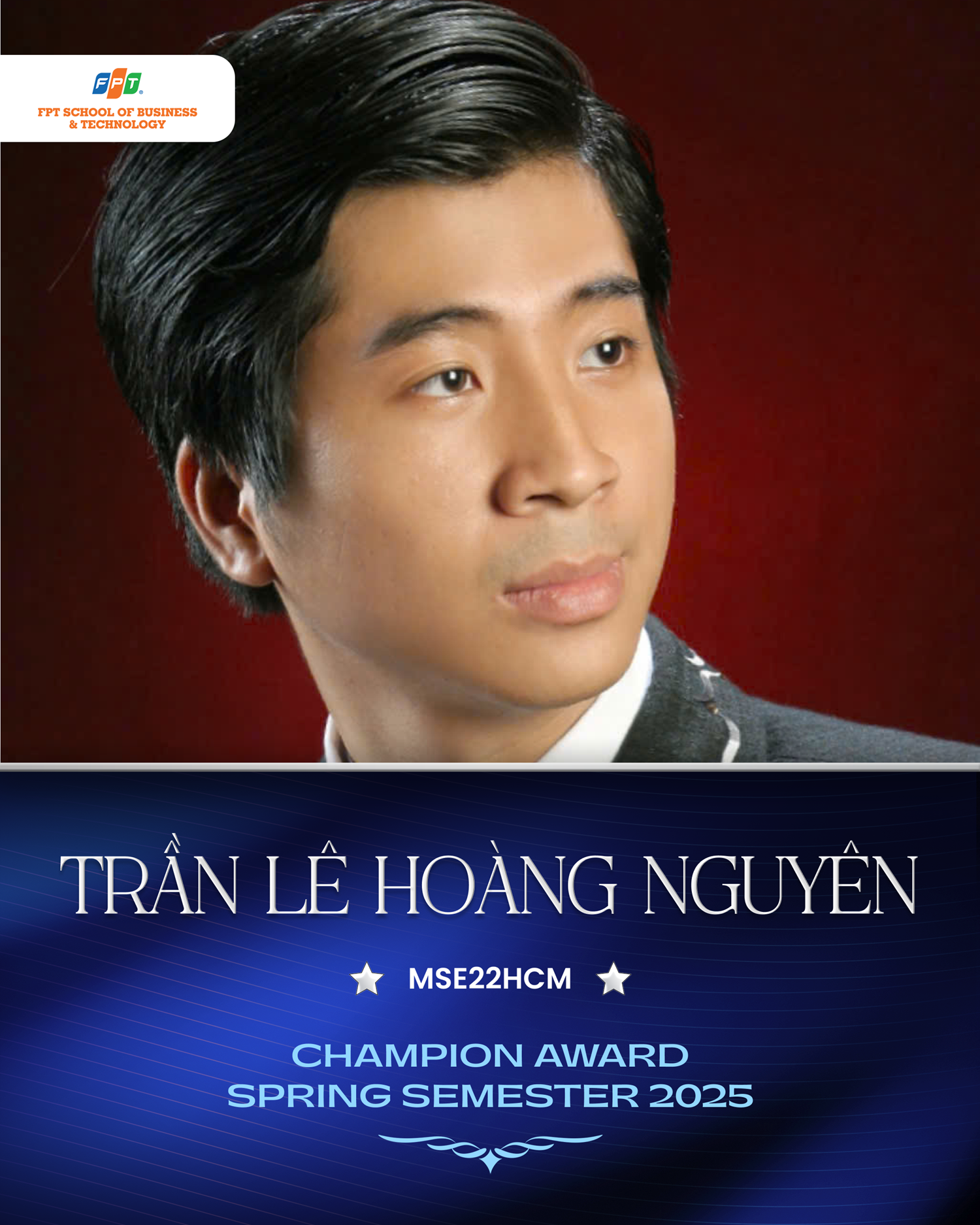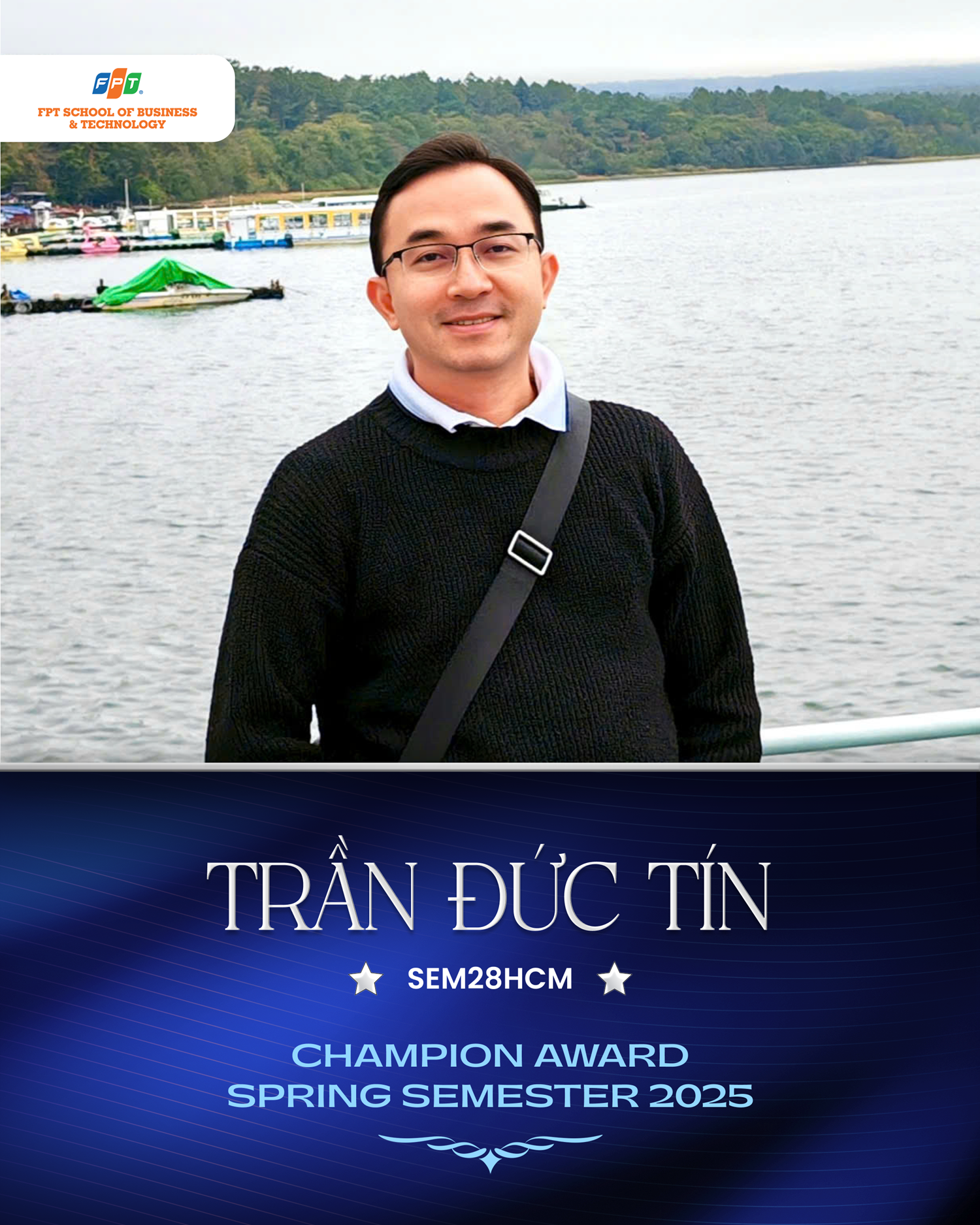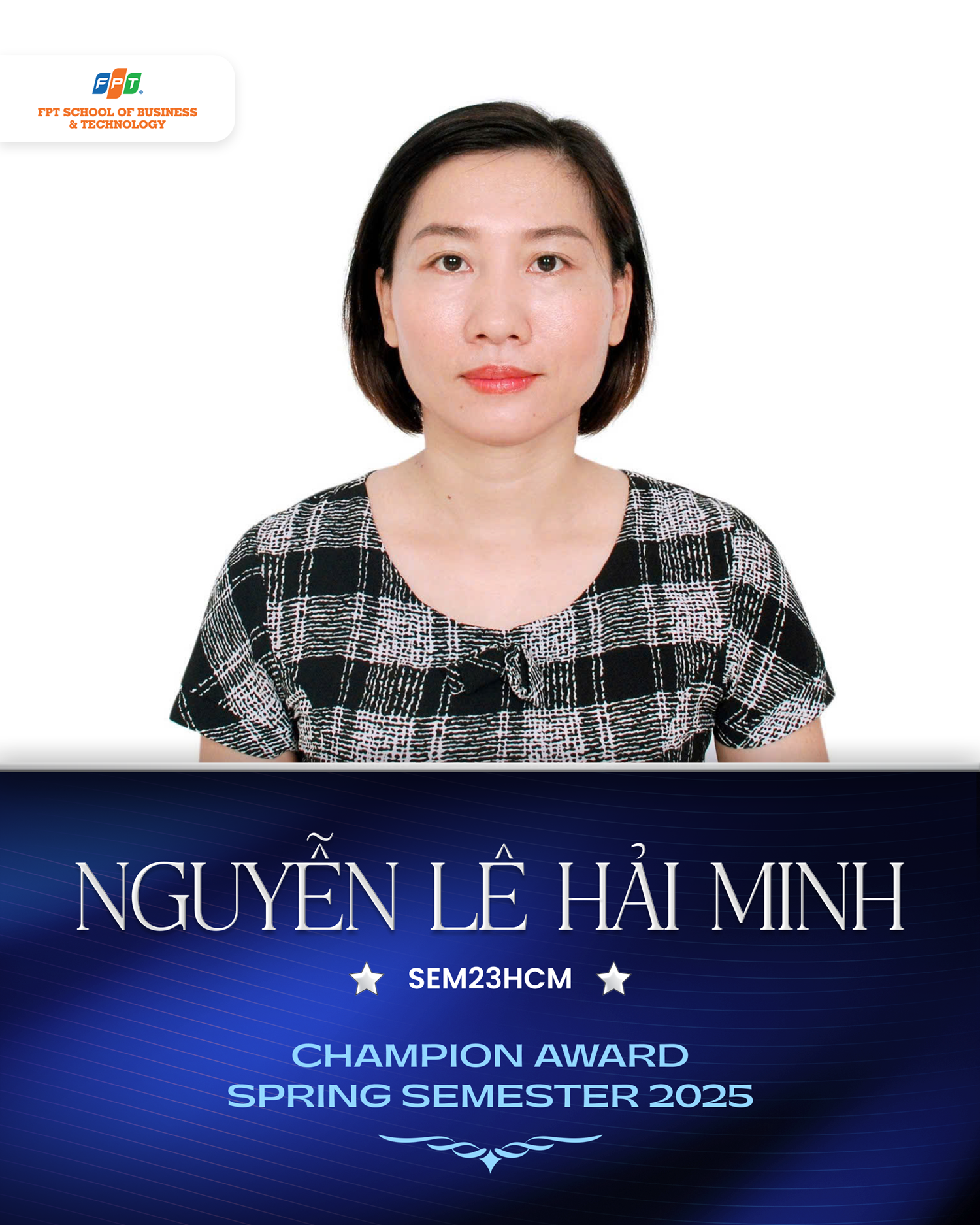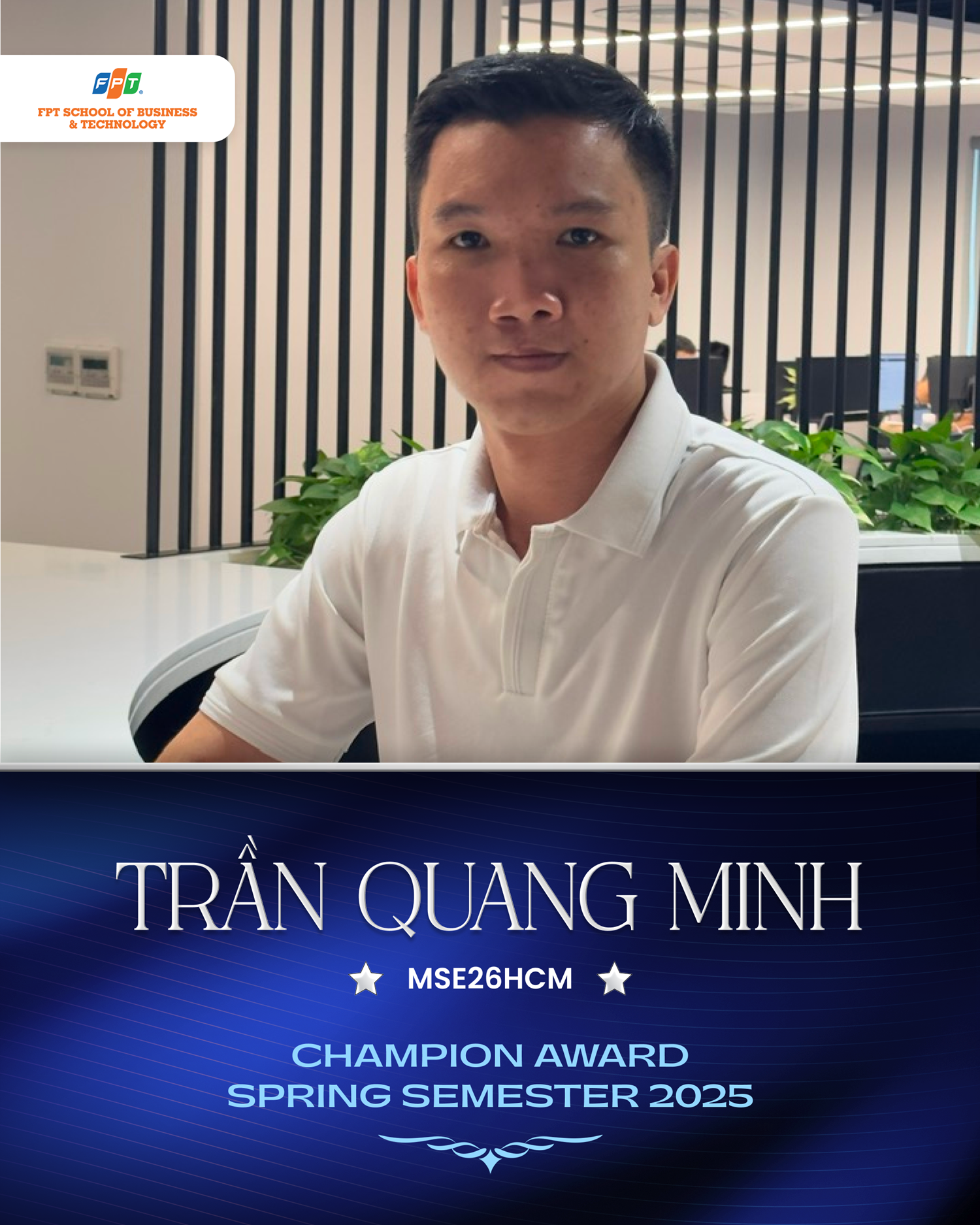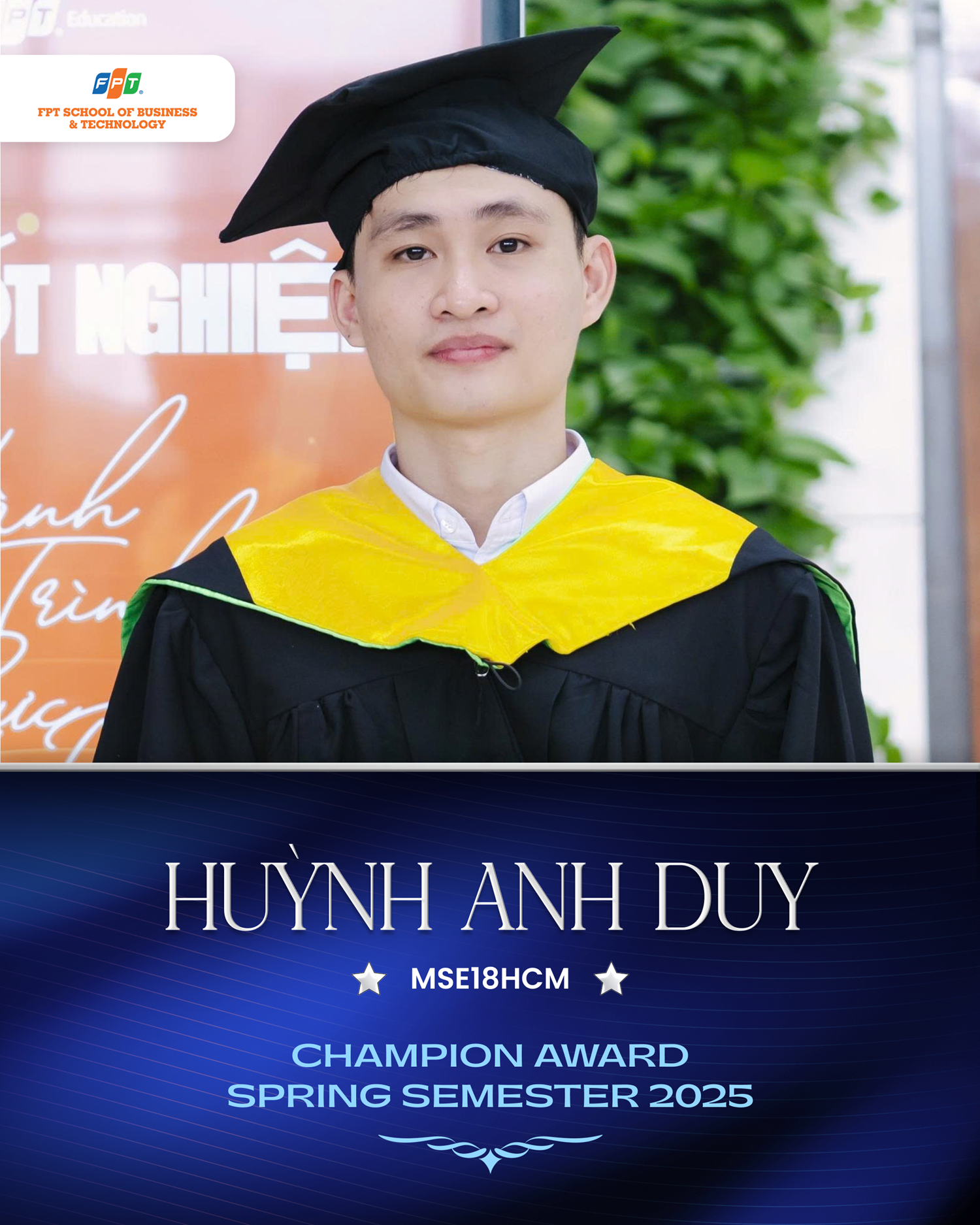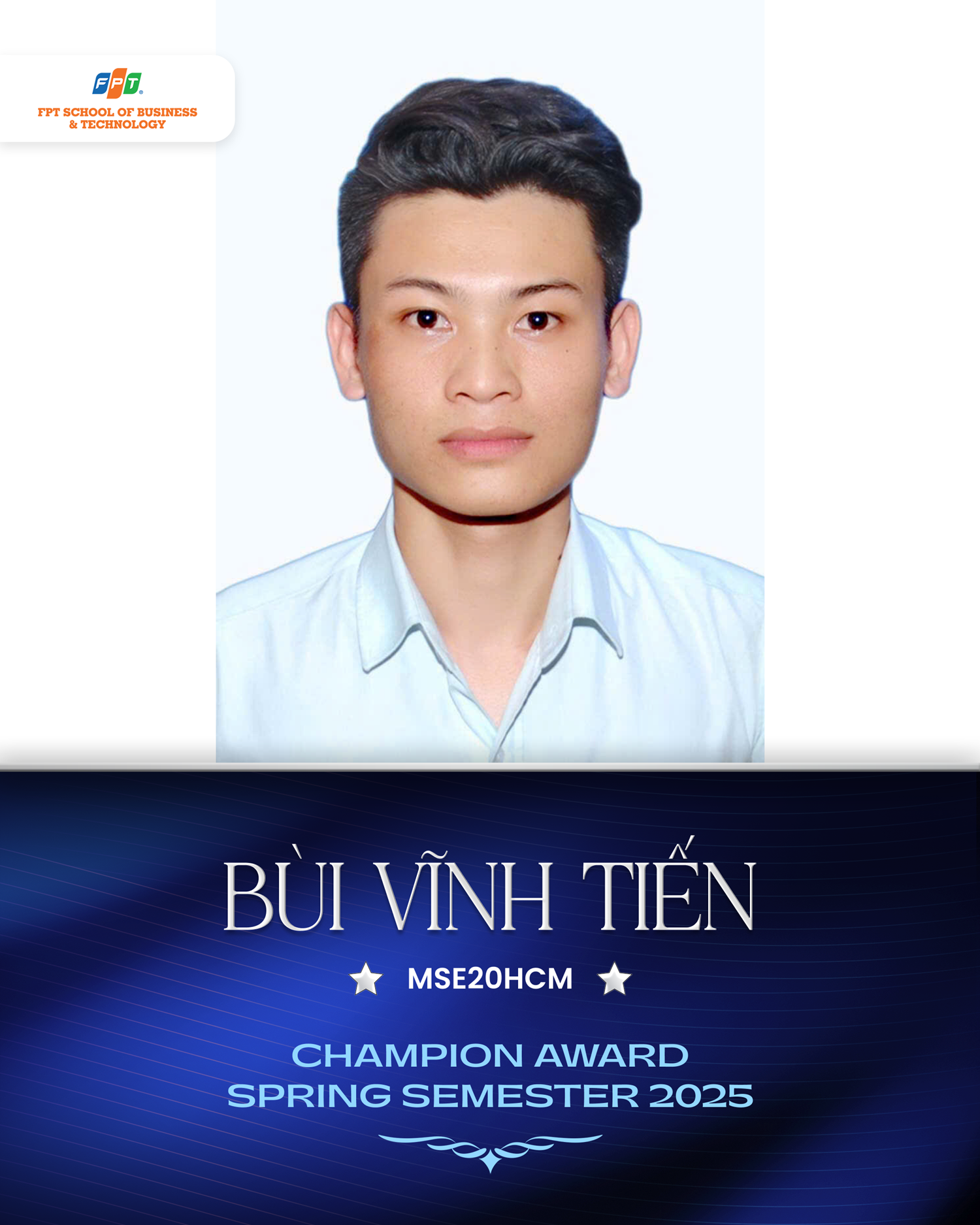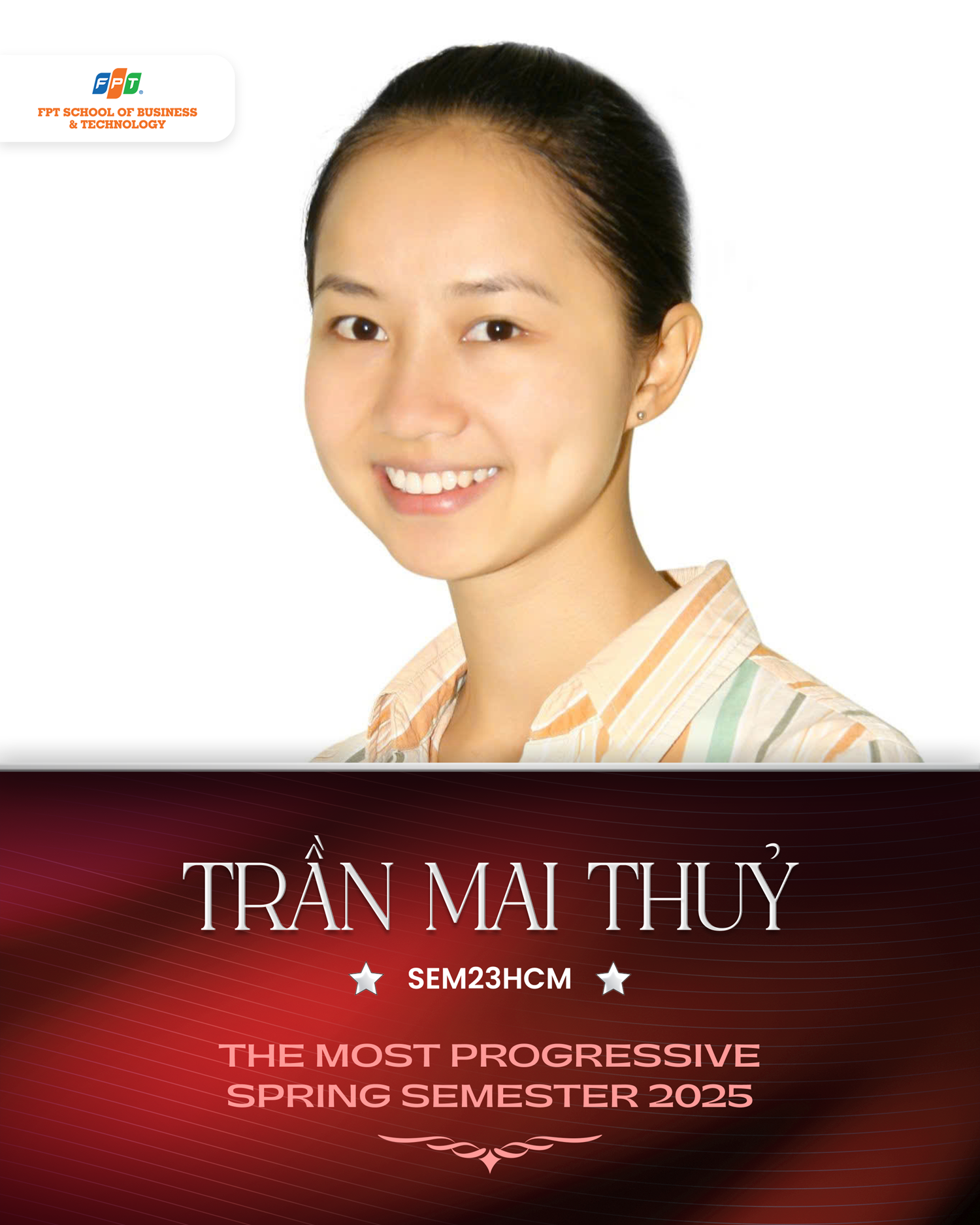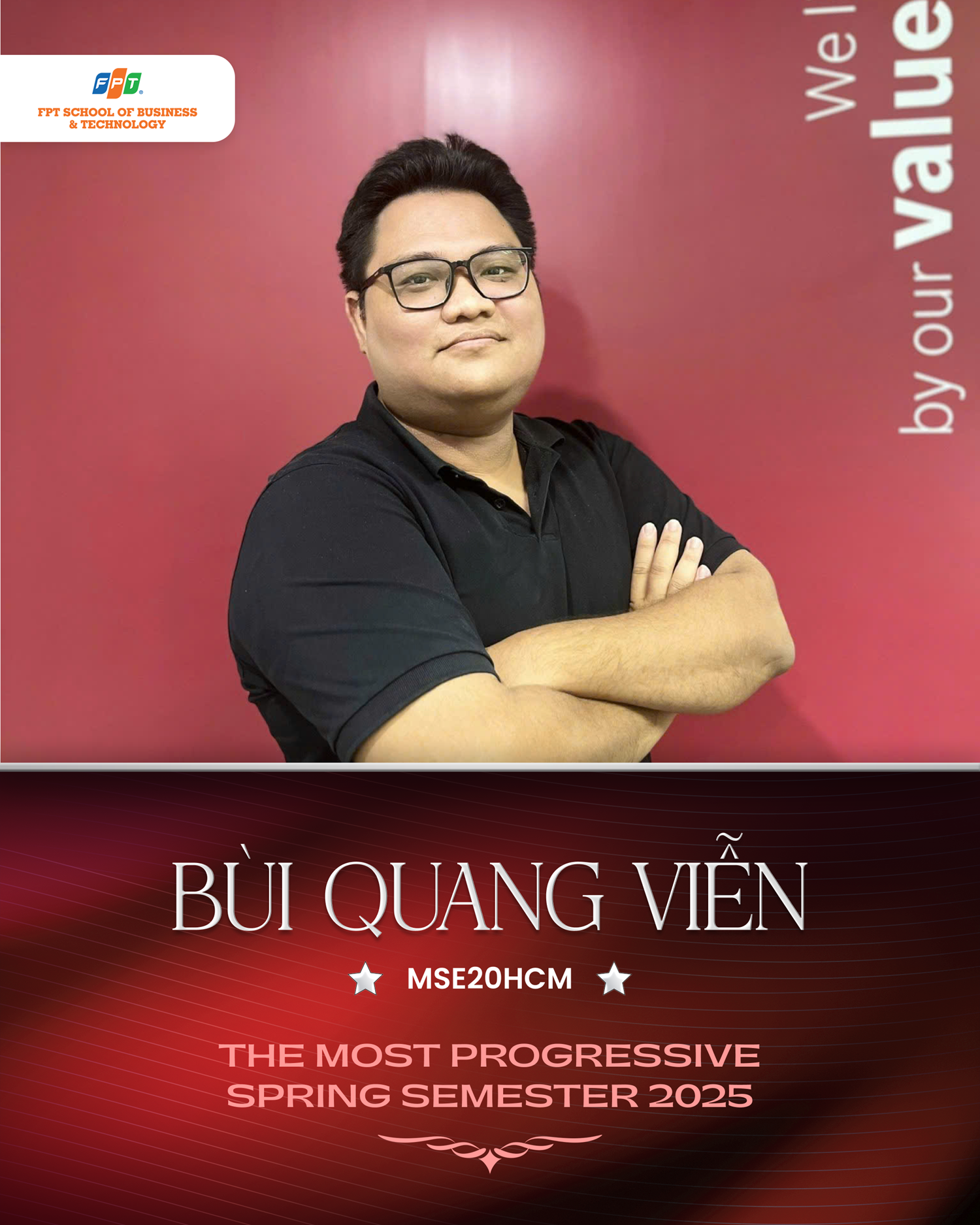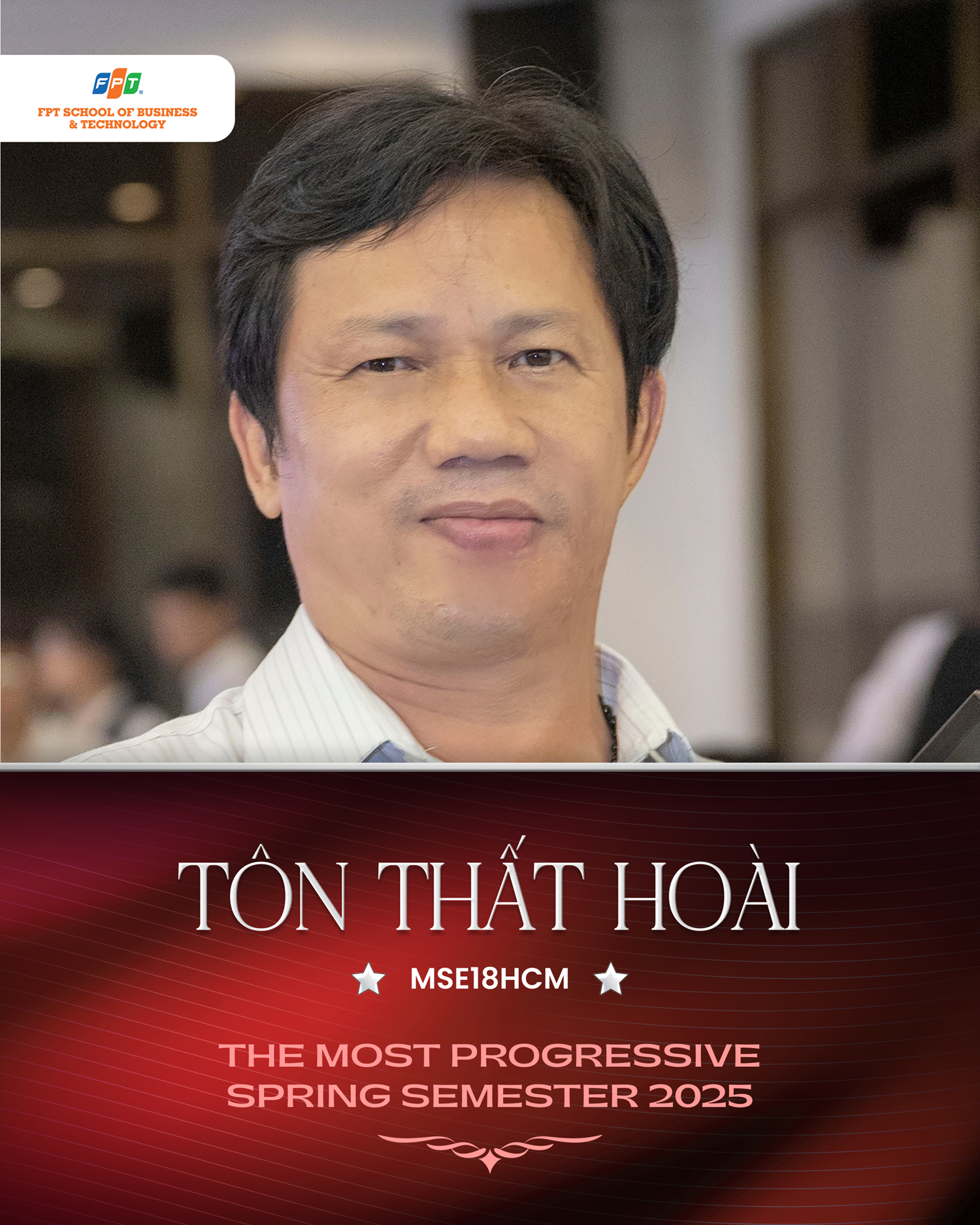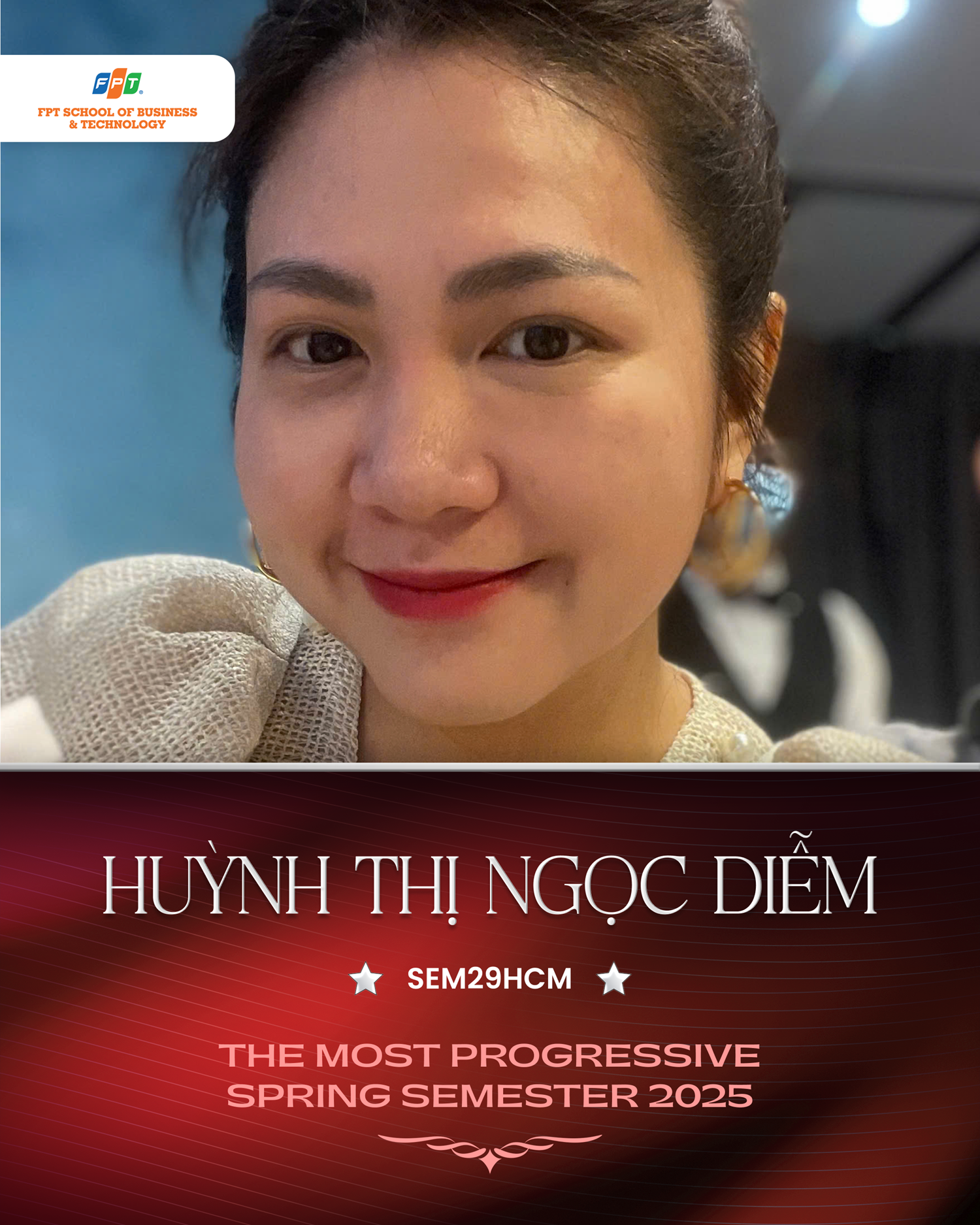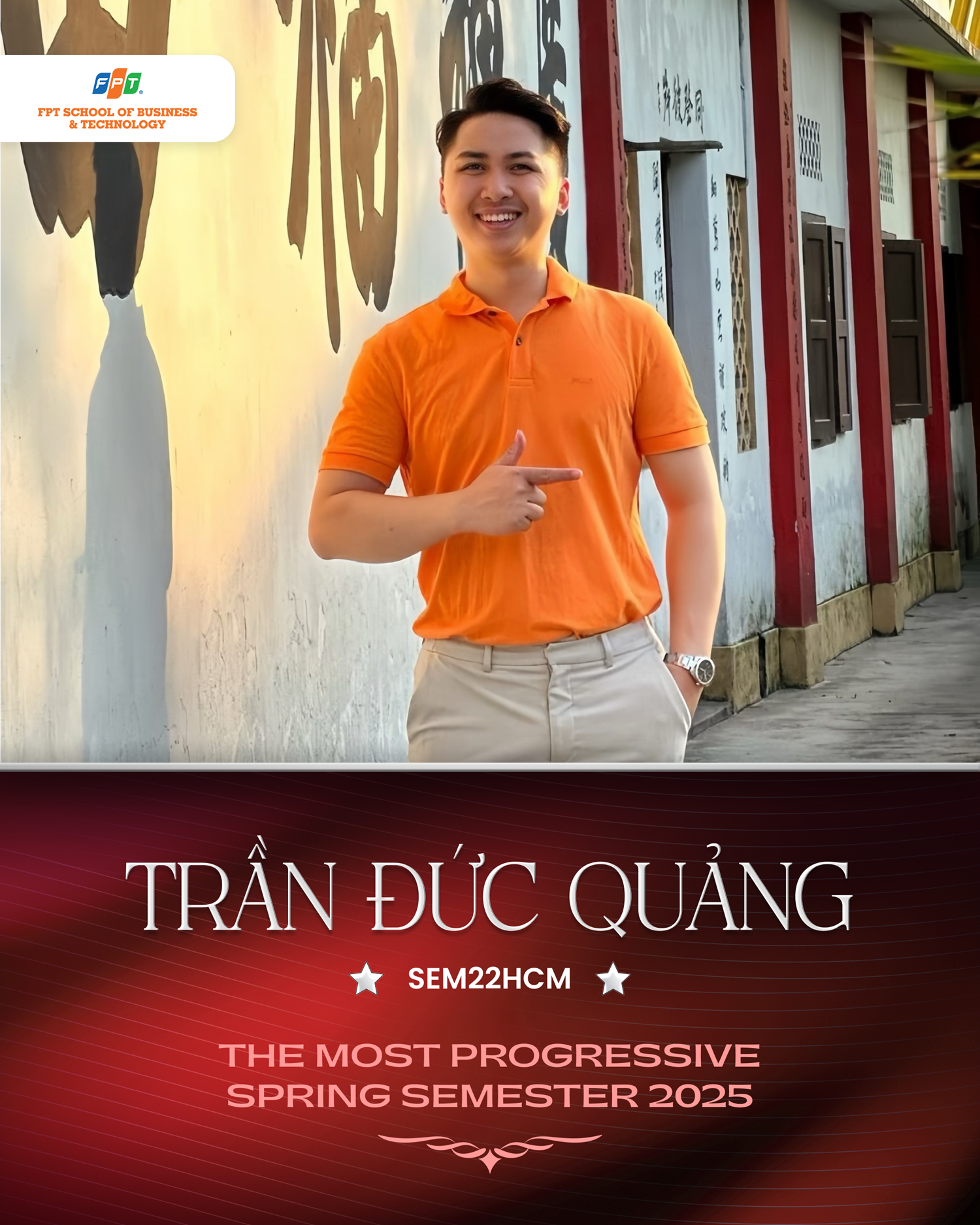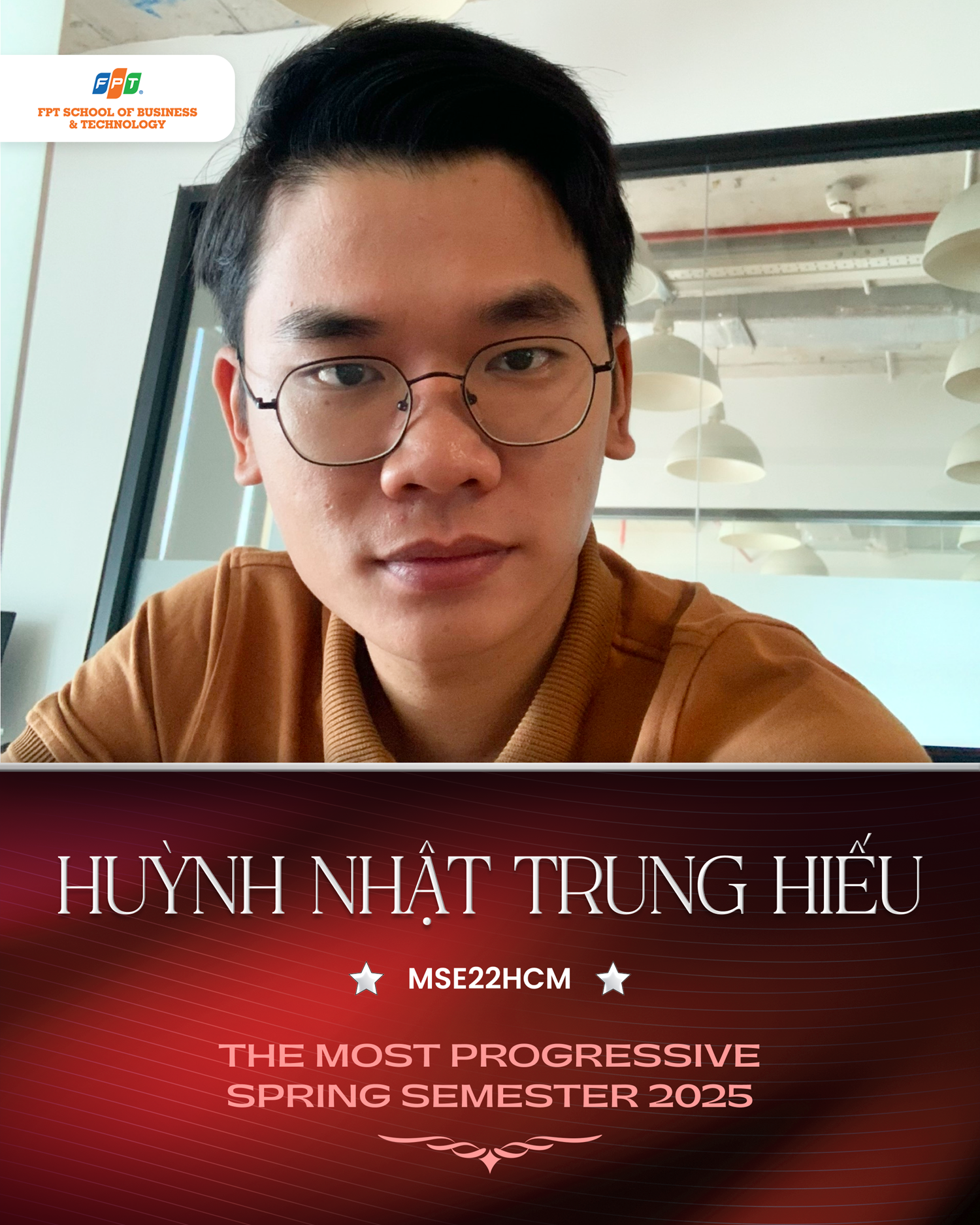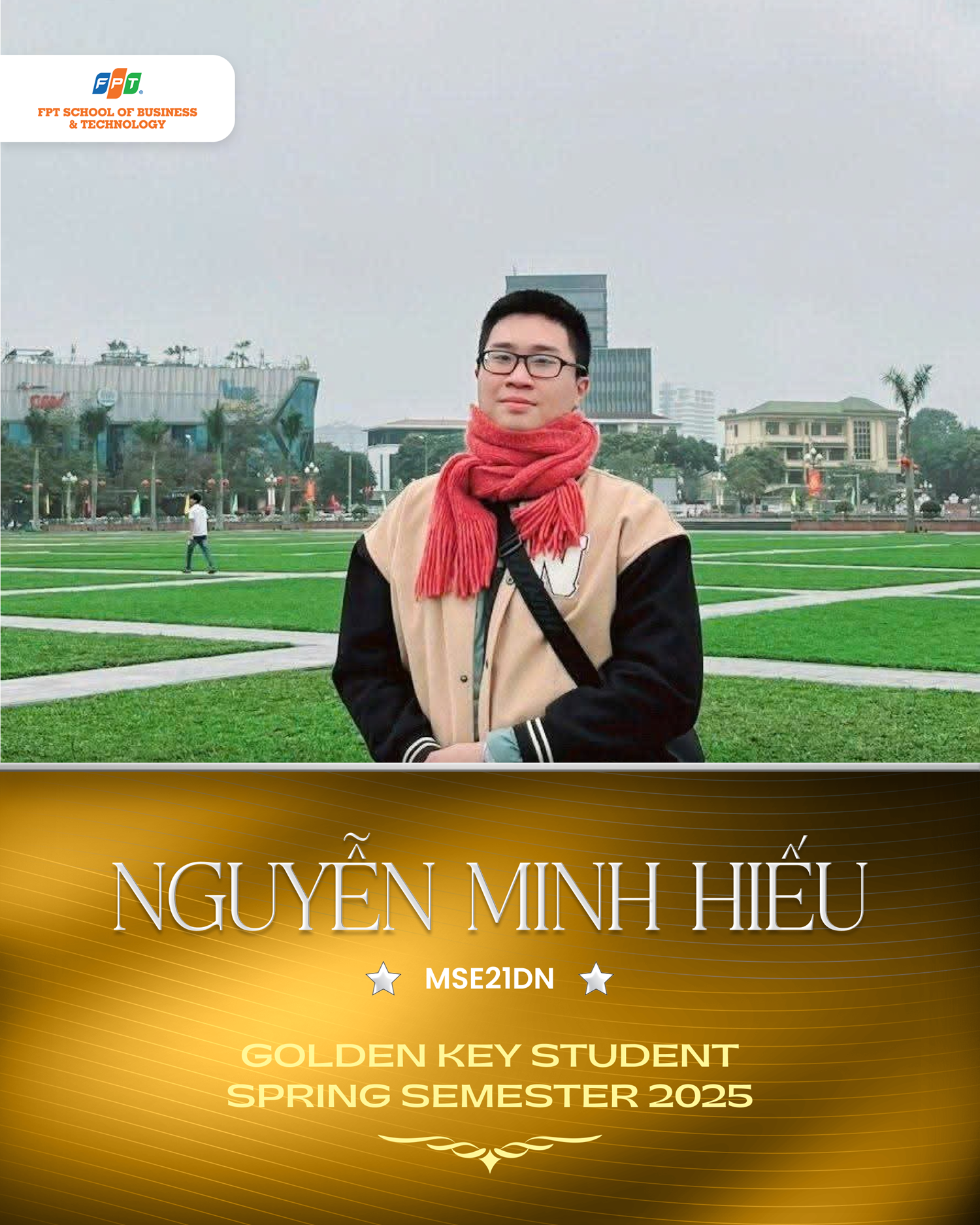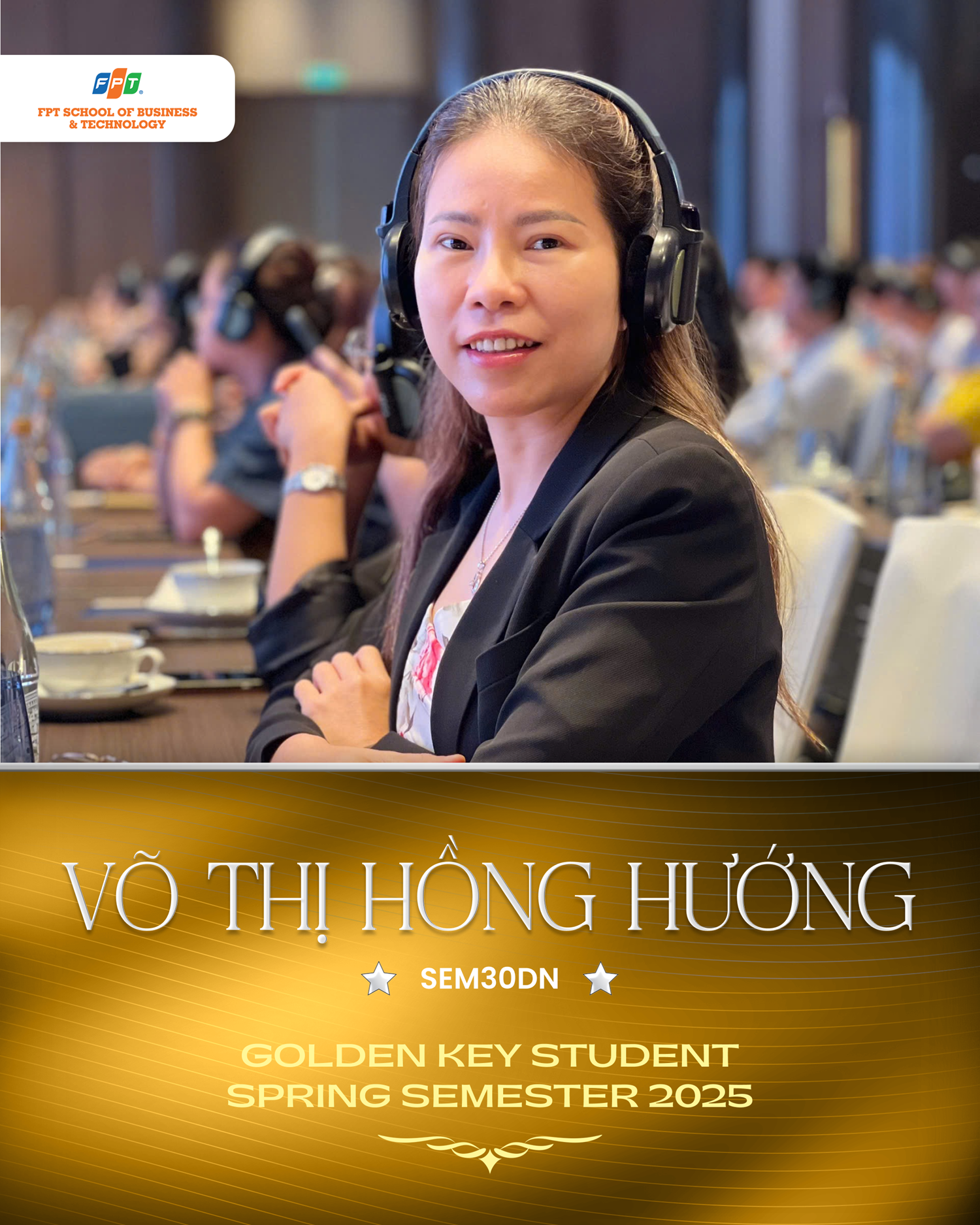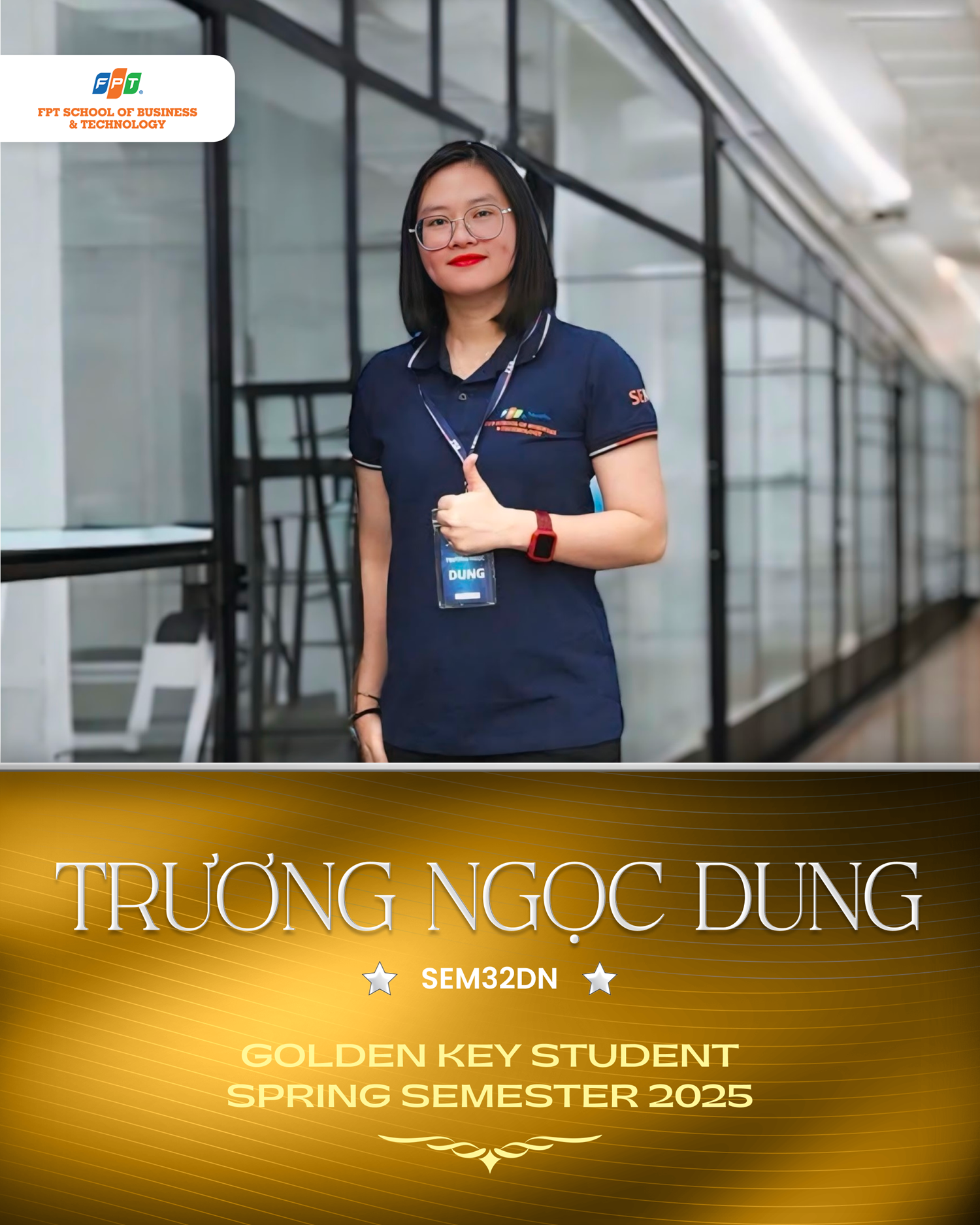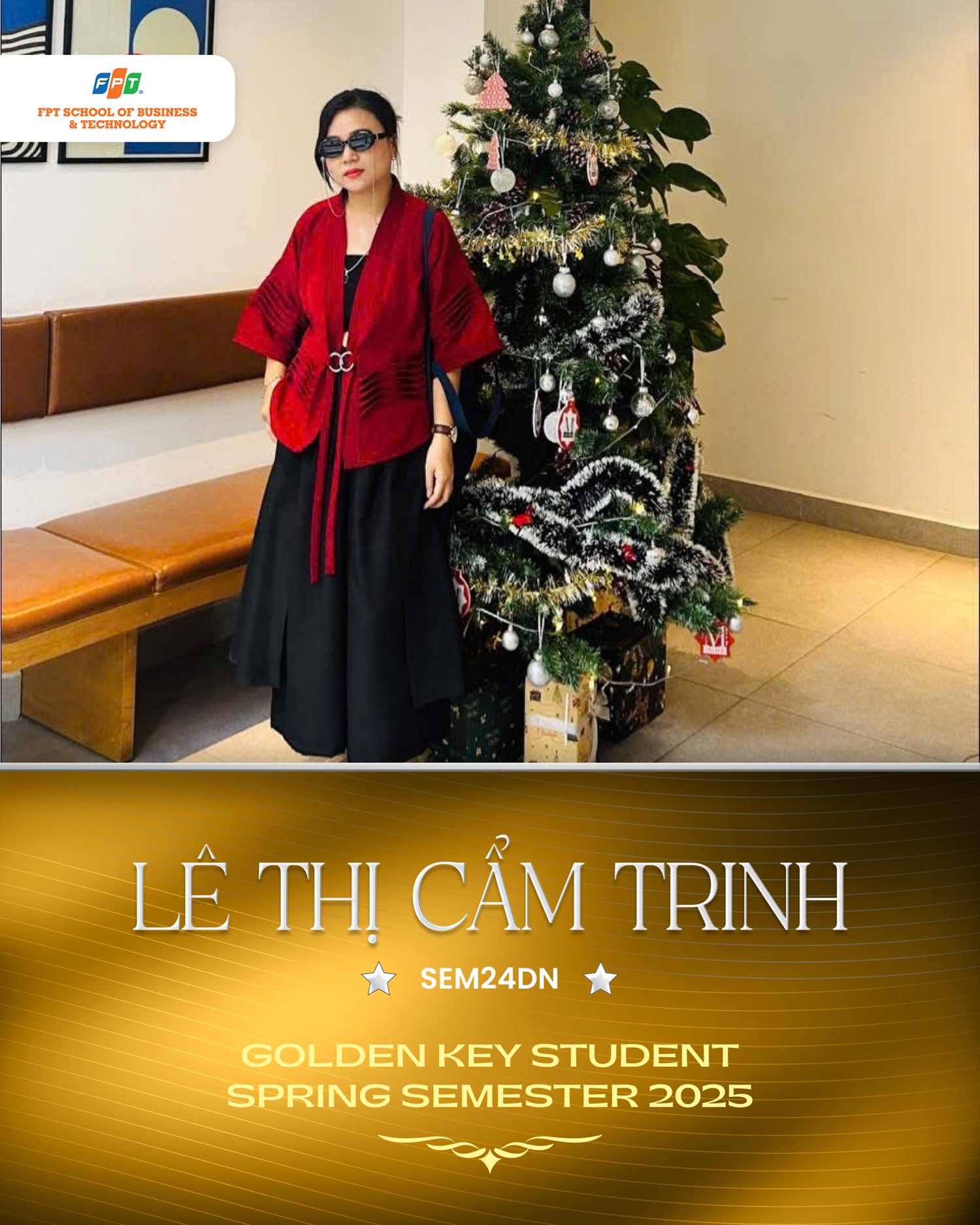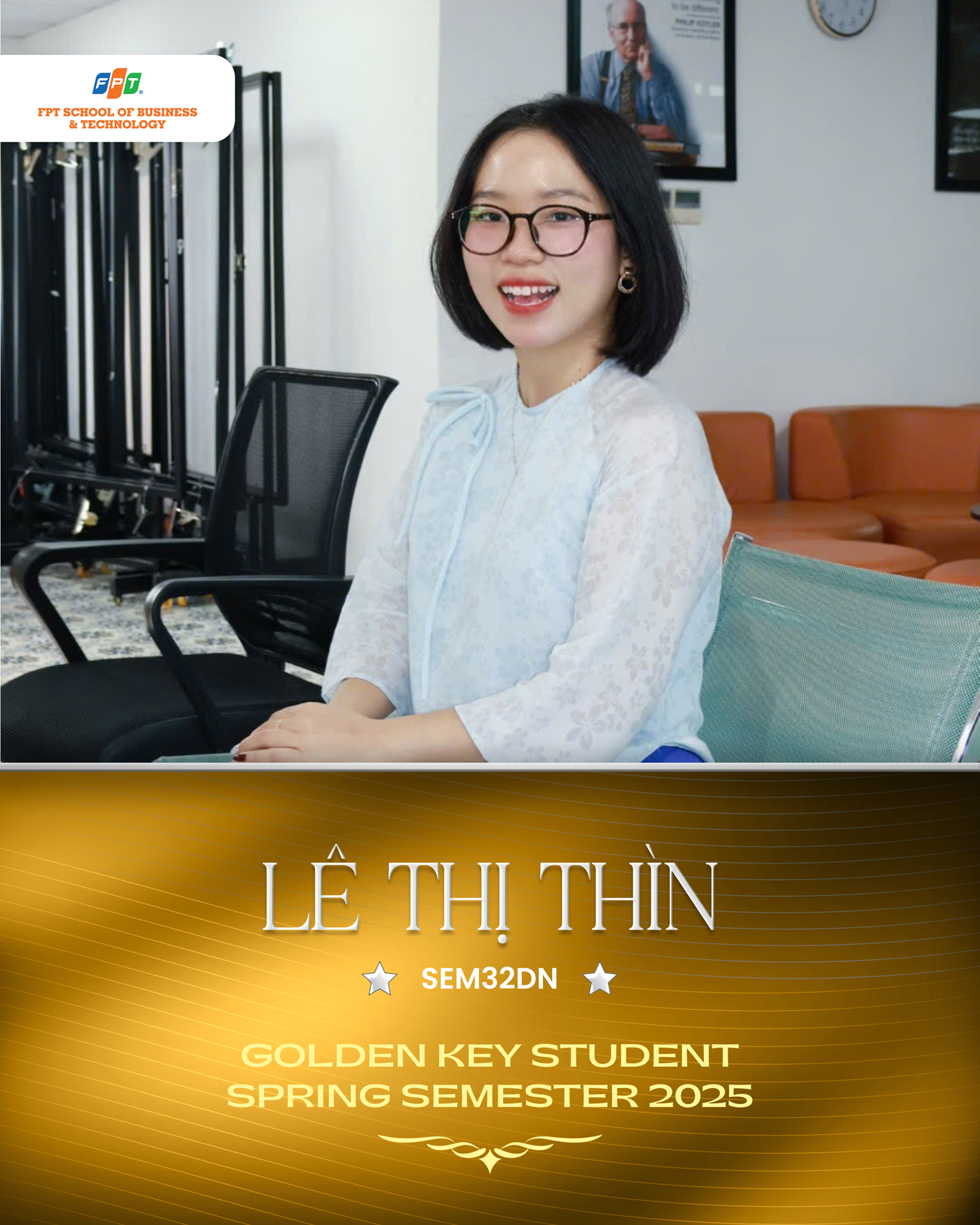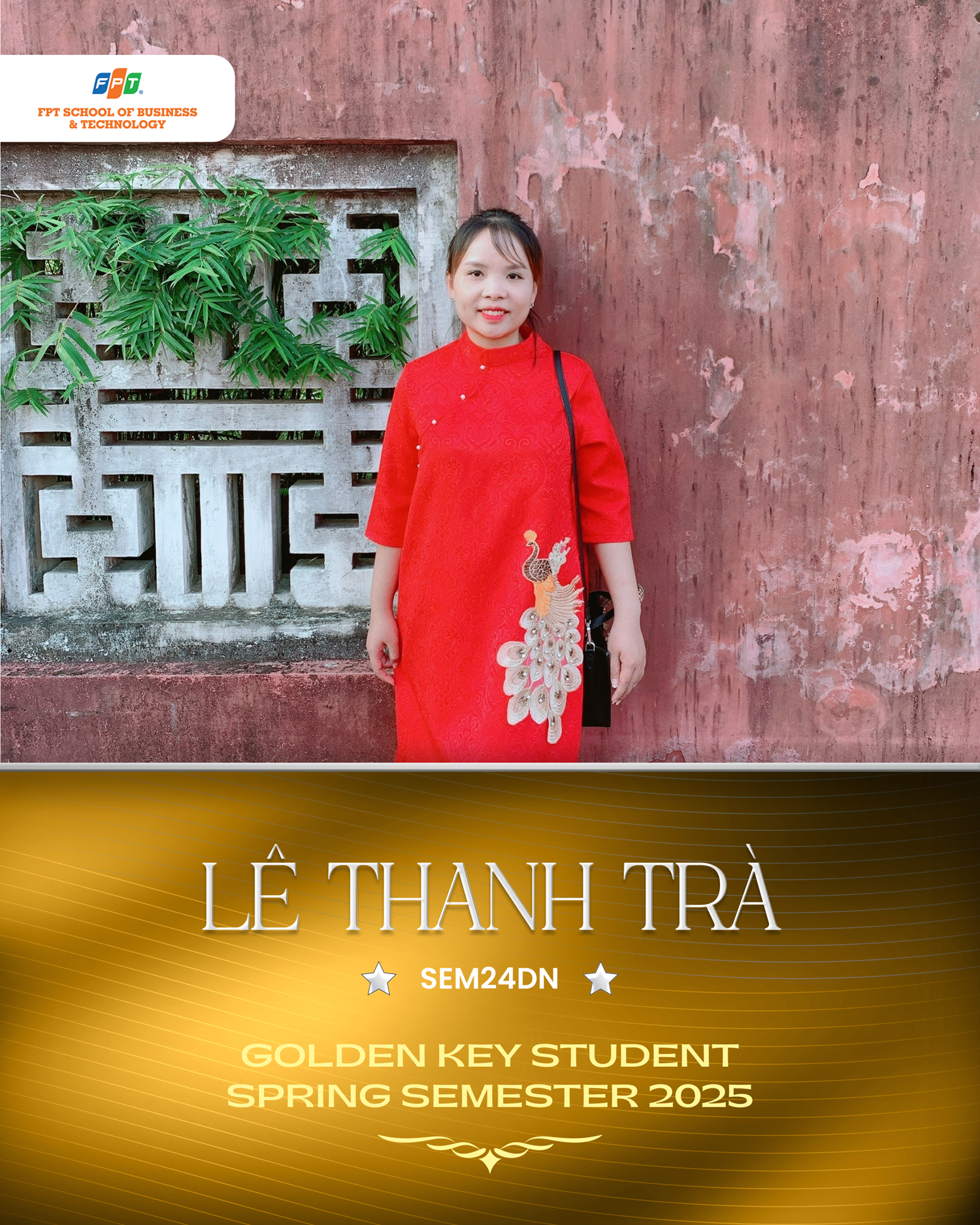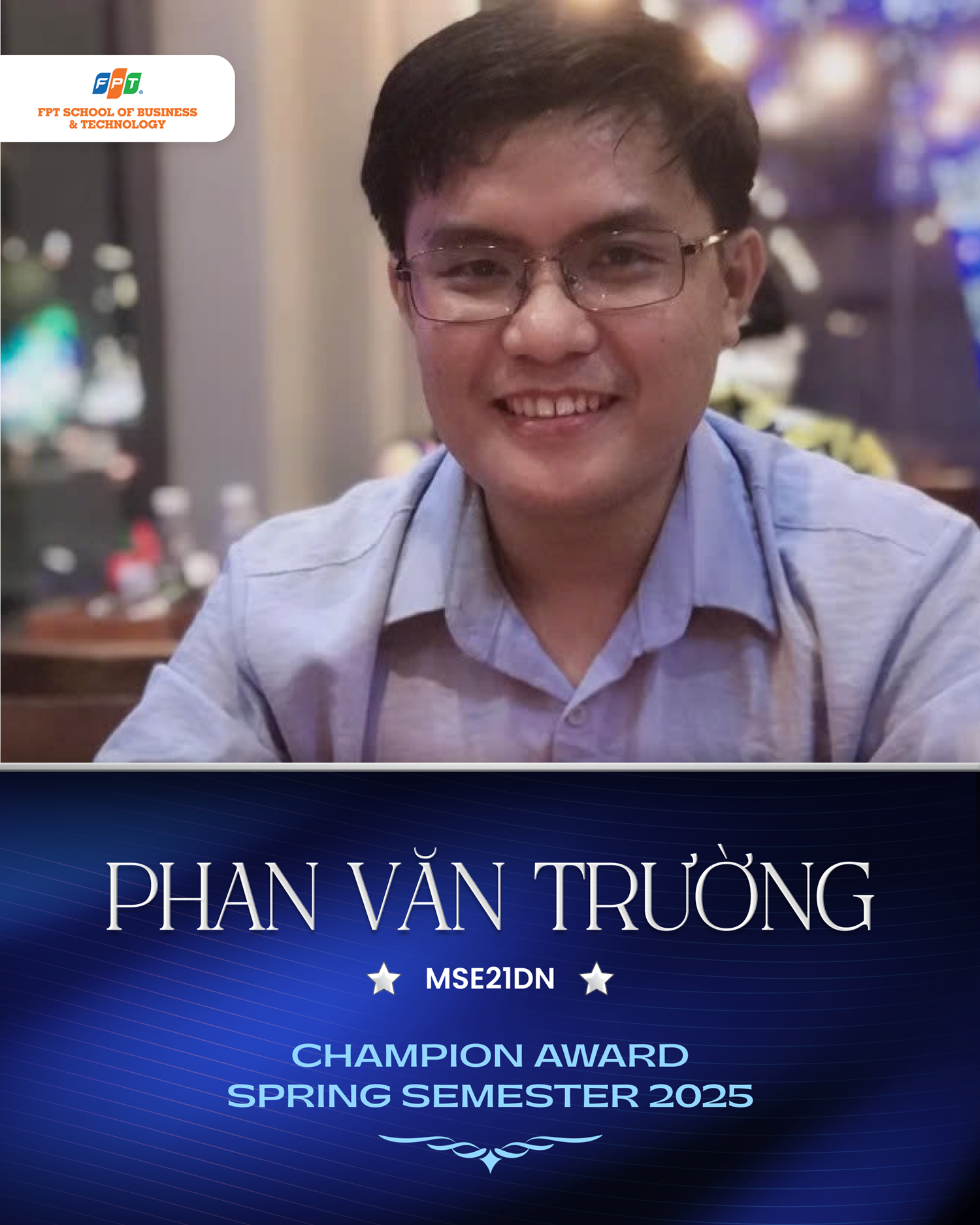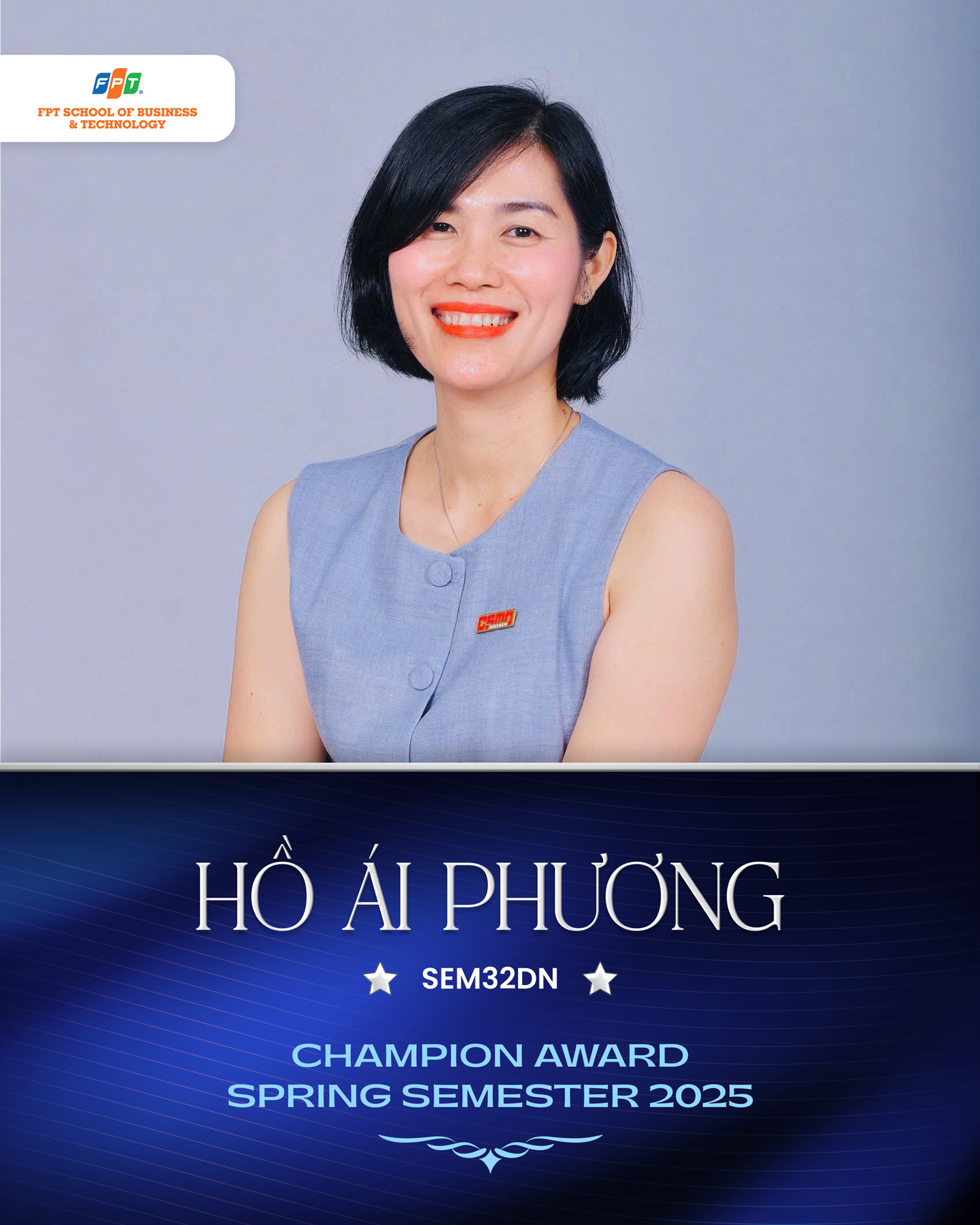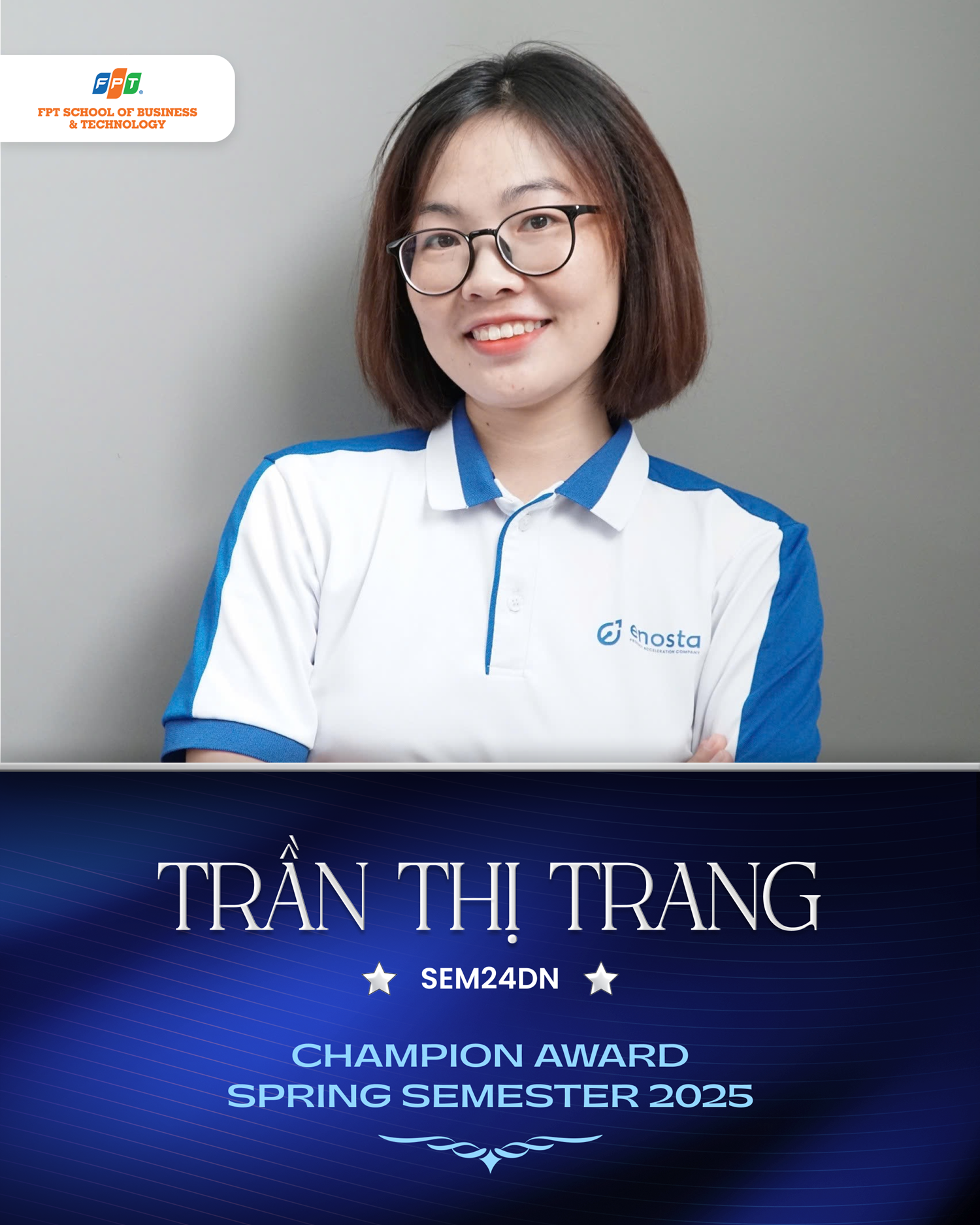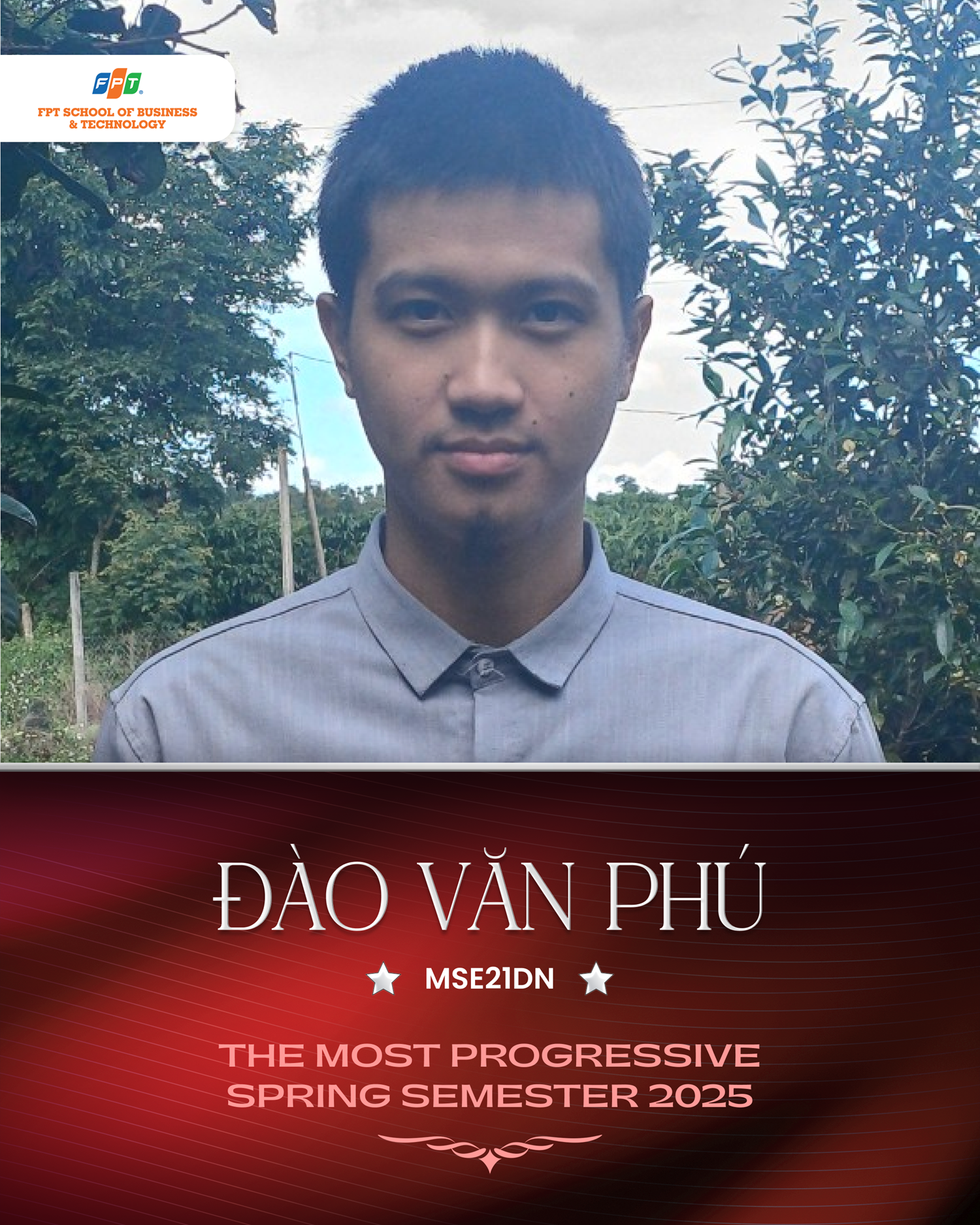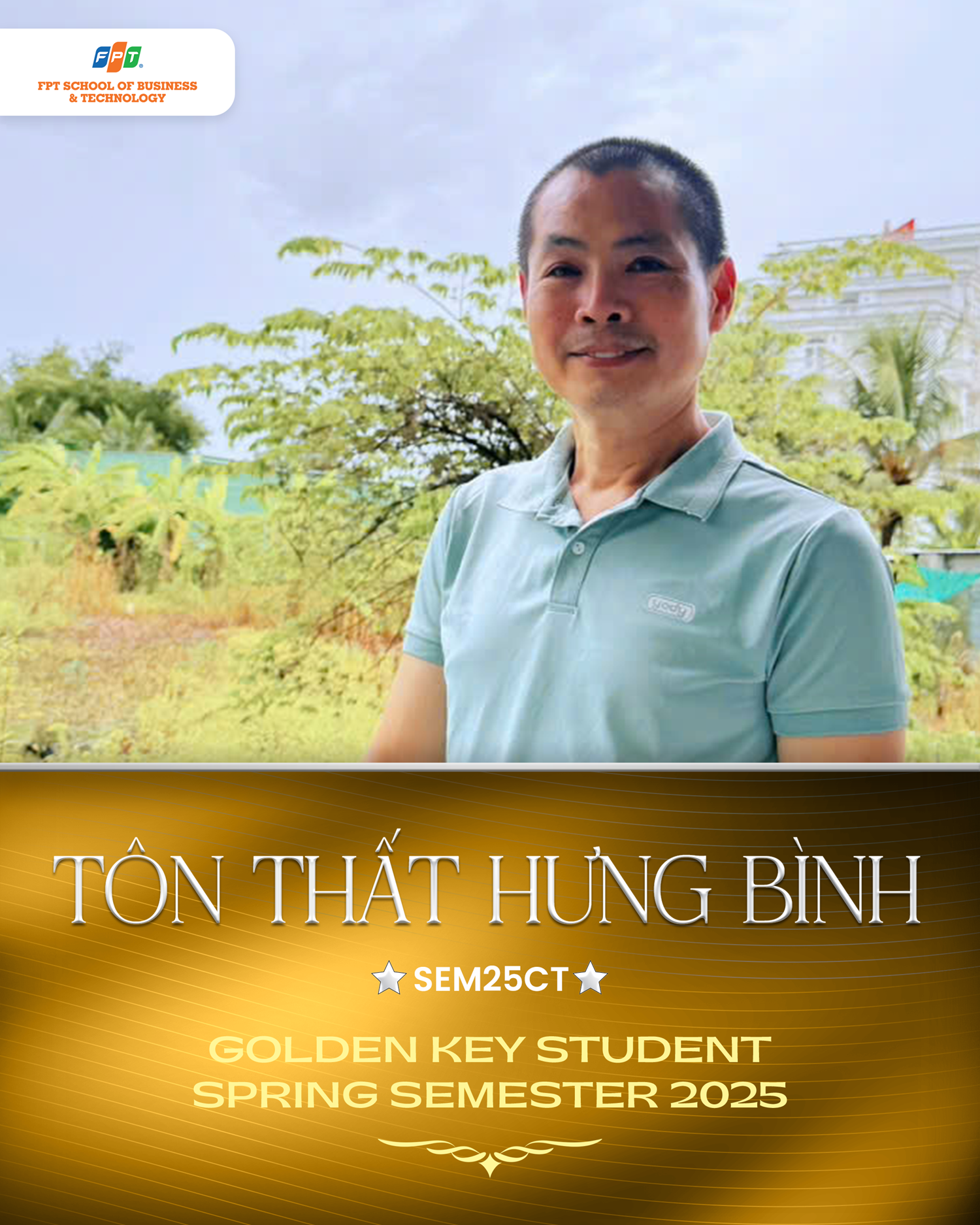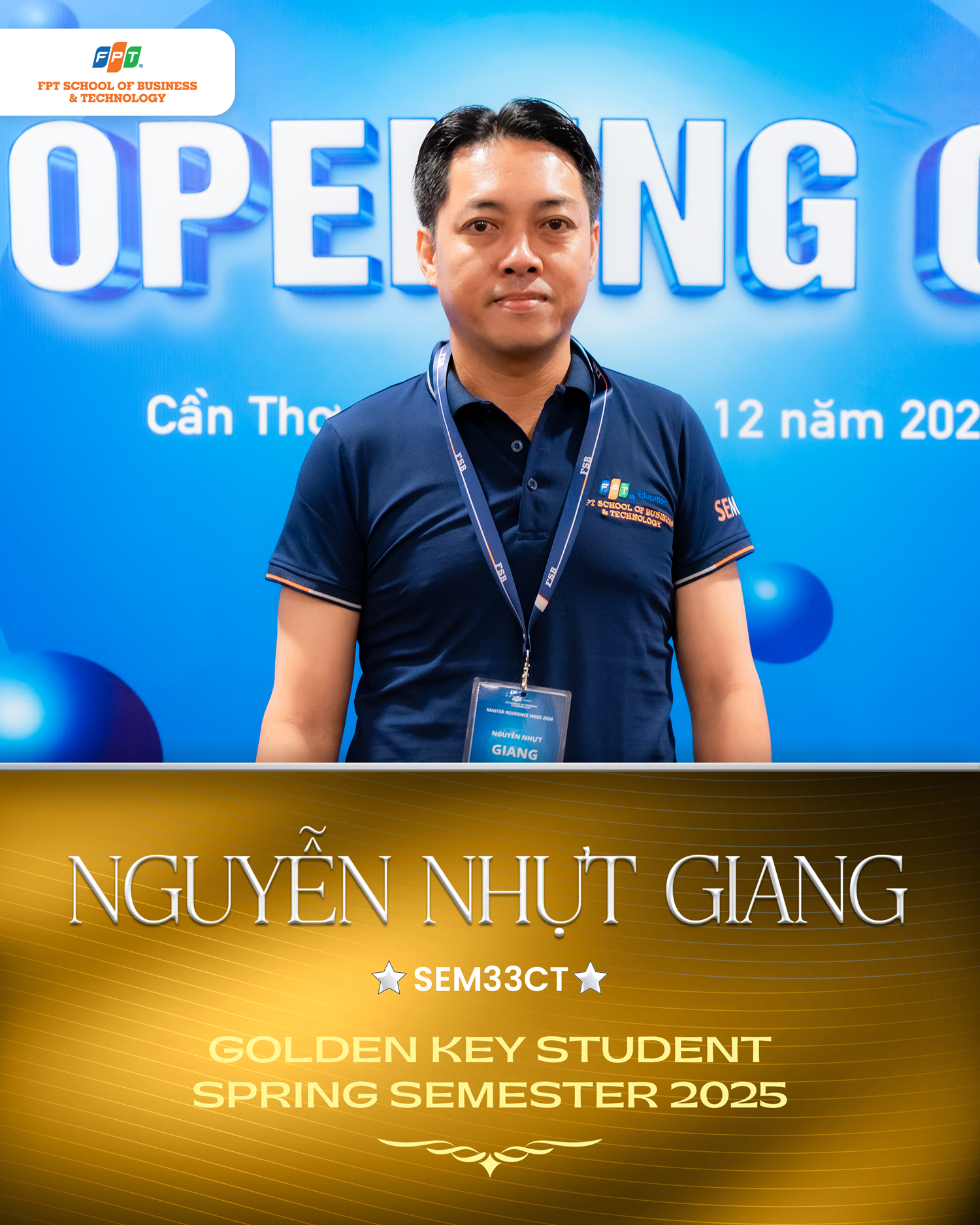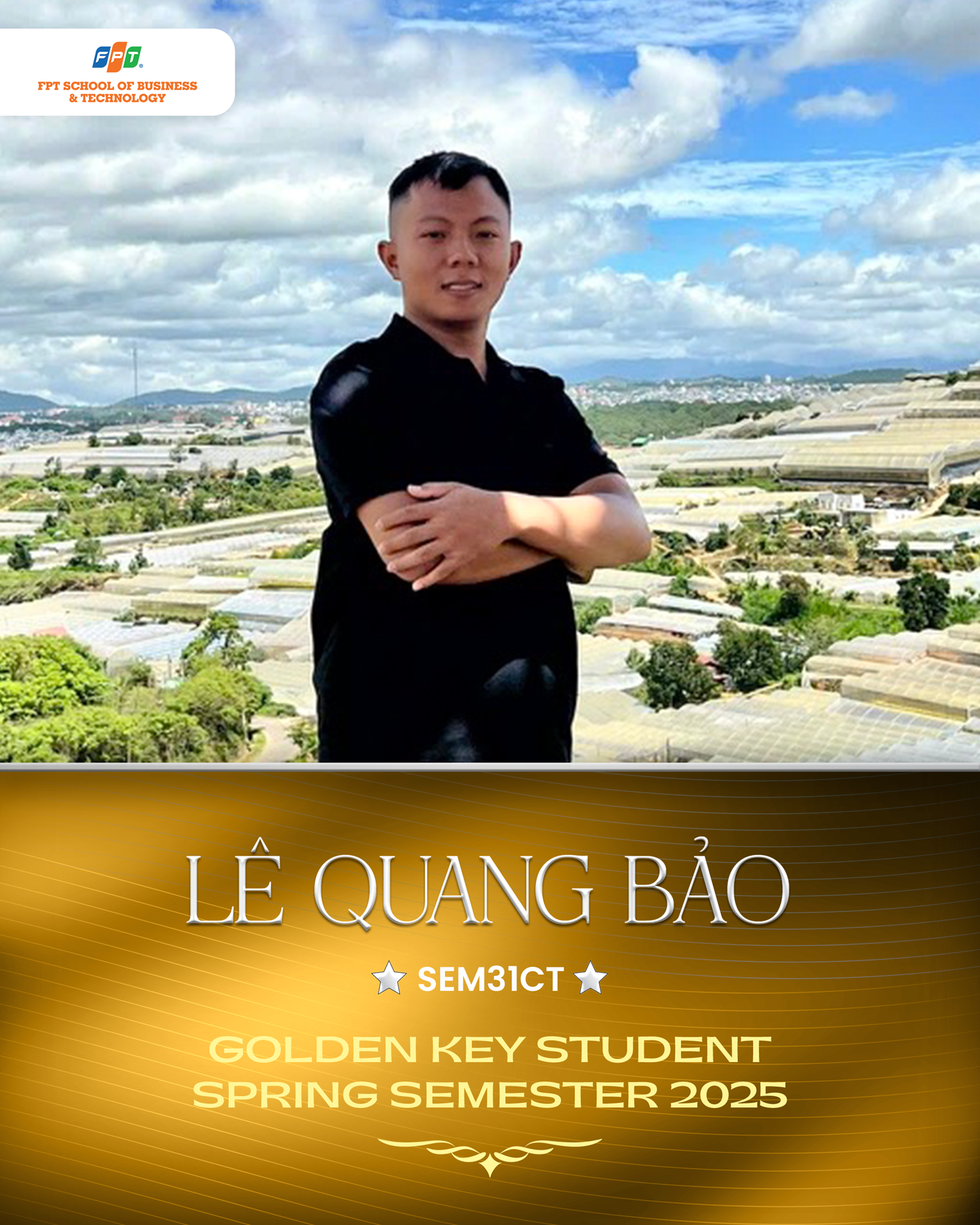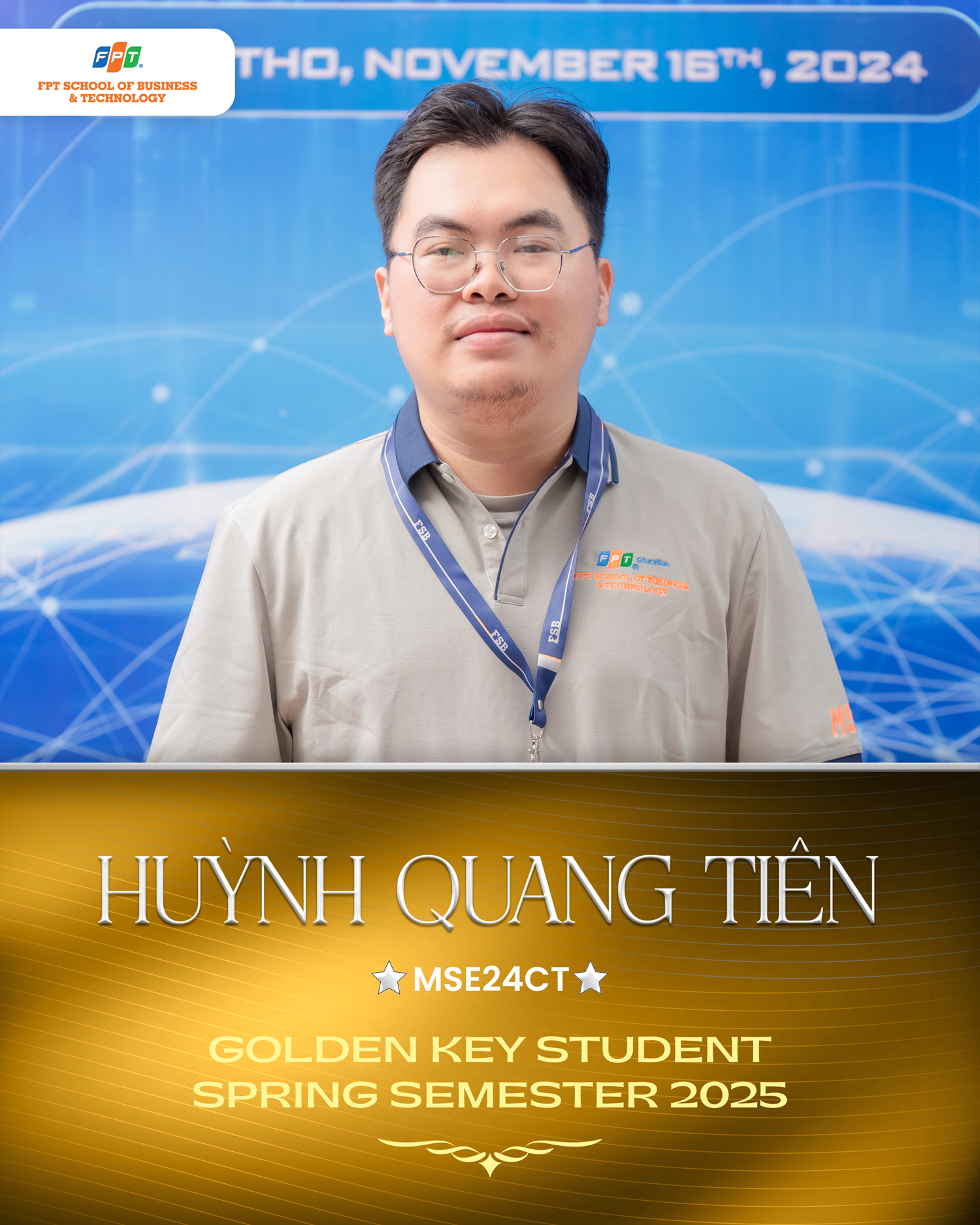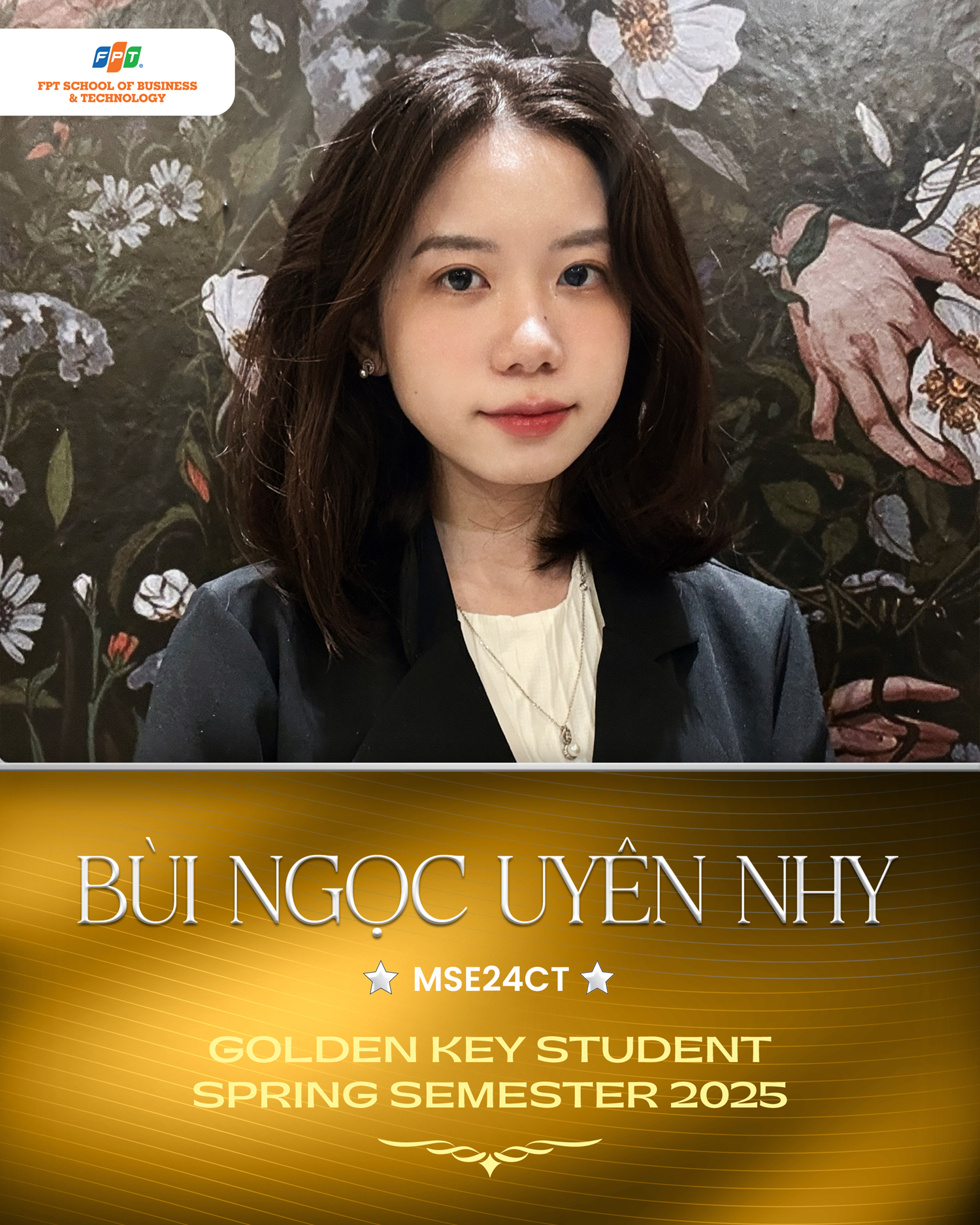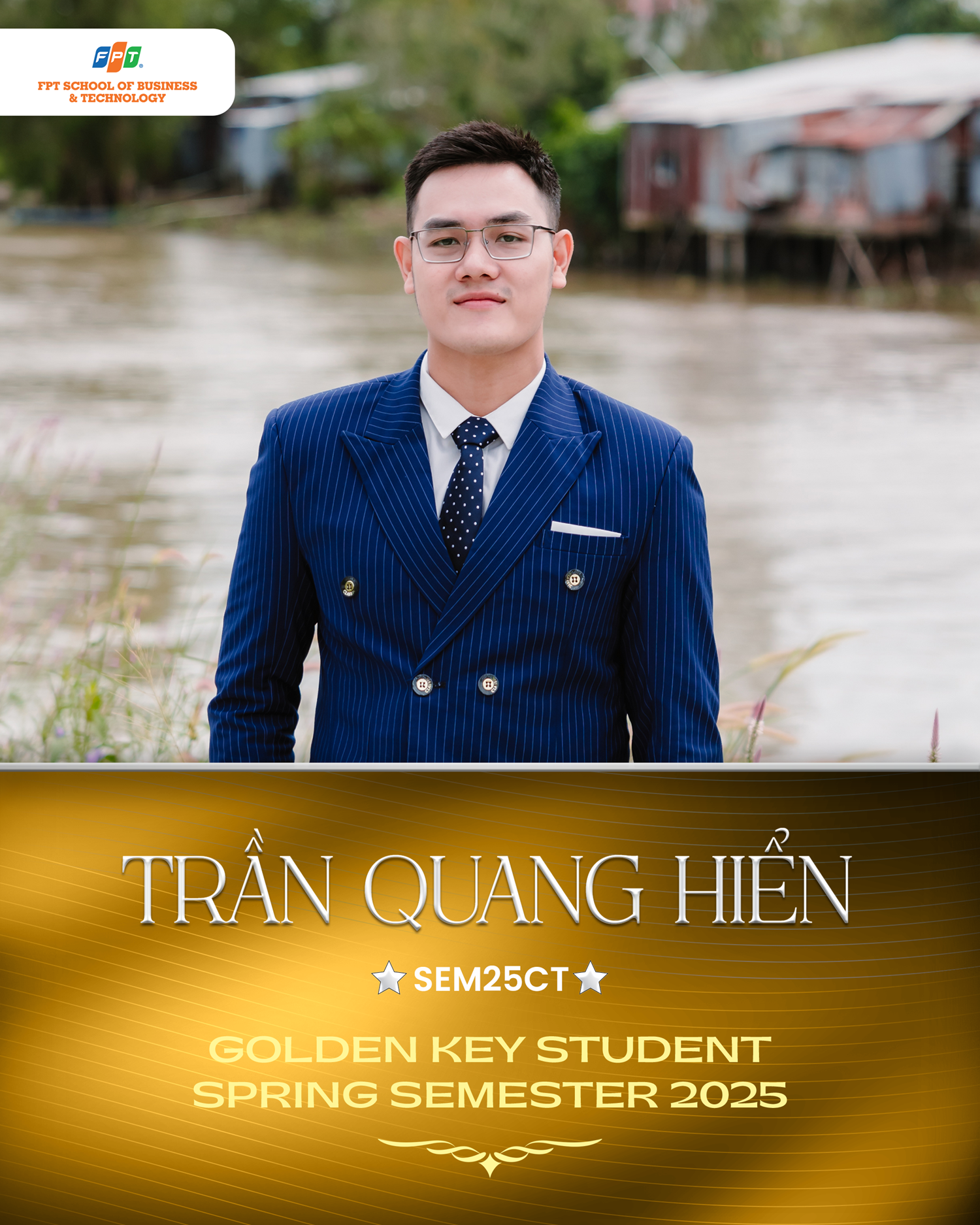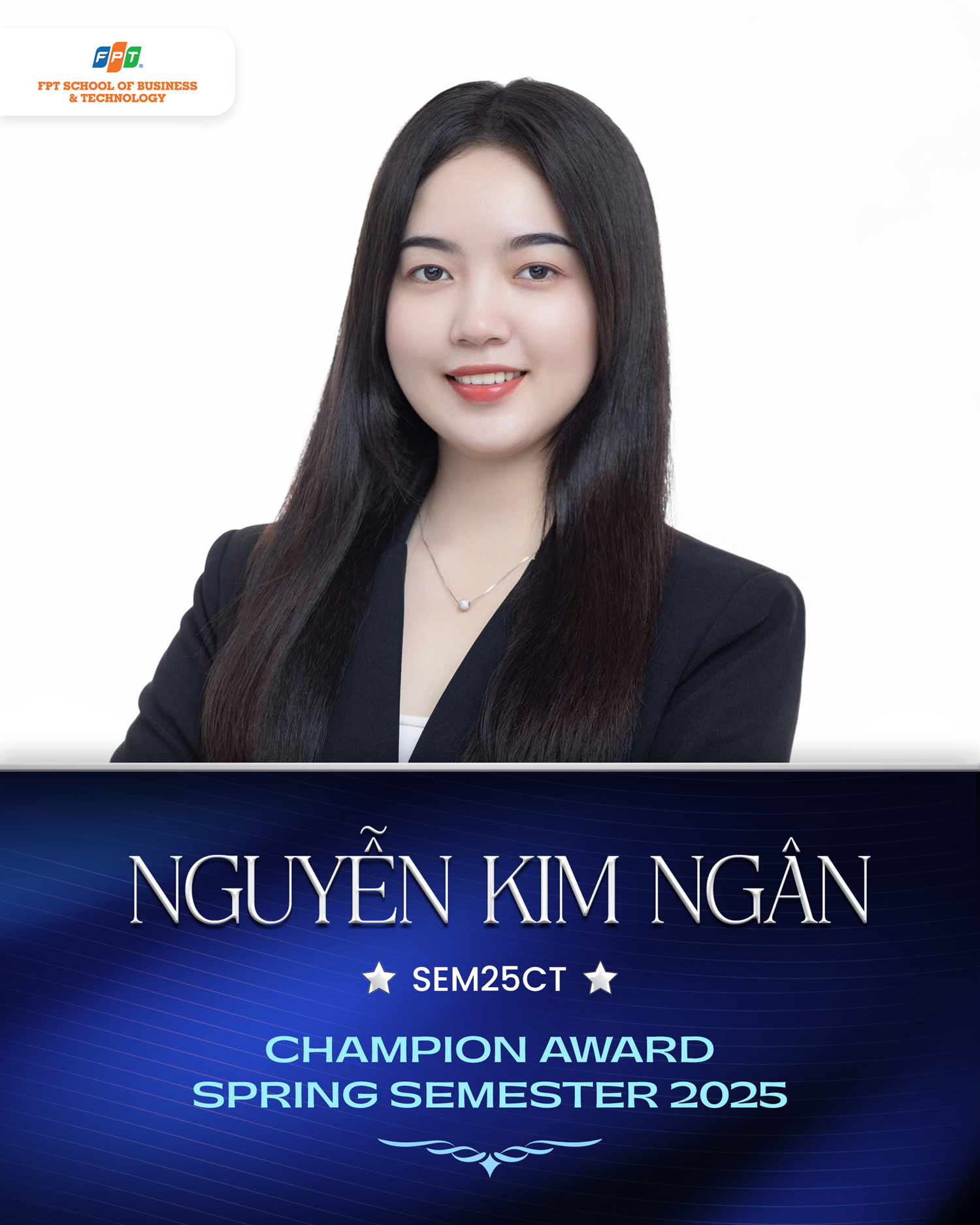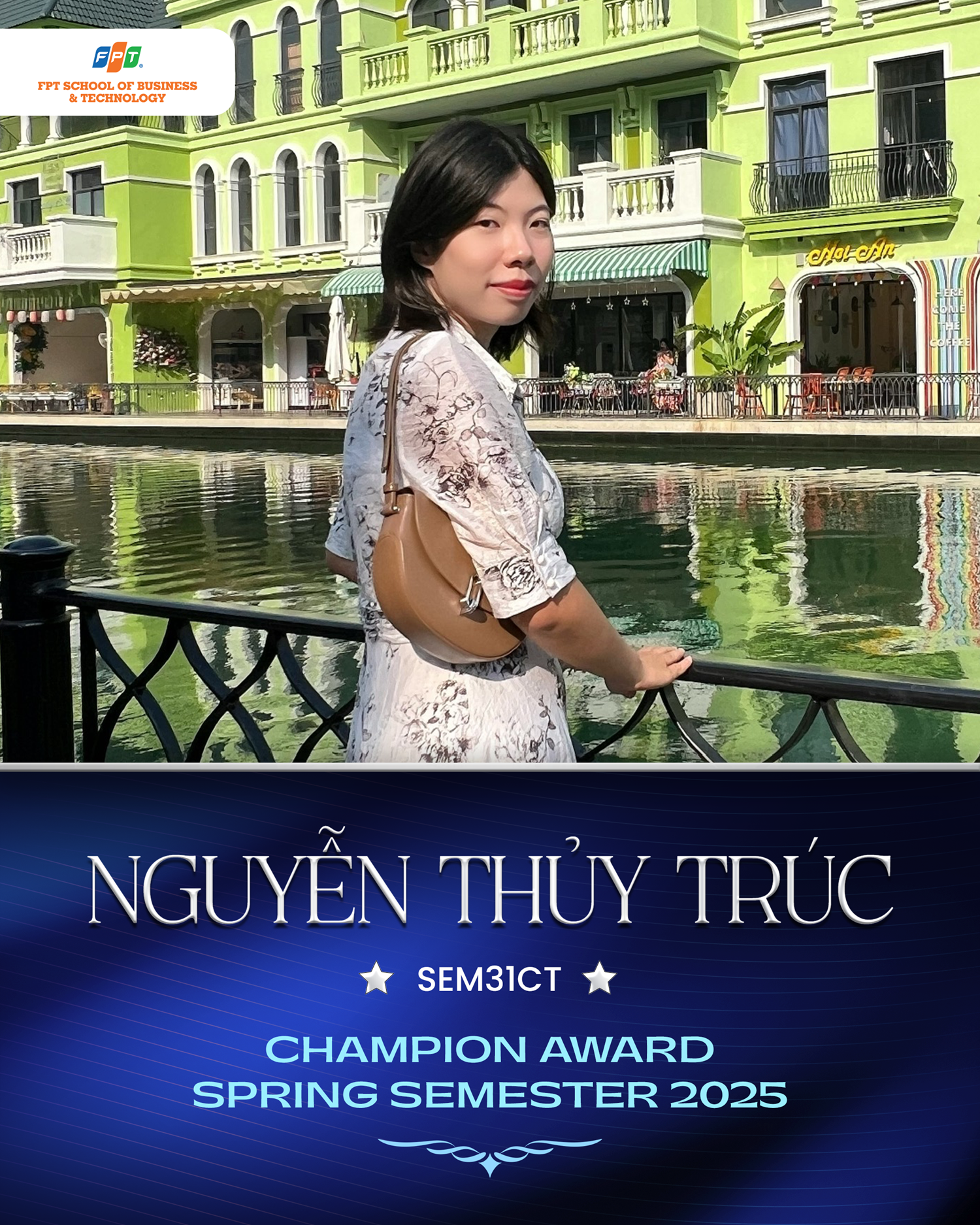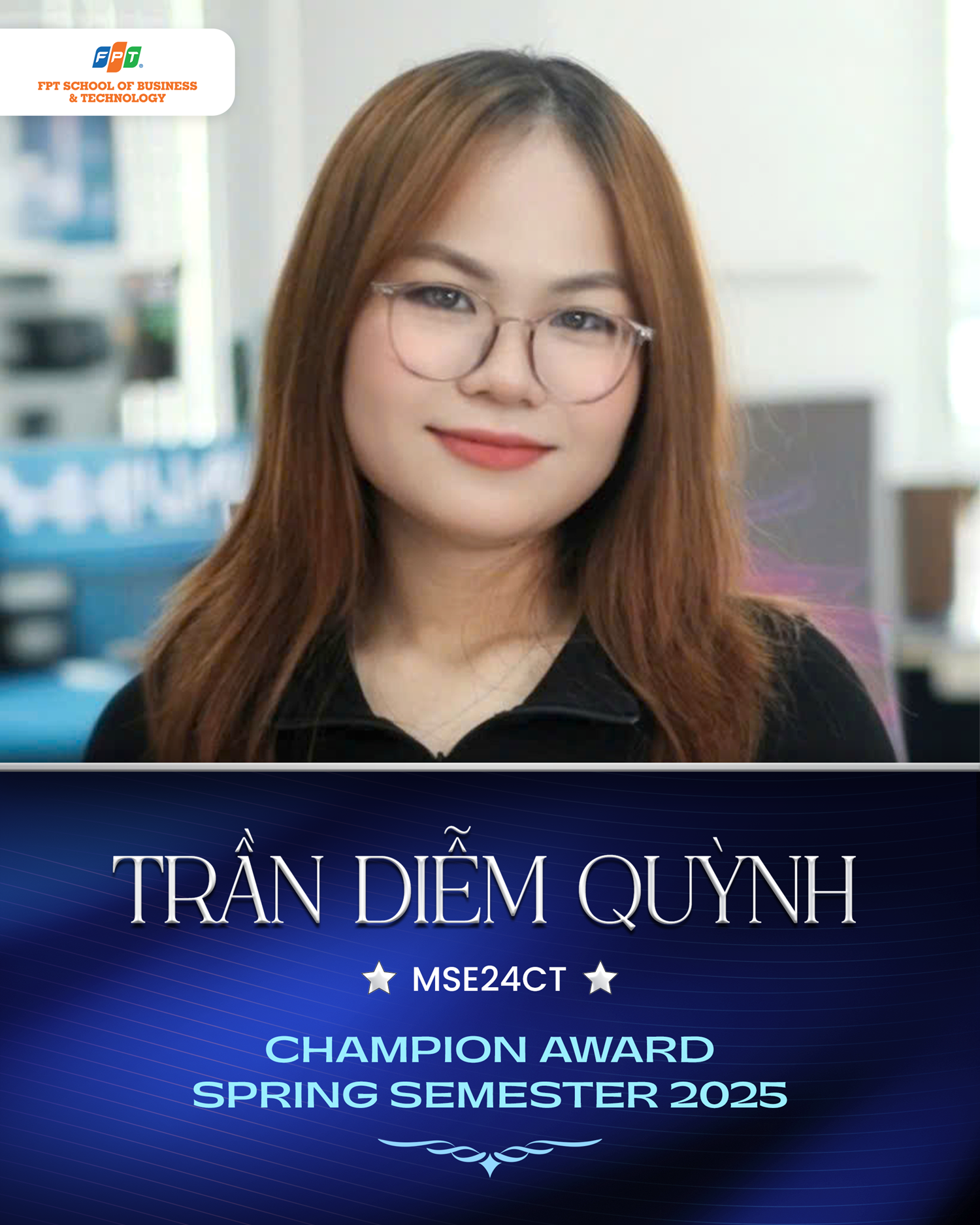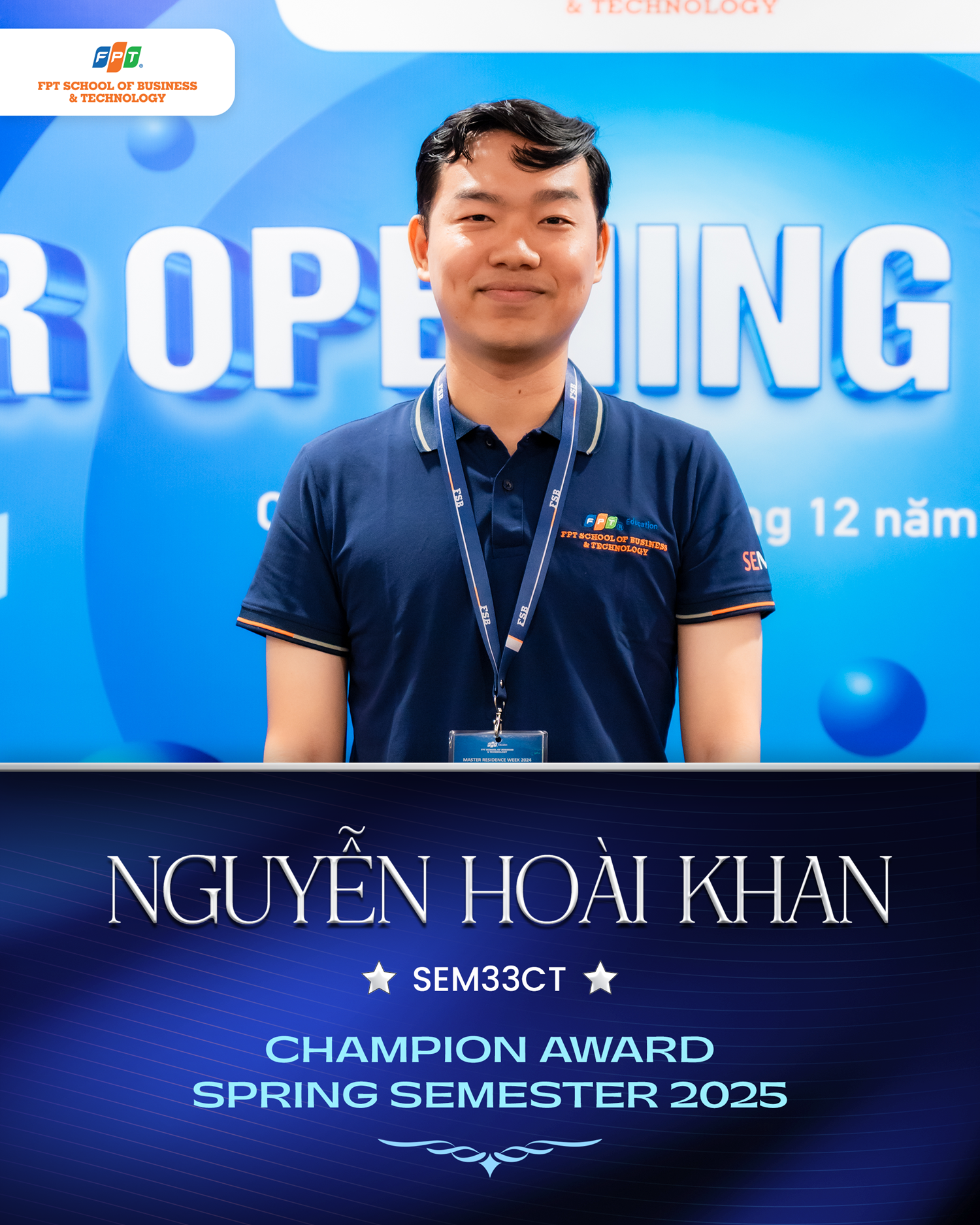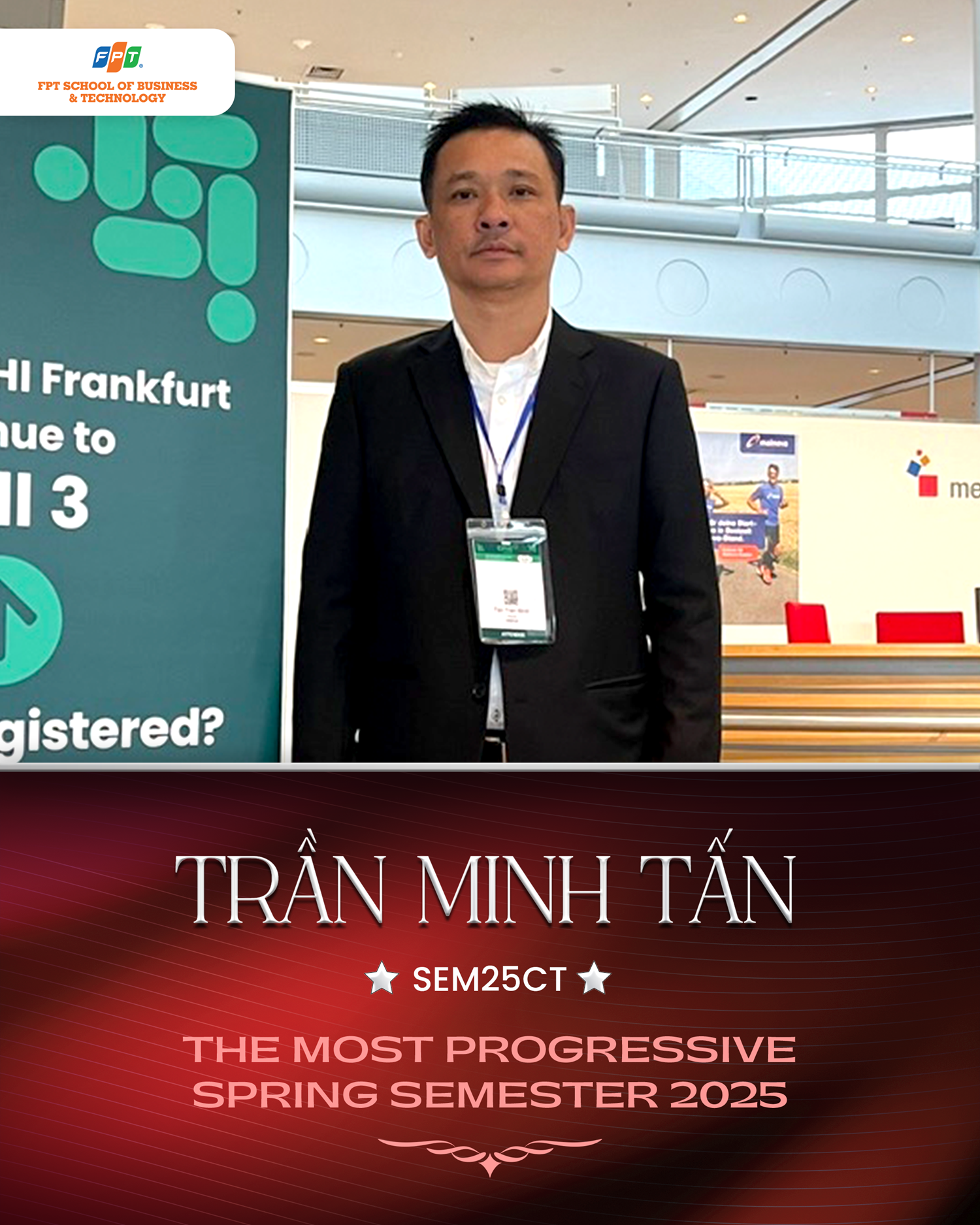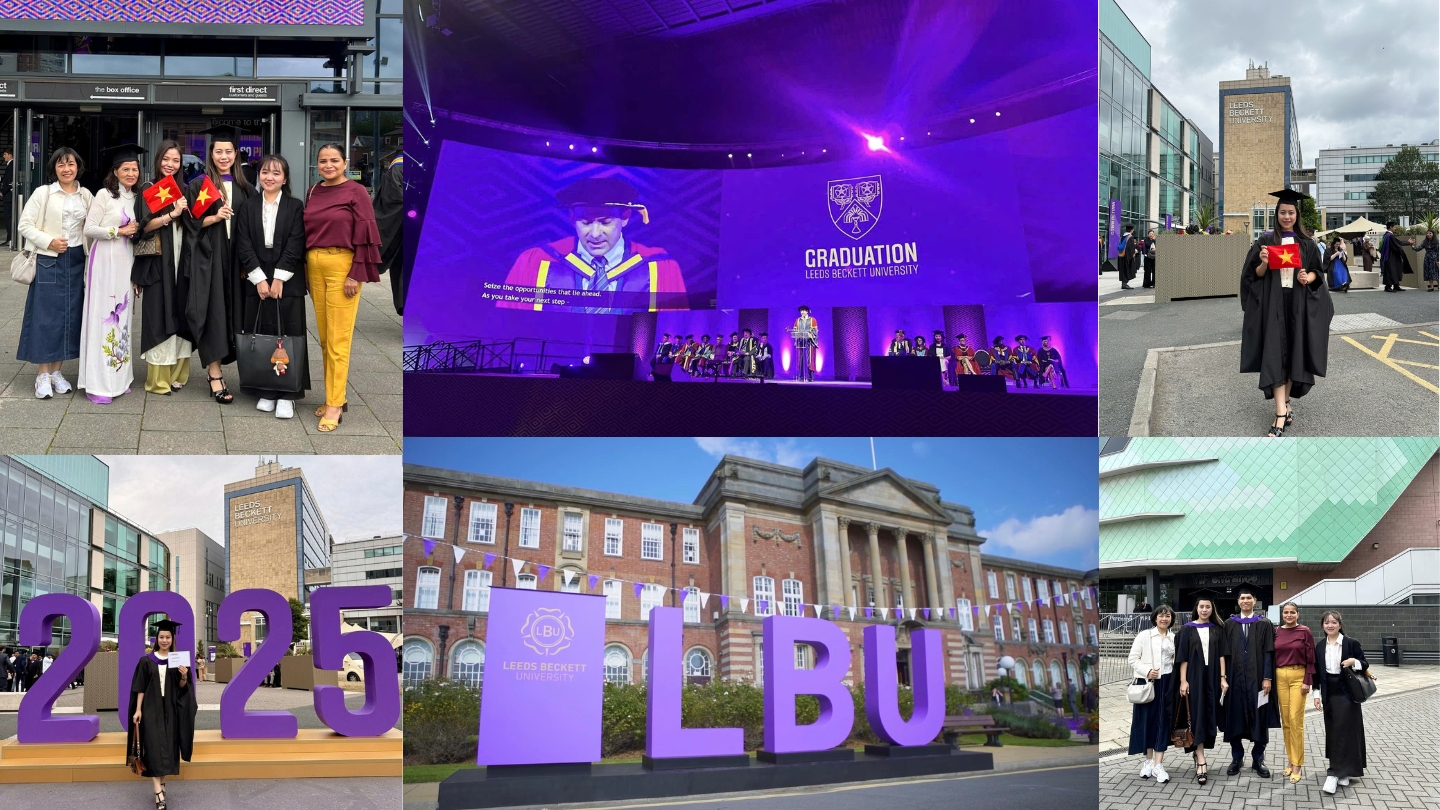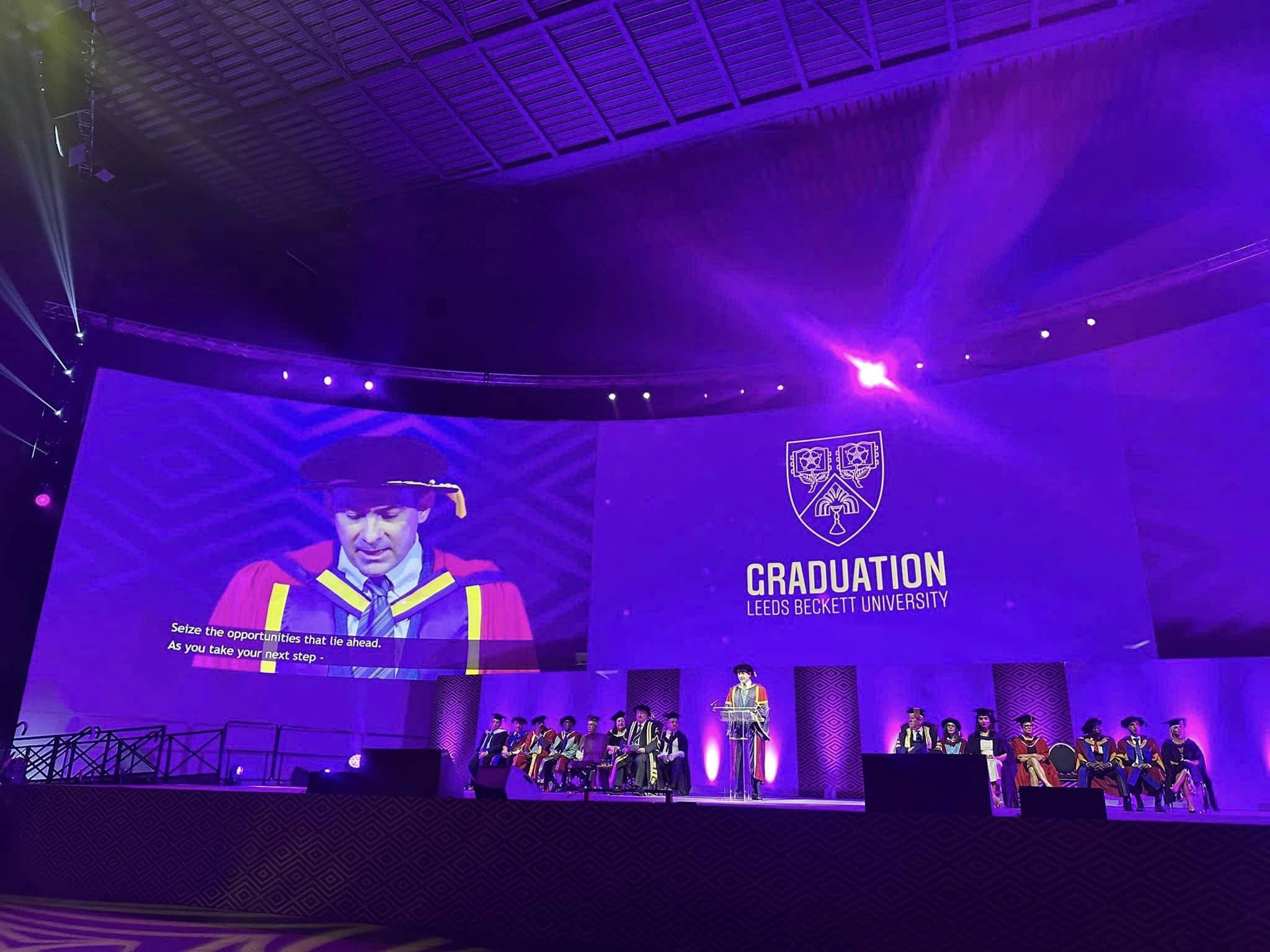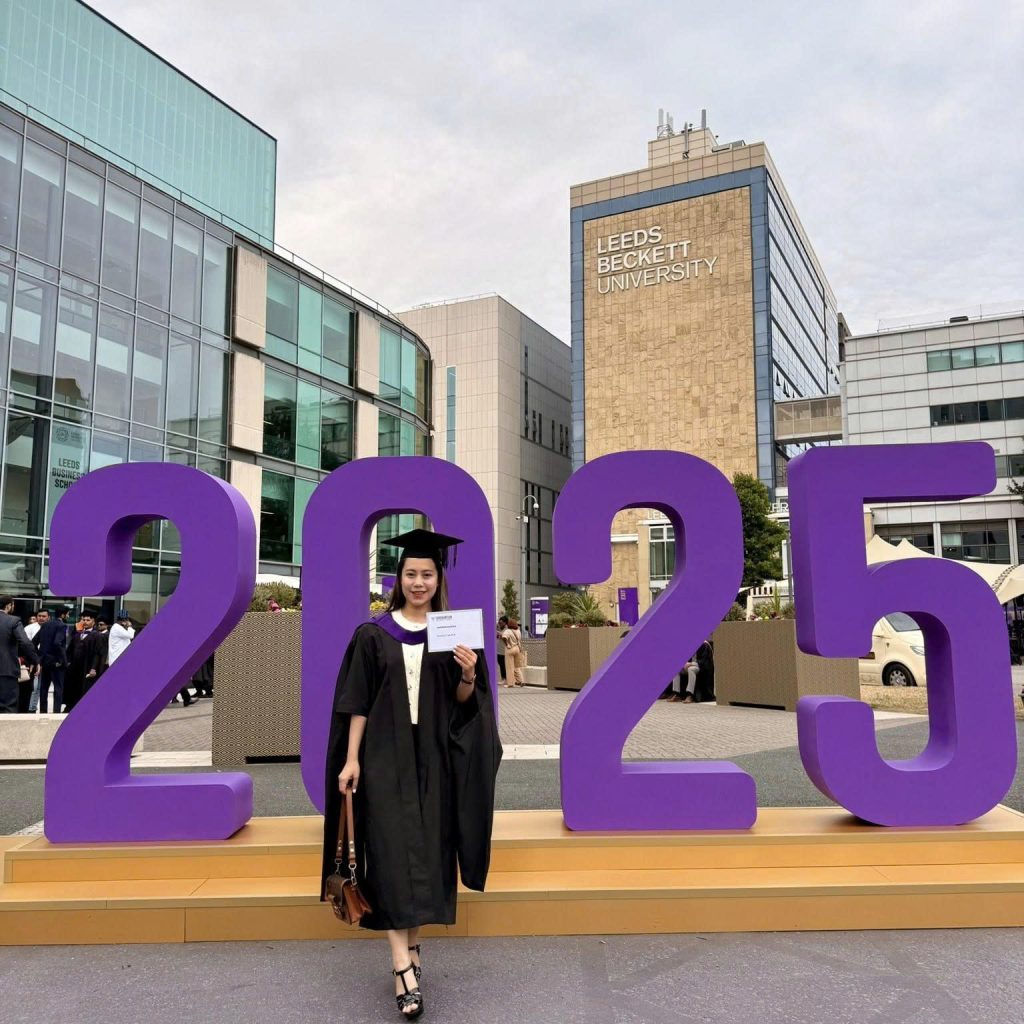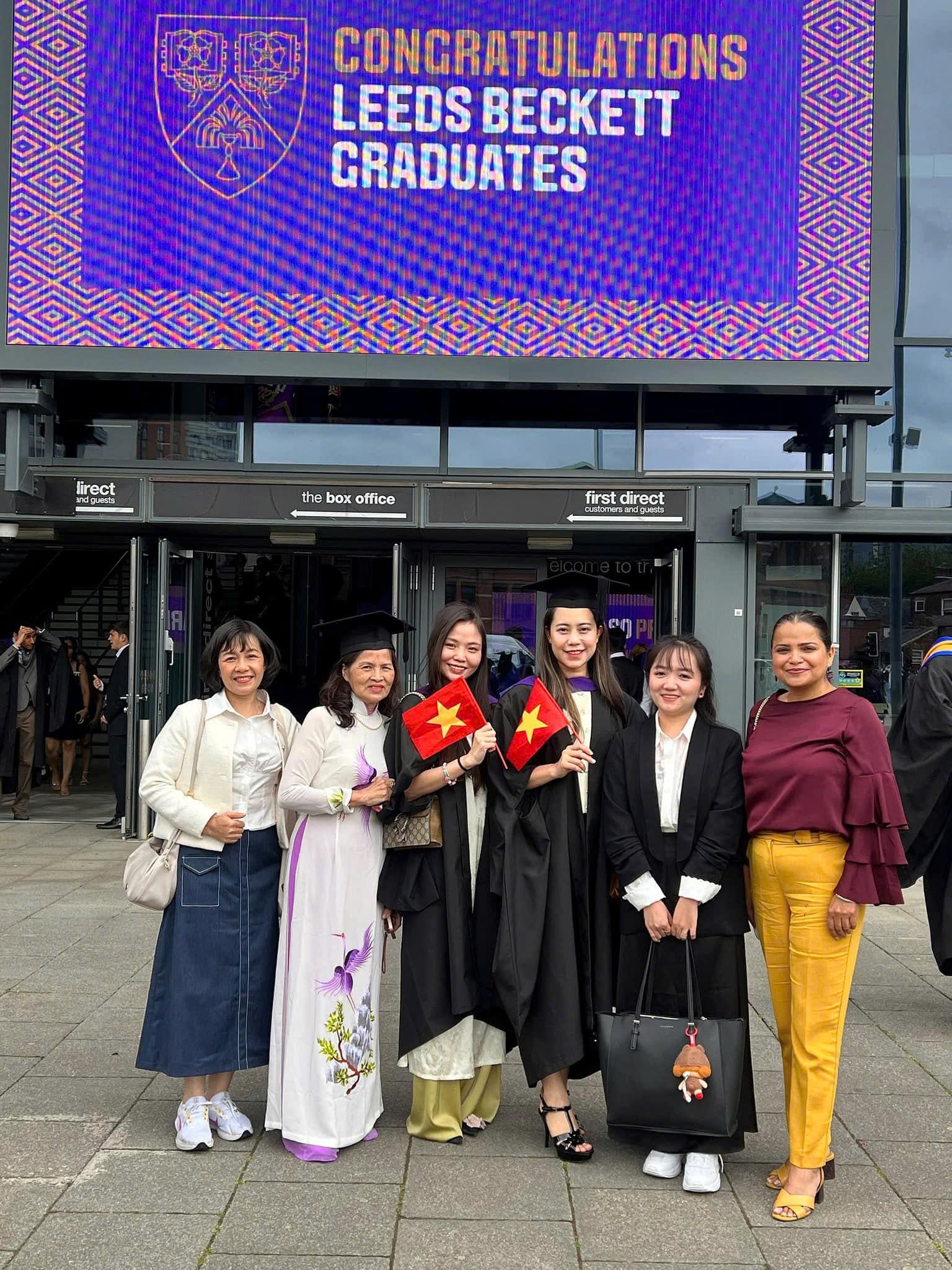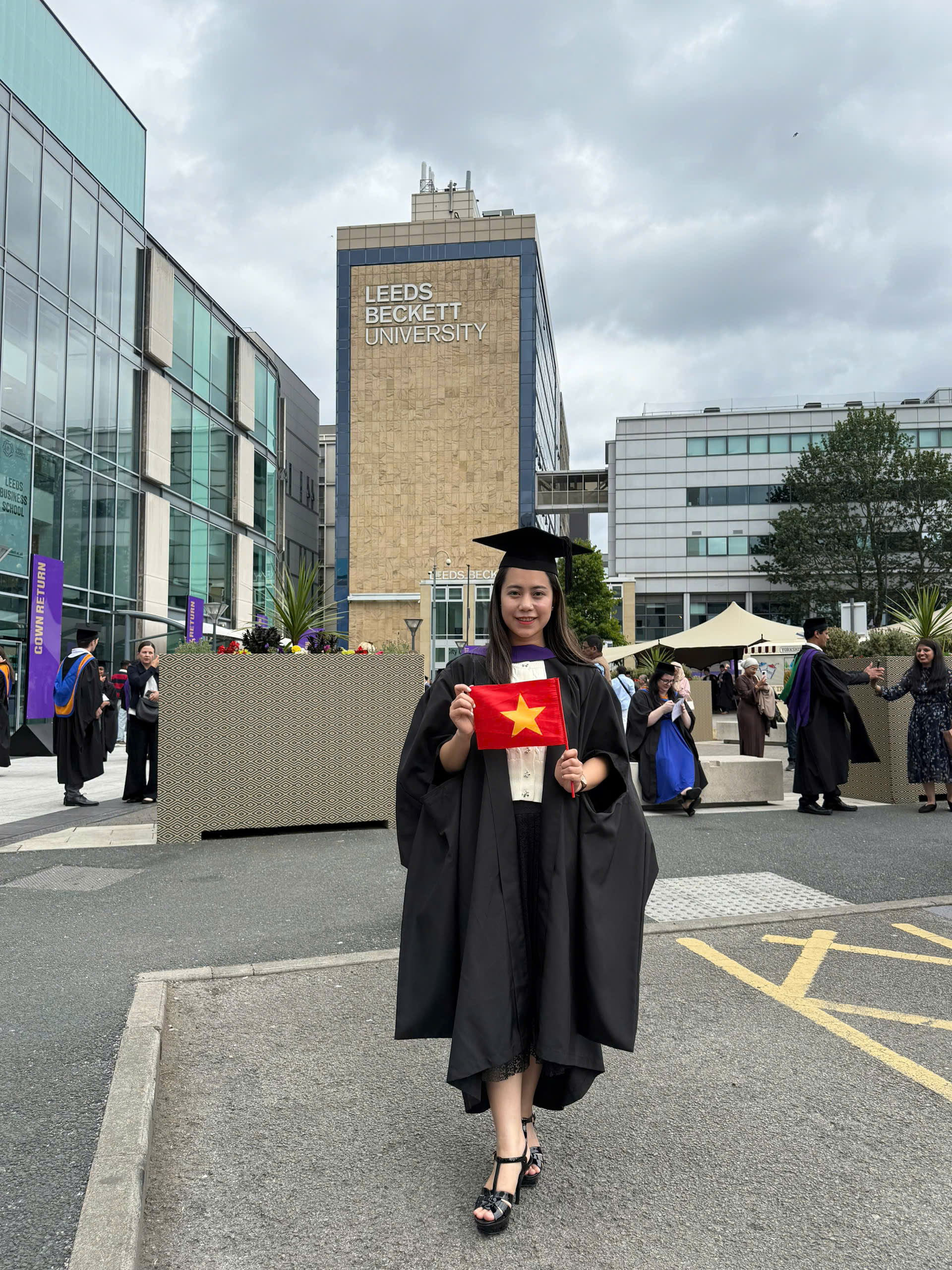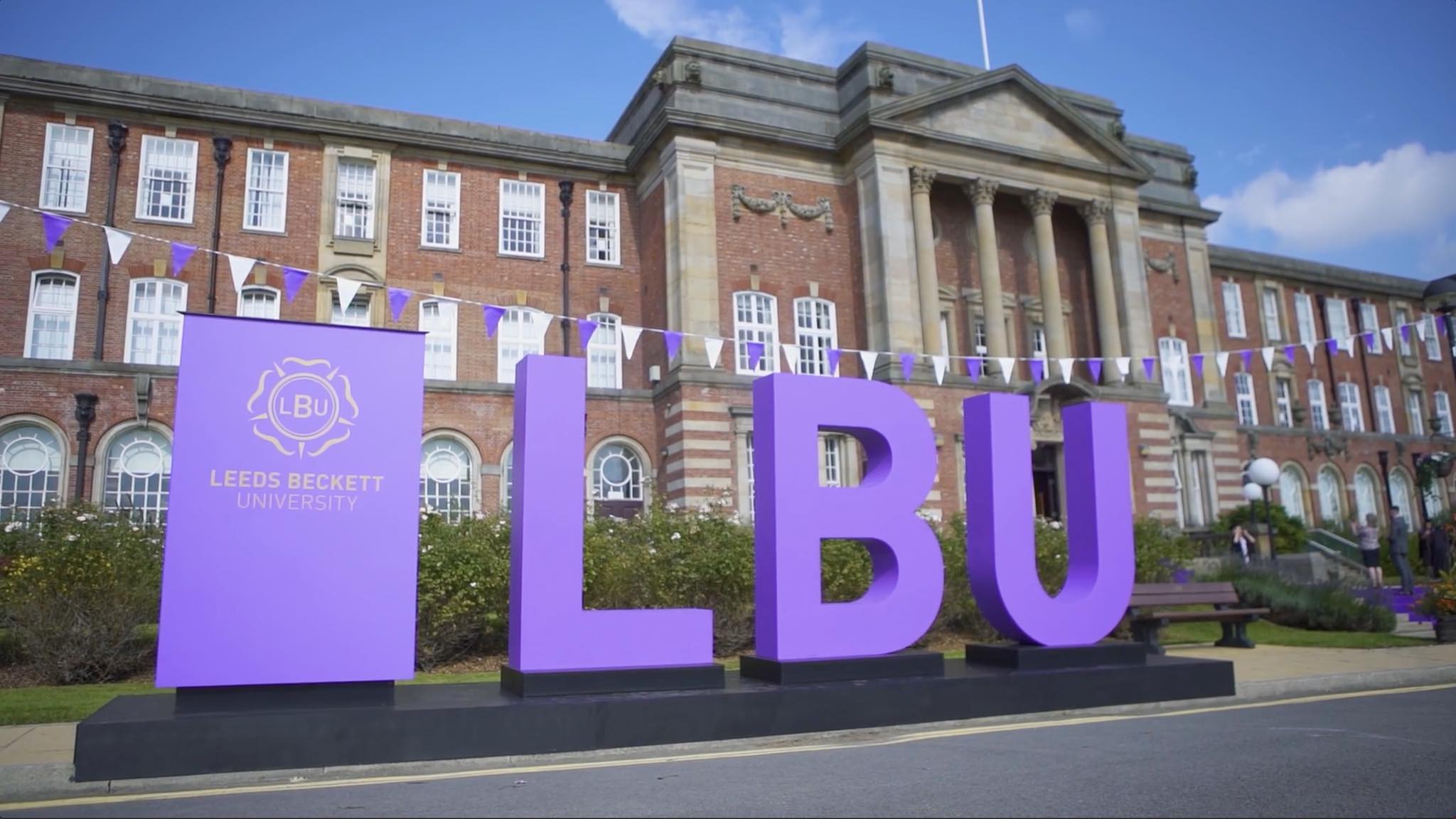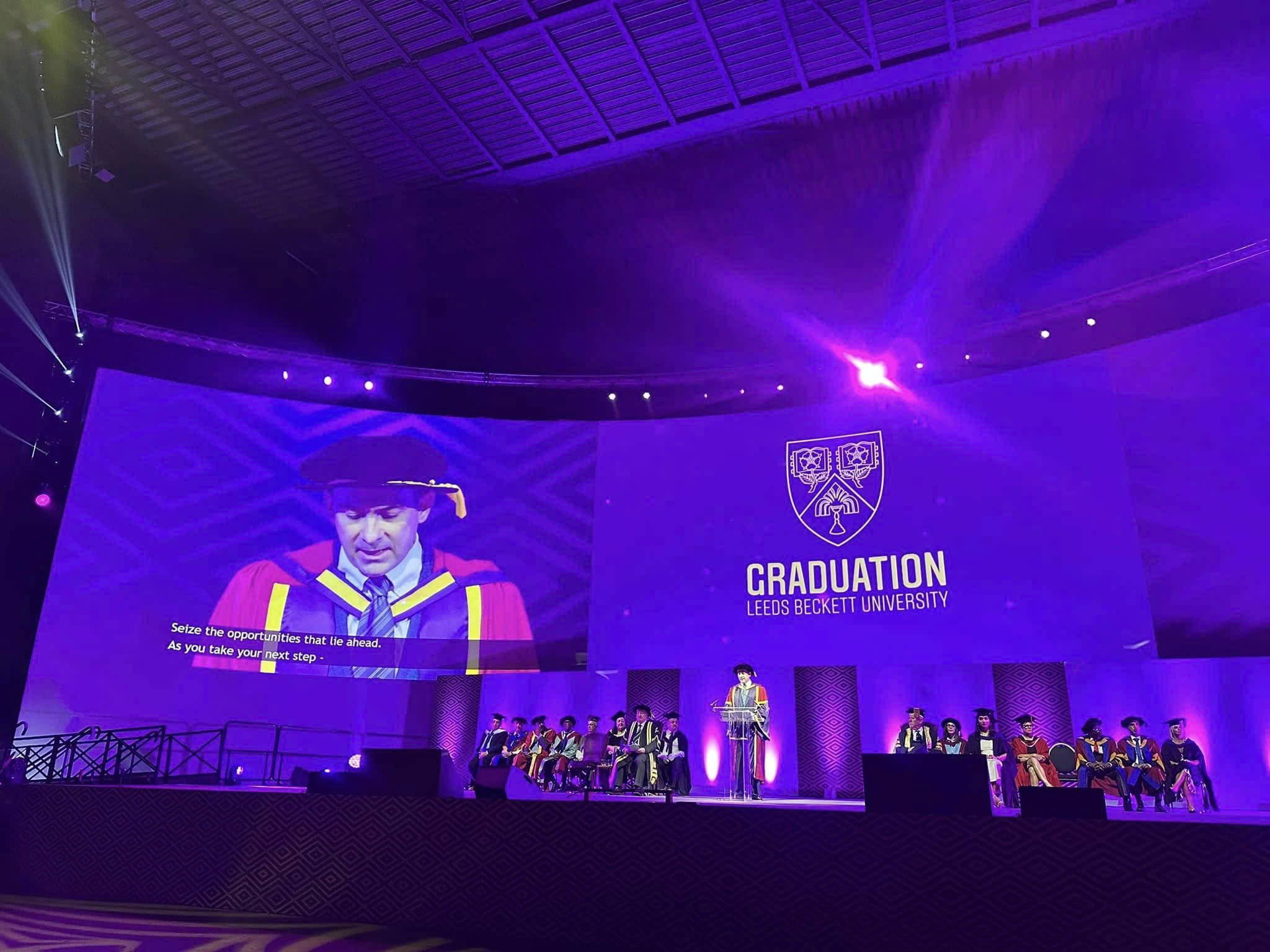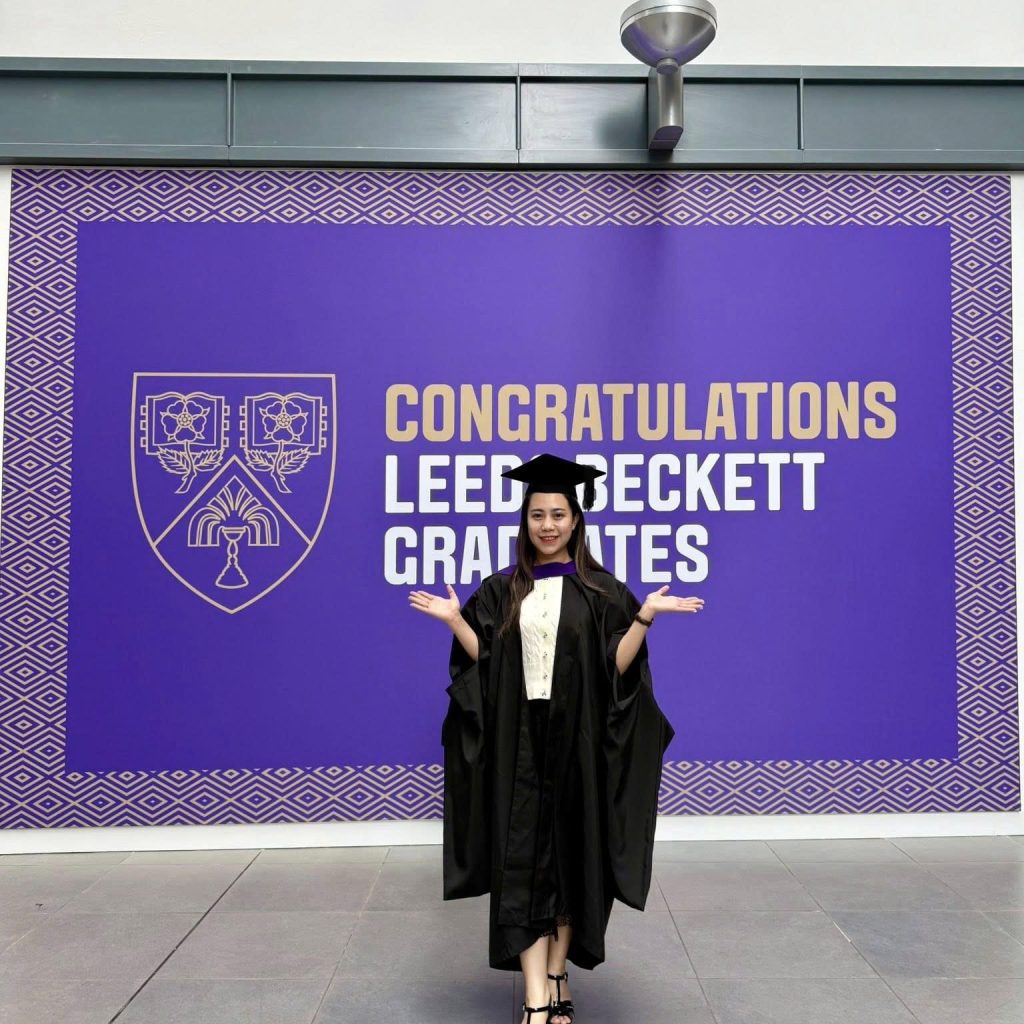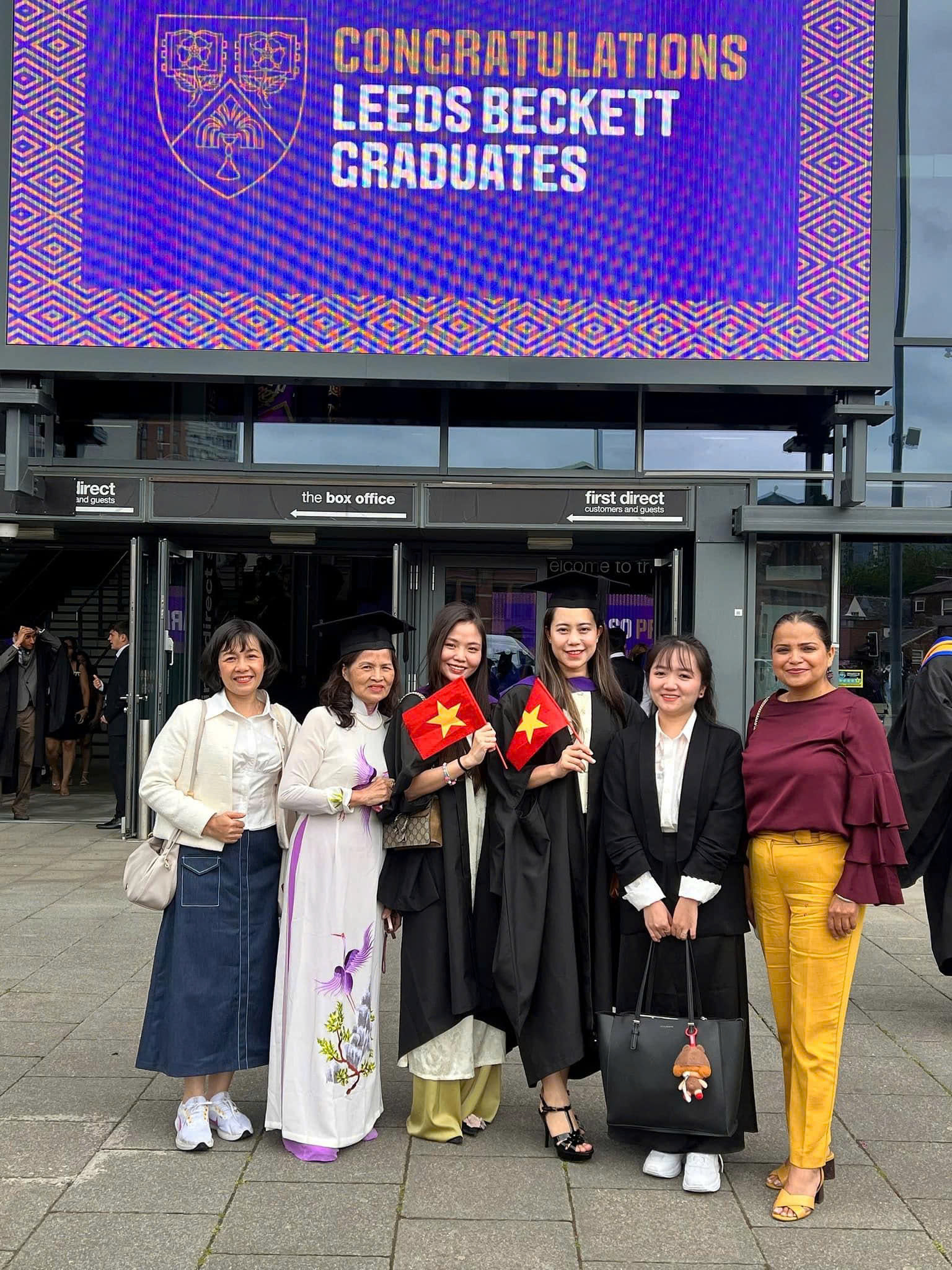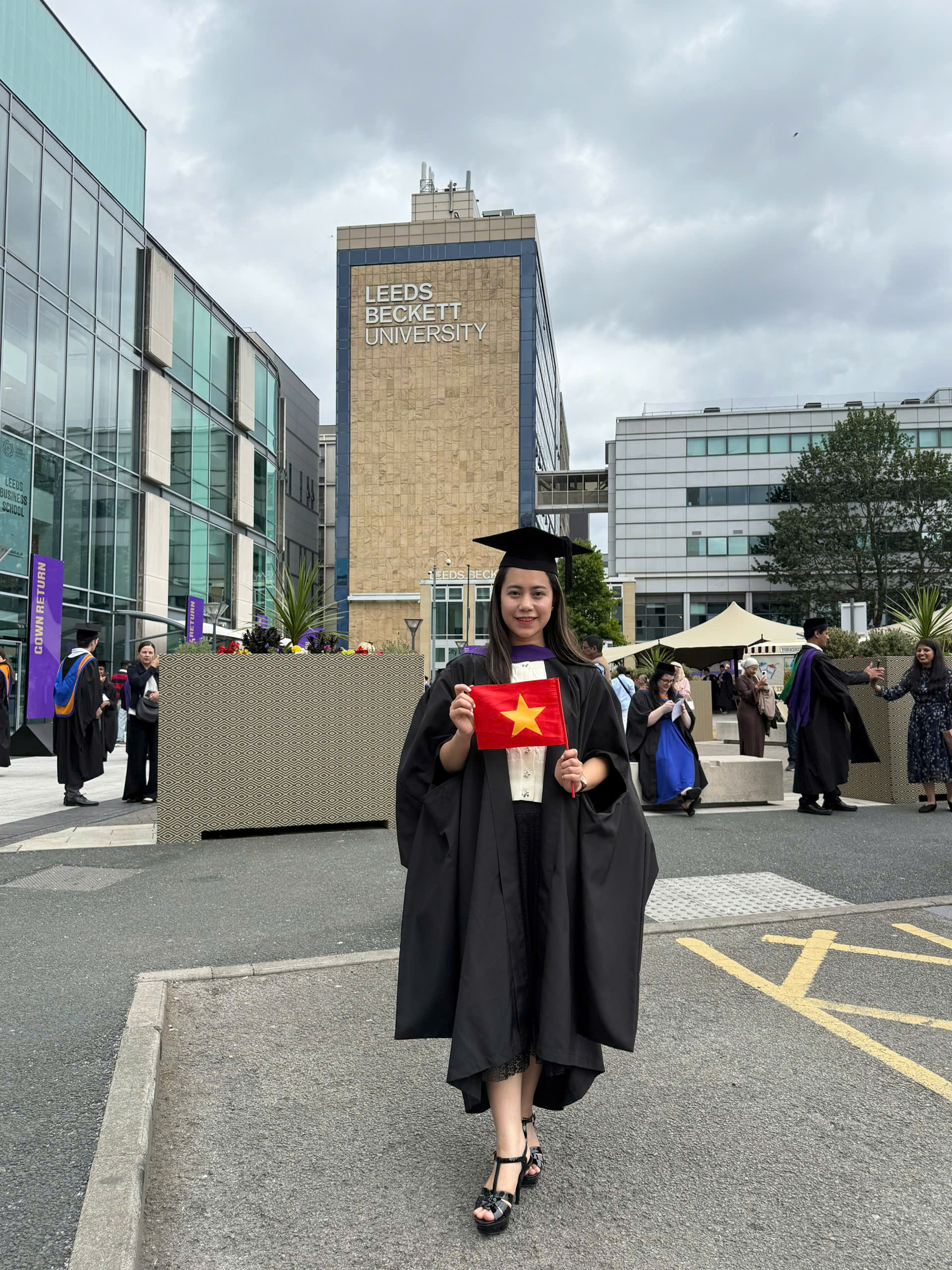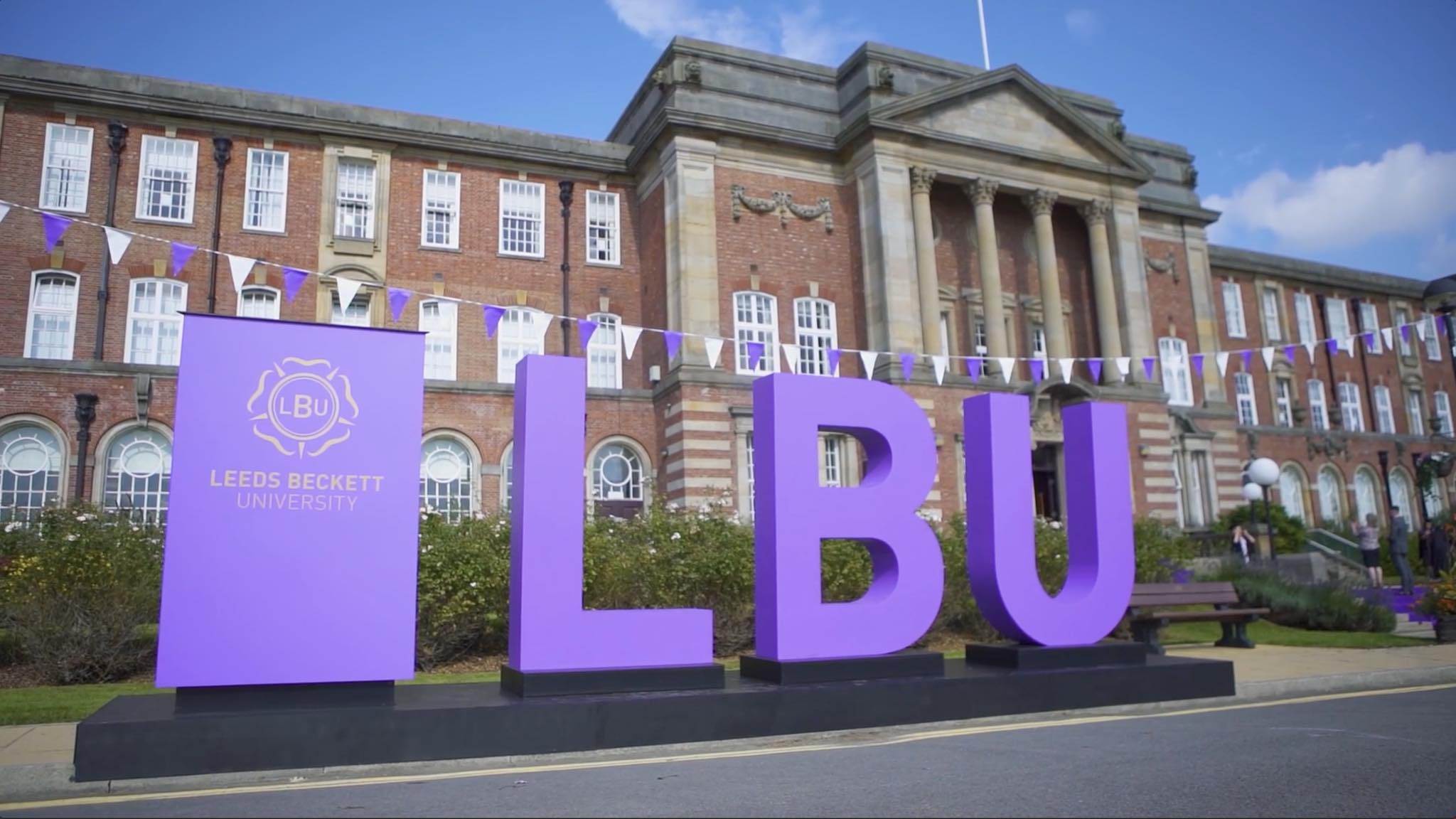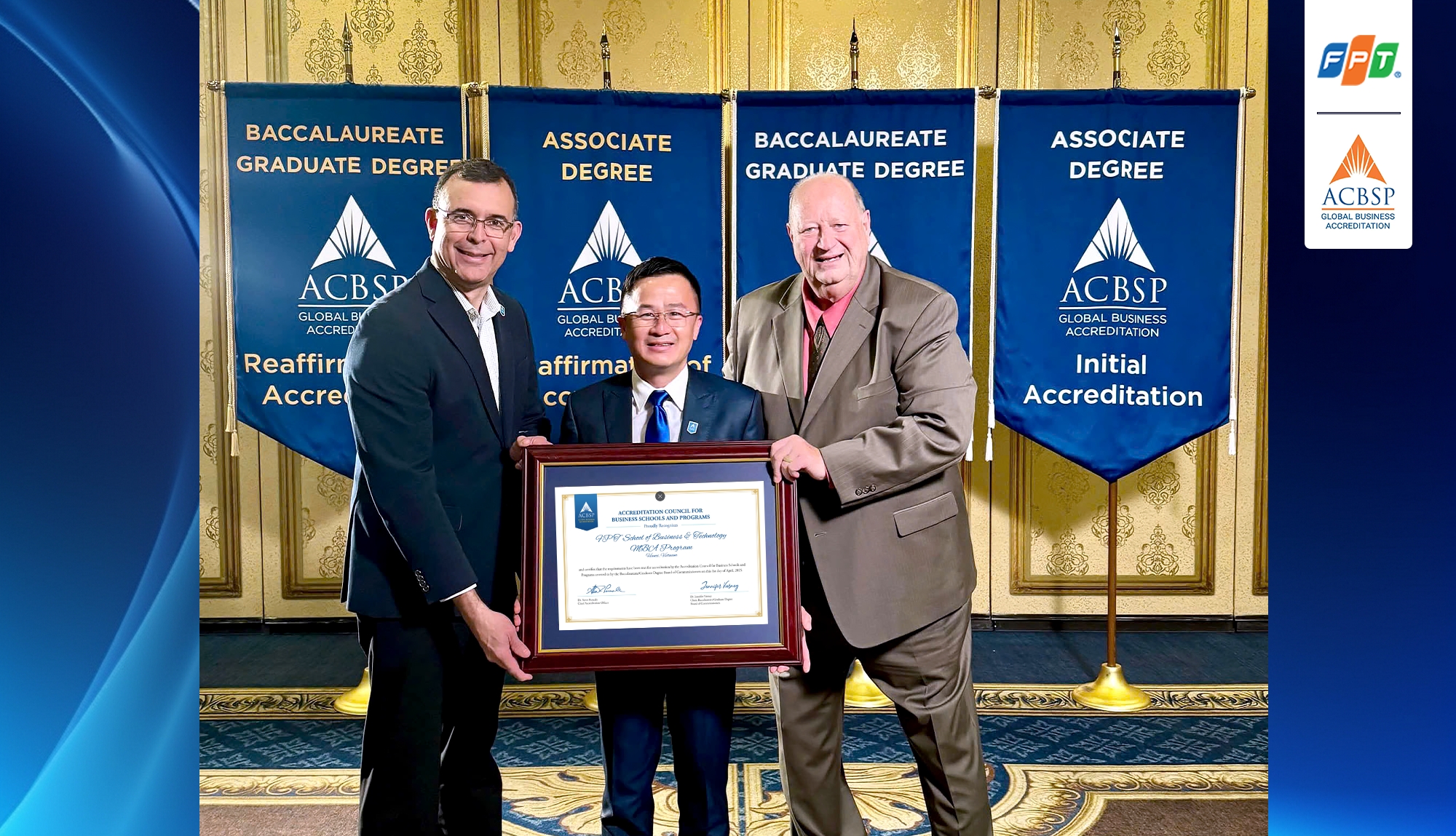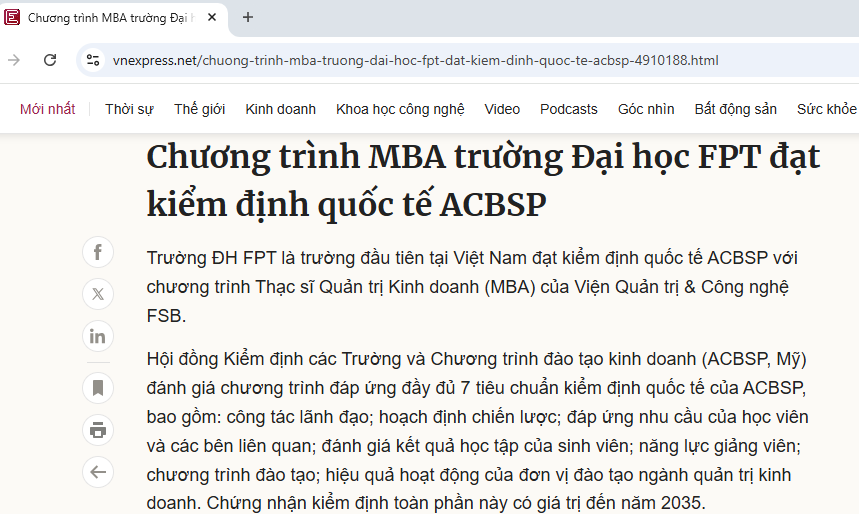Thành công của doanh nghiệp không chỉ đến từ “chạy doanh số” bằng những con số thể hiện hiệu quả công việc mà còn từ khả năng xây dựng đội ngũ nhân sự.
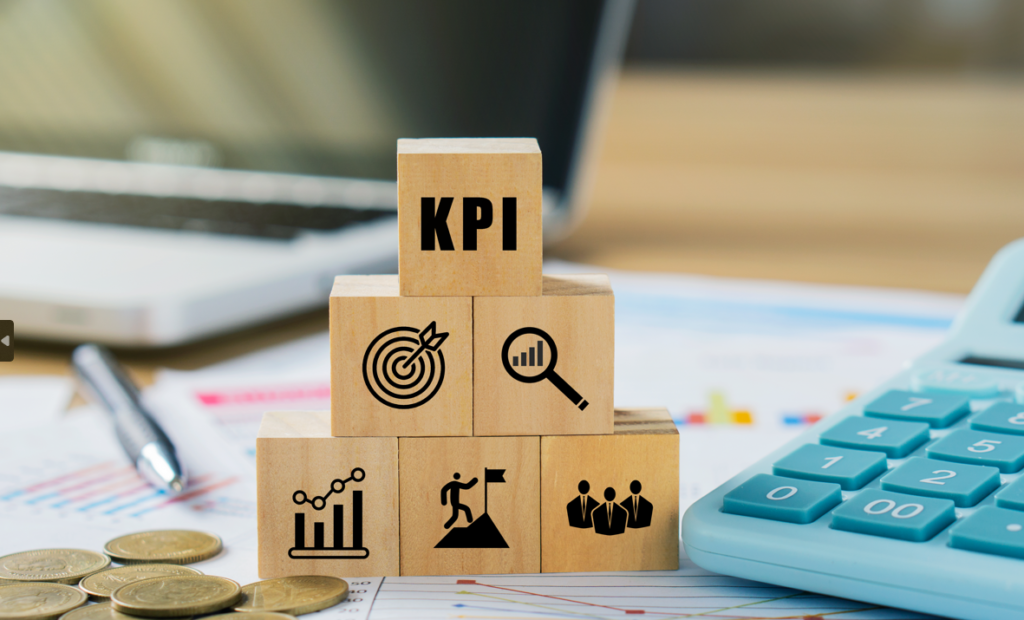
Áp lực từ việc “chạy doanh số”
Trong kỷ nguyên số hóa, Key Performance Indicator (KPI) hay còn gọi là chỉ số đo lường hiệu quả công việc đã trở thành kim chỉ nam trong vận hành và quản trị của hầu hết doanh nghiệp.
KPI giúp doanh nghiệp định hướng mục tiêu, đo lường kết quả một cách minh bạch, thúc đẩy năng suất và tối ưu hiệu quả vận hành. Đặc biệt trong những ngành nghề có mức độ cạnh tranh cao như tài chính, ngân hàng, sản xuất hay bán lẻ, KPI là công cụ không thể thiếu để giữ vững vị thế và tạo đà bứt phá.
Tuy nhiên, trong chính cuộc đua khốc liệt ấy, nhiều doanh nghiệp cũng đang đối mặt với áp lực “chạydoanh số” ngày càng nặng nề. Chỉ tiêu tăng trưởng, doanh thu, lợi nhuận hay thị phần trở thành những con số không thể chậm lại nếu muốn tồn tại và phát triển. Đó không còn là lựa chọn mà là bài toán sinh tồn của doanh nghiệp
Đơn cử như trường hợp của Công ty CP Chứng khoán Kafi (Kafi). Cách đây ba năm, Kafi chỉ là một cái tên nhỏ bé trên thị trường chỉ với 10 nhân sự và vốn điều lệ khiêm tốn 150 tỷ đồng. Hoạt động kinh doanh èo uột, thiếu công nghệ, không có văn hóa doanh nghiệp rõ ràng, thậm chí liên tục thua lỗ.
Thế nhưng, nhờ chiến lược “chạy doanh số” bài bản, lấy hiệu suất và công nghệ làm trung tâm, đến nay Kafi đã bứt phá ngoạn mục với 500 nhân sự, vốn điều lệ tăng lên 5.000 tỷ đồng và lợi nhuận dự kiến đạt 800 tỷ đồng trong năm 2025. Hiện Kafi đang giữ vị trí top 15 thị phần chứng khoán và đặt mục tiêu vào top 10 trong năm nay.
Ông Trịnh Thanh Cần, Tổng giám đốc Kafi cho biết, doanh nghiệp xây dựng chiến lược phát triển trên bốn trụ cột: tầm nhìn dài hạn, chuyển đổi số, minh bạch và tối ưu vận hành. Không thể phủ nhận, thành công của Kafi là minh chứng rõ nét cho việc “chạy số” thông minh có thể tạo nên đột phá.
Tuy nhiên, chính nhà quản trị tại Kafi cũng thừa nhận, “chạy doanh số” không phải là đích đến cuối cùng. Nếu không có chiến lược giữ người, chăm lo đời sống và tinh thần cho nhân viên thì hiệu suất sẽ không bền vững. Không ai có thể chạy mãi với một đội ngũ kiệt sức và mất phương hướng.
Điều đó cho thấy cuộc đua “chạy doanh số” không sai, thậm chí có thể quyết định thành bại của doanh nghiệp hiện đại. Nhưng nếu không kèm theo chiến lược phát triển con người, những con số dù ấn tượng đến đâu cũng khó có thể duy trì bền vững.
Bởi đó cũng chính là mặt trái của cuộc KPI. Khi hiệu quả được đo đếm chỉ qua con số doanh thu, lợi nhuận, tăng trưởng mà thiếu đi những chỉ số “mềm” về sự hài lòng, gắn kết, sáng tạo, năng lực đội ngũ thì cái giá phải trả có thể rất đắt.
Những thành công nhất thời có thể dẫn đến khủng hoảng nhân sự, sụt giảm tinh thần và mất phương hướng dài hạn.
Chiến thuật cân bằng giữa KPI và con người
Muốn tận dụng tốt KPI mà không bị mặt trái của nó gây tổn thương, doanh nghiệp cần hướng tới một mô hình quản trị hiệu suất bền vững, trong đó con người là trung tâm và số liệu là công cụ.
Khác với những doanh nghiệp chỉ chạy đua theo chỉ số, Công ty CP xây dựng và thương mại TTT (TTT), doanh nghiệp nội thất với 33 năm tuổi đã thành công nhờ triết lý quản trị “không có siêu nhân, chỉ có hệ thống và con người”.
Ông Trần Minh Tâm, Chủ tịch HĐQT TTT cho biết, chú trọng xây dựng quy trình vận hành linh hoạt với phương châm “không ai là người không thể thay thế”. Bản thân nhà lãnh đạo cũng phải đặt trọng tâm vào việc gắn kết đội ngũ đa dạng từ kiến trúc sư, kỹ sư cho tới công nhân, để mỗi người đều cảm thấy giá trị và có động lực cống hiến. Còn KPI được sử dụng như một công cụ đo lường tiến trình, chứ không phải thanh gươm treo lơ lửng trên đầu nhân viên.
“TTT hiểu rõ rằng mọi con số dù tối ưu đến đâu cũng chỉ là công cụ, con người mới là trung tâm tạo ra giá trị. Đó là lý do vì sao TTT có thể vận hành hiệu quả mà không ai là không thể thay thế, kể cả người đứng đầu”, ông Tâm cho biết.
Bài học từ TTT cũng là kim chỉ nam cho những doanh nghiệp trẻ hiệu suất và con người không thể tách rời. Chỉ khi doanh nghiệp tạo ra một môi trường nuôi dưỡng nhân sự, lắng nghe và phát triển đội ngũ, thì hiệu suất mới trở thành kết quả tự nhiên và bền vững.
Vậy làm thế nào để dung hòa giữa “giữ người” và “chạy doanh số”? Các chuyên gia phân tích cho biết doanh nghiệp cần xây dựng 3 chiến thuật cốt lõi: KPI thông minh (SMART) nhưng phải gắn với giá trị con người bởi KPI không thể chỉ là doanh thu hay lợi nhuận mà cần bổ sung các chỉ số về hài lòng nhân viên, phát triển năng lực, sáng tạo, chất lượng công việc.
Truyền thông rõ ràng mục tiêu và ý nghĩa của KPI để đội ngũ nhân viên hiểu rằng đây là công cụ hỗ trợ, không phải gánh nặng. Đầu tư vào đào tạo và phát triển nhân sự song song với áp dụng công nghệ số hóa để vừa chạy số hiệu quả, vừa giữ người và nuôi dưỡng động lực.
Kinh nghiệm từ Kafi và TTT cho thấy, không có lựa chọn giữa “giữ người” hay “chạy doanh số”. Muốn chạy số hiệu quả, doanh nghiệp phải giữ được người tốt. Muốn giữ người, cần tạo động lực bằng hiệu quả công việc, cơ hội phát triển và sự tôn trọng giá trị cá nhân.
Doanh nghiệp thời số hóa chỉ có thể bứt phá nếu biết dung hòa giữa hiệu suất và nhân văn, giữa tốc độ và sự bền vững. Bởi thành công không chỉ đo bằng con số mà còn bằng khả năng kiến tạo một hệ sinh thái gắn kết, nơi mỗi con người đều được phát triển, cống hiến và đồng hành lâu dài cùng tổ chức.
Nguồn: TheLeader

